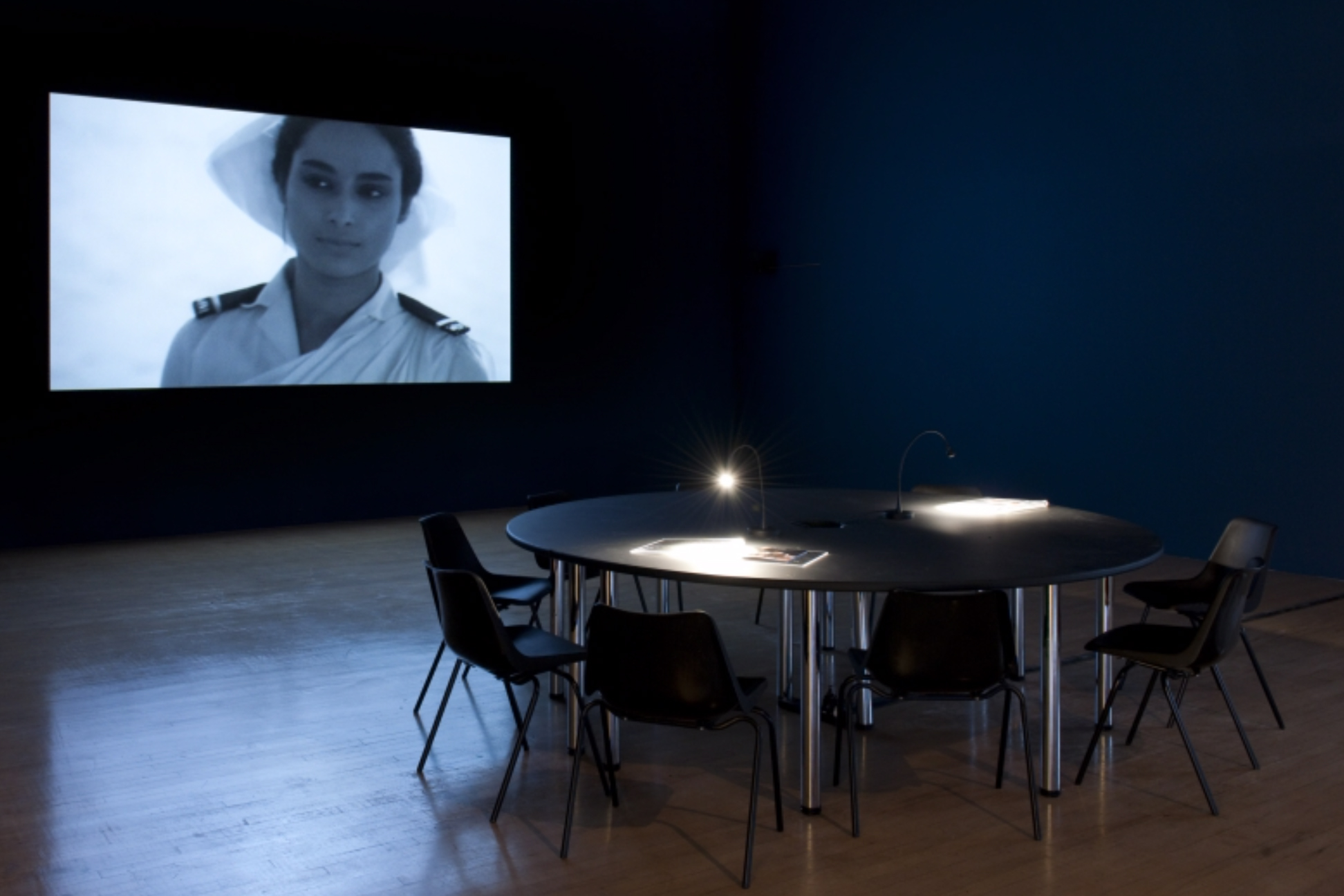

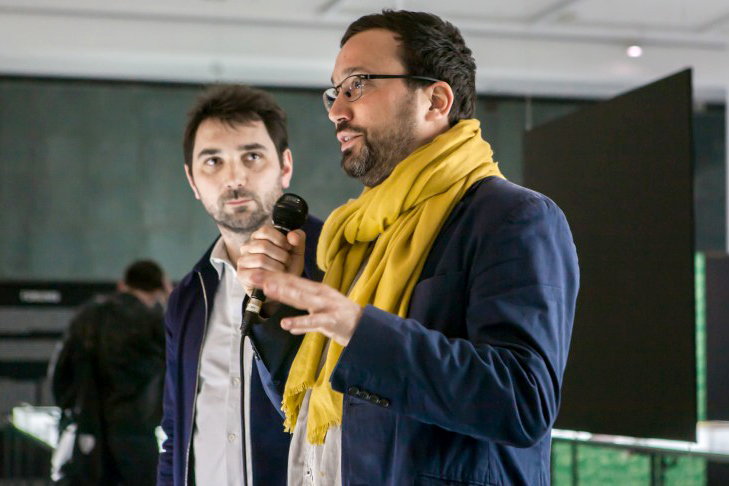
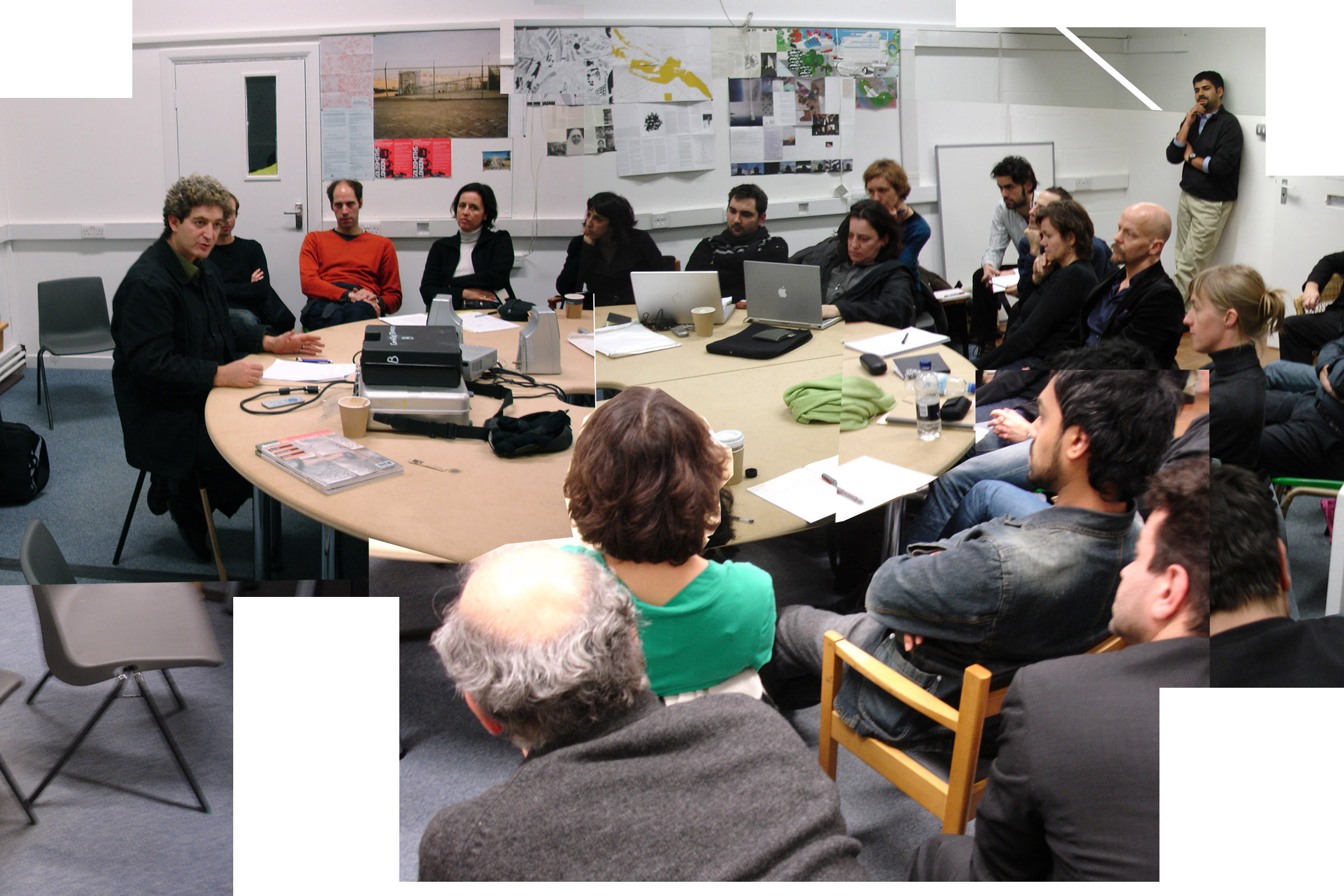
History
The Centre emerged out of an urgent necessity to open an alternative to, perhaps even a refuge from, architectural education constrained by a limiting conception of its practice and by the way its pedagogy was organised. Instead, it aimed to enable spatial practitioners to think of their skills and sensibilities as a field of knowledge: to regard architecture as structuring ways of seeing and to use spatial intelligence as a mode of understanding that could intervene in the world in multiple ways.
As an intellectual project, the Centre grew out of the interactions of different trajectories and patterns of thought, which started coalescing around the turn of the millennium. In the beginning of the 2000s, spatial and architectural theory started engaging with different practices and fields from art and curating to documentary film as well as post-colonial theory, sociology, visual and cultural studies. At the same time, current events shifted the focus of architectural pedagogy away from charting rapid processes of urbanisation in megalopolises, to understanding the urban dimension of the neo-colonial wars that erupted in Palestine, Iraq, and Afghanistan as well as the hyper-securitisation of cities in the global north. These events also called for a more hard-edged combination of political activism and investigative spatial practices. Our assumption was that such a transformation could not be achieved within existing academic structures but required the creation of a new field. This in turn would also necessitate the re-configuration of existing pedagogical frameworks capable of questioning the very ways that knowledge is produced, organised, and shared.
The Centre for Research Architecture is now a community that includes a practice-led PhD programme, two MA studios (Research and Forensic Architecture) and a research agency in Forensic Architecture. The PhD programme began in 2005 as a peer-to-peer learning experiment. At the time, a PhD in architecture was generally conceptualised as a degree in architectural history akin to the traditions of art history. We took the pedagogical skeleton of a PhD and operationalised it as a mode of practical inquiry. A group of colleagues – artists, curators, architects, filmmakers, editors, lawyers, and activists joined the experiment. We constructed a large round wooden table and placed it at the centre of our studio space where it still stands today. At one point the MAs transformed it with black chalkboard paint and so over the years this table has become the centrifugal force of our encounters and a diagram of our relations.
The first generation – or what we called Roundtable One – established the tone, foundational culture, sets of interests, and techniques that continue to define our work: architecture, documentary practices, conflict, territoriality, borders, environmental transformations, as well as the practice and critique of human rights alongside new modes of activism. We sought to augment critical theory or “critique” with the technical and aesthetic practice that is needed to assemble facts. Probing politics’ inner workings required suspicion of the authority of established truths and a peeling away of the layers of representation and mediation that organise such claims. We now had an operative theory, something akin to the Maoist conception of auto-critique that we could use to interrogate our own position as ‘architects’. Ours was a critical practice — but with the valence of “critical” suggesting something vital and dynamic rather than pointing to something as problematic.
The second phase of the transformation of the field of architecture was through Forensis. A new generation of students had now joined the Centre, and it was with them that we started discussing the theory and practice of “investigative aesthetics”. And it was here that Forensic Architecture emerged as an interaction between a group of peers who took the proposition of spatial practices into different directions yet again — into law, media, acoustics, ecology, infrastructures, and climate justice. At some point, a challenge became apparent: “why are we talking about forensics? Let’s just do it;” and we did it by forming a forensic agency. We started slowly but soon realised that we were onto something. Some of our most meaningful achievements took place in our first year: we helped a lawyer, use the “rights of nature” to stop the construction of a small section of the wall in Palestine, succeeded in banning the use of white phorous as an incendiary airborne weapon, brought global attention to drone strike victims in Pakistan, and investigated the death of migrants at sea. Ever since the Centre for Research Architecture and the Forensic Architecture agency have collaborated, developing synergies around the technologies and theories of what we call counter-forensics, whilst working together to try and formulate innovative methods for attending to the frictions between aesthetic and investigative modes of practice.
— Eyal Weizman, January 2021
Read about how “Research Architecture is Redefining Art” in the Guardian here
Learn more about our MA & PhD Programmes
The MA programme is for suitably qualified graduates from a range of disciplines wishing to pursue studio-based spatial research in the context of theoretical work. The PhD programme is aimed at spatial practitioners who would like to develop long-span practice-based research projects. The encompassing aim of research at both levels is to explore new possibilities generated by the extended field of architecture.
Centre For Research Architecture | Department of Visual Cultures | Goldsmiths, University of London | New Cross SE14 6NW
cra@gold.ac.uk
The Centre for Research Architecture’s overall pedagogical approach is conceived as a “roundtable” where the encounter of learning is structured non-hierarchically “around” ideas and research that are literally put forward onto the table for discussion. During the autumn, winter, and spring terms, two-day-long seminars are organised as Roundtable discussions of PhD research projects. Each of these Roundtables is supplemented by invited guests who bring relevant scholarly knowledge or practices into the Centre. Student and guest presentations, along with assigned readings, provide the common conceptual ground for discussion of work and ideas at the CRA.
Roundtable History:
Roundtable History:
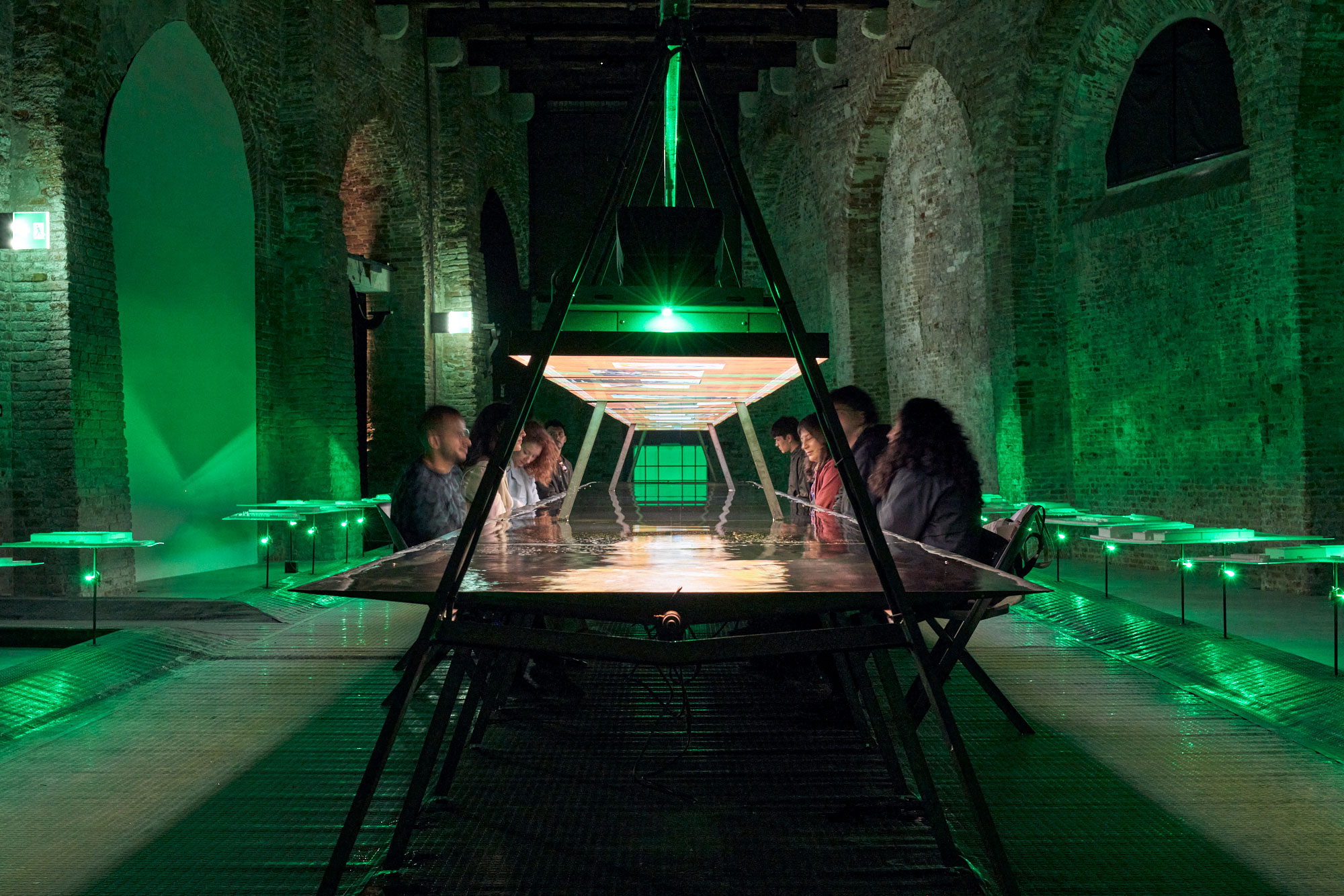
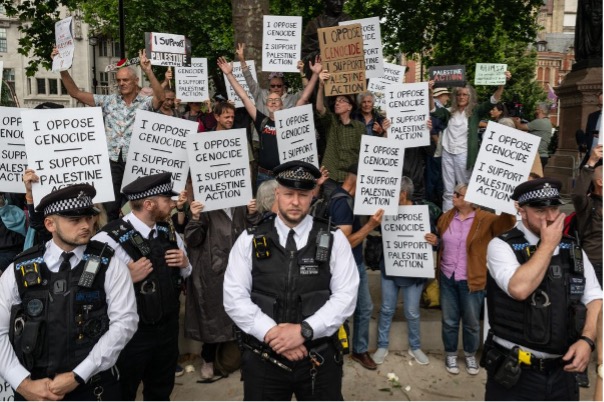
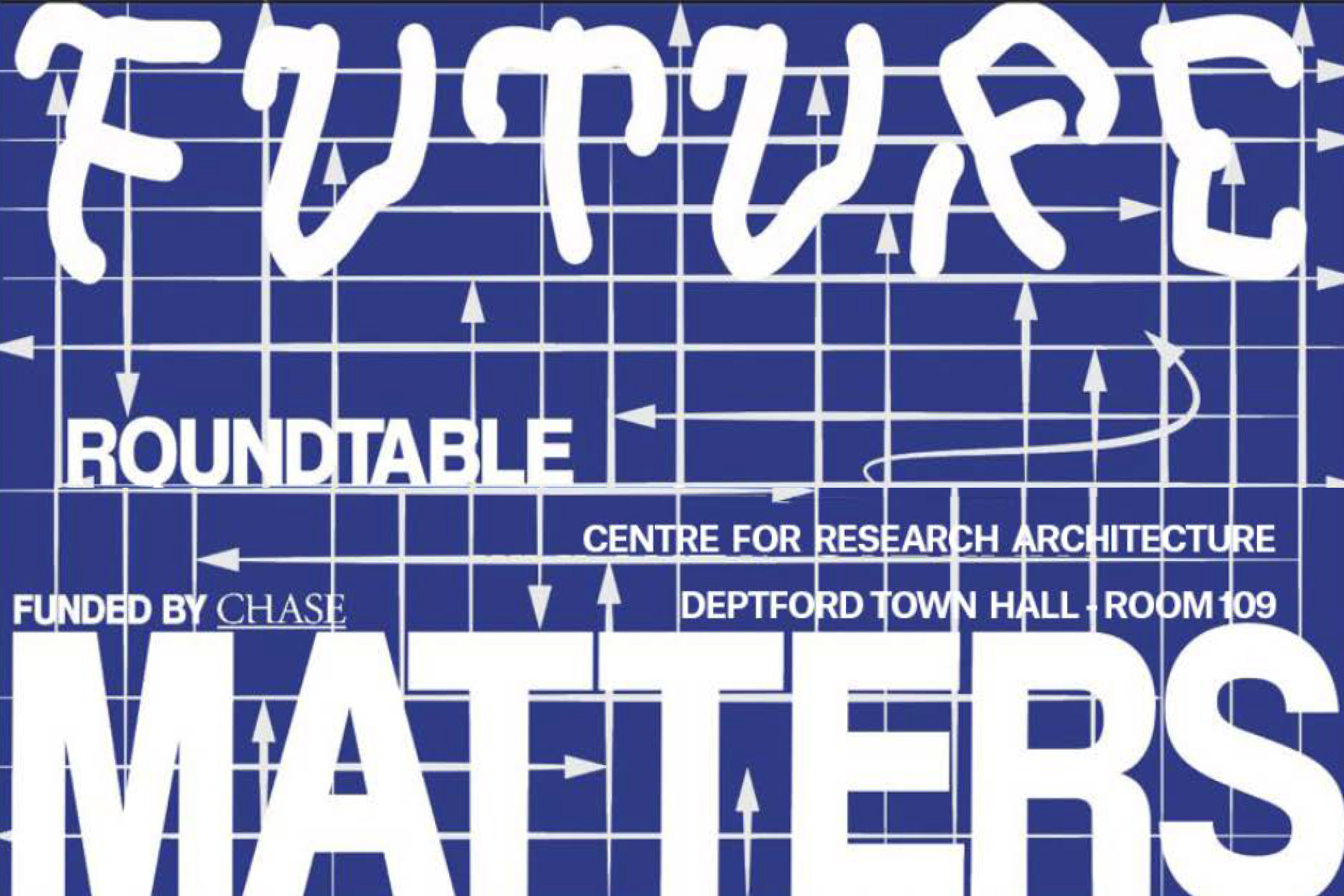
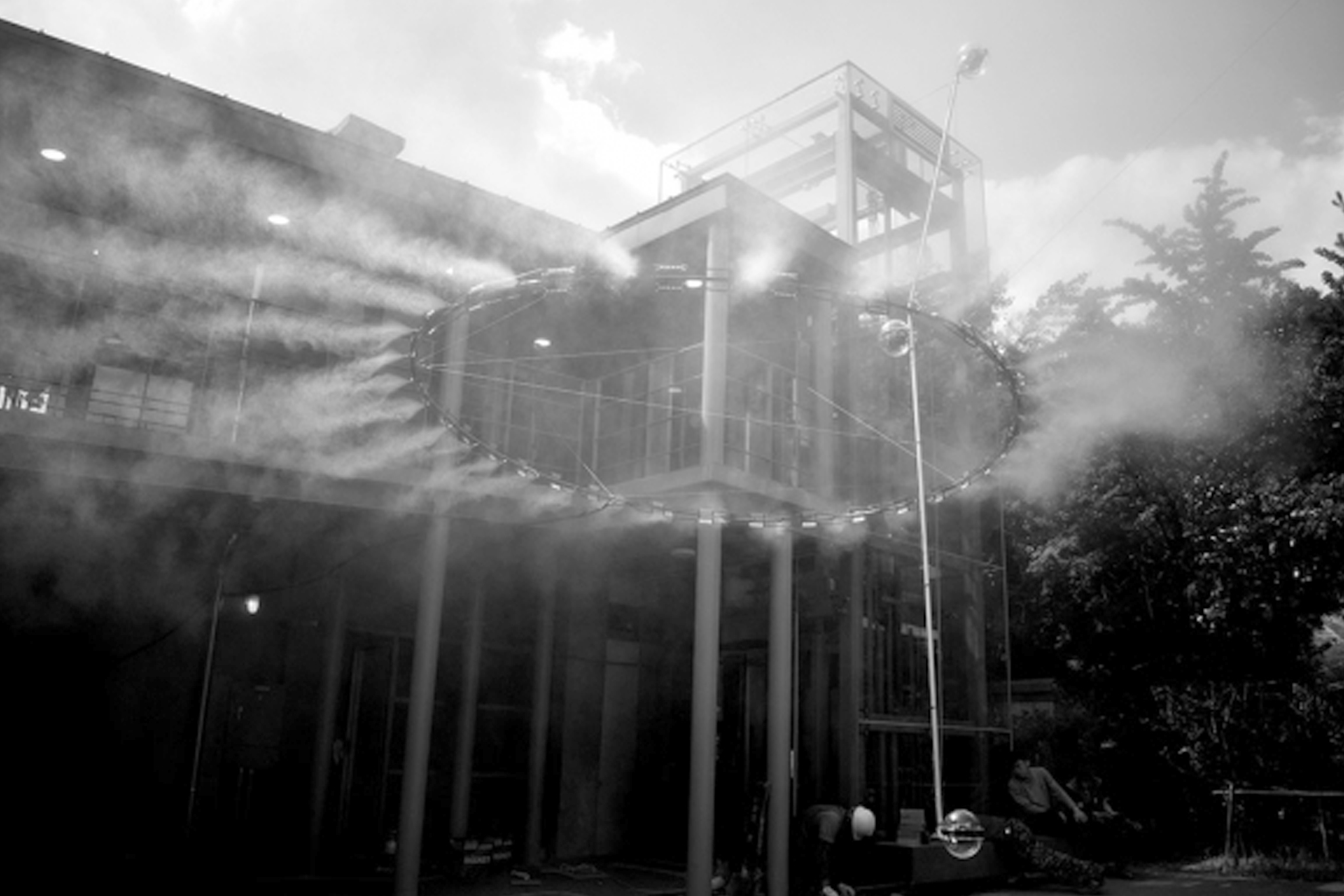
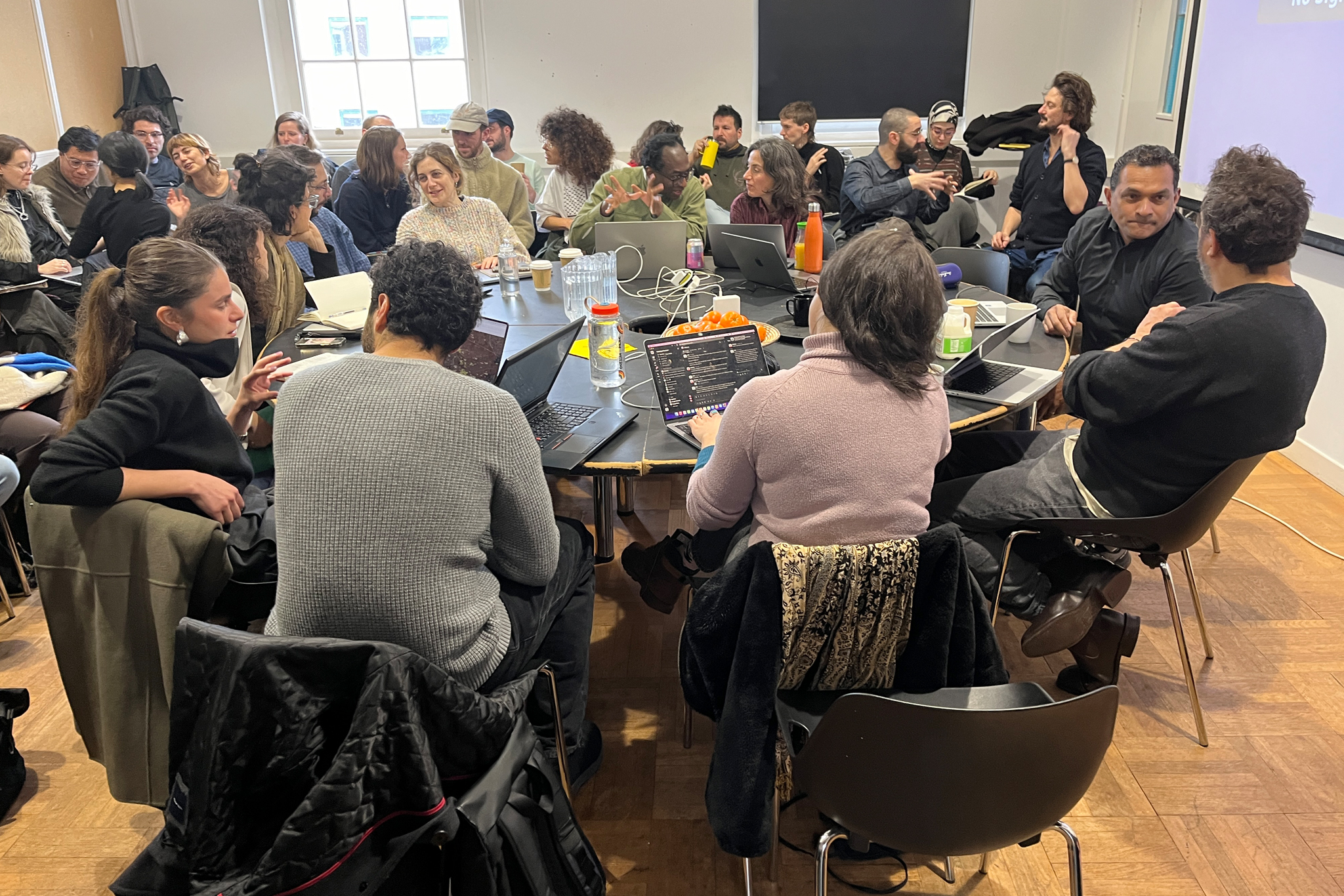
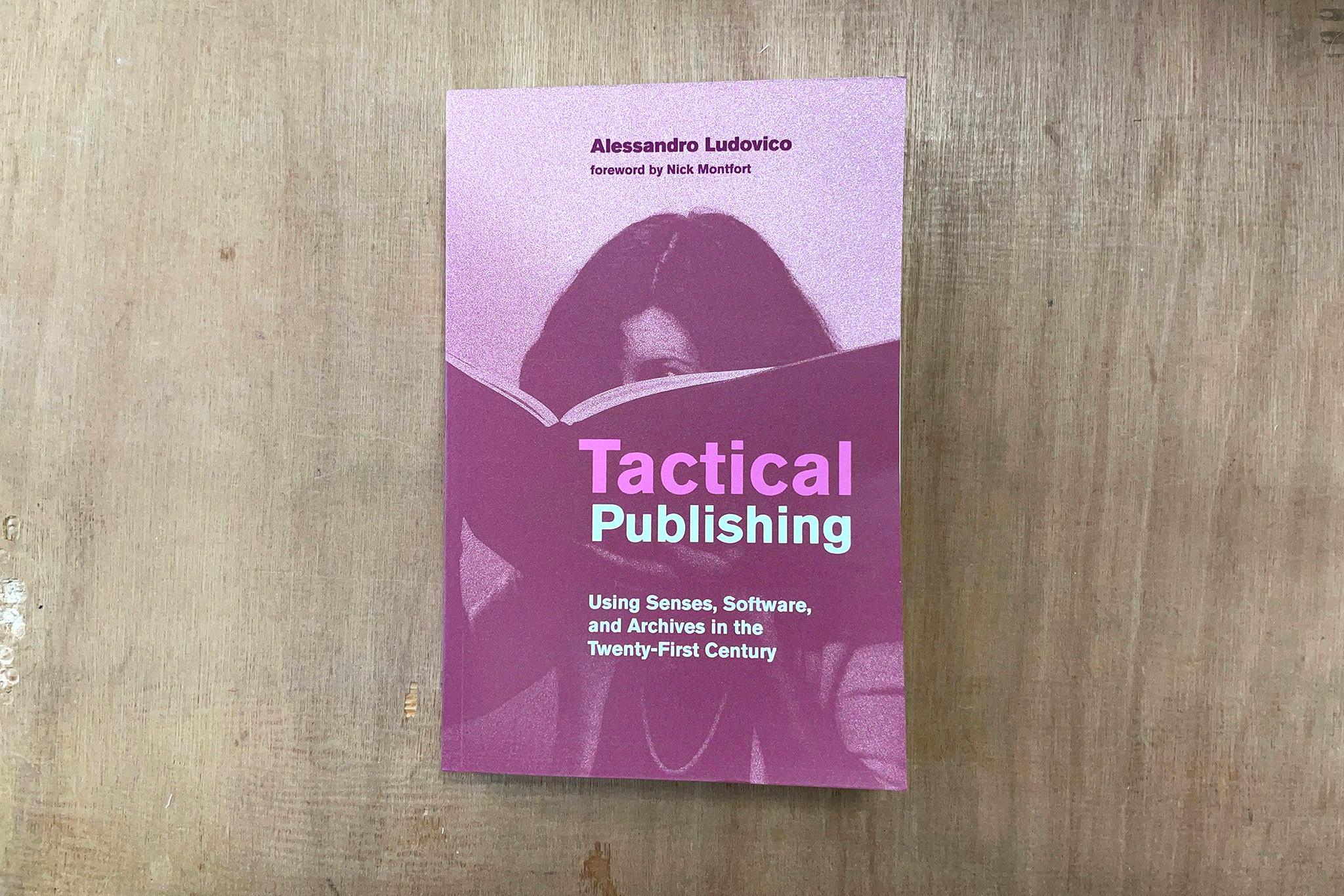
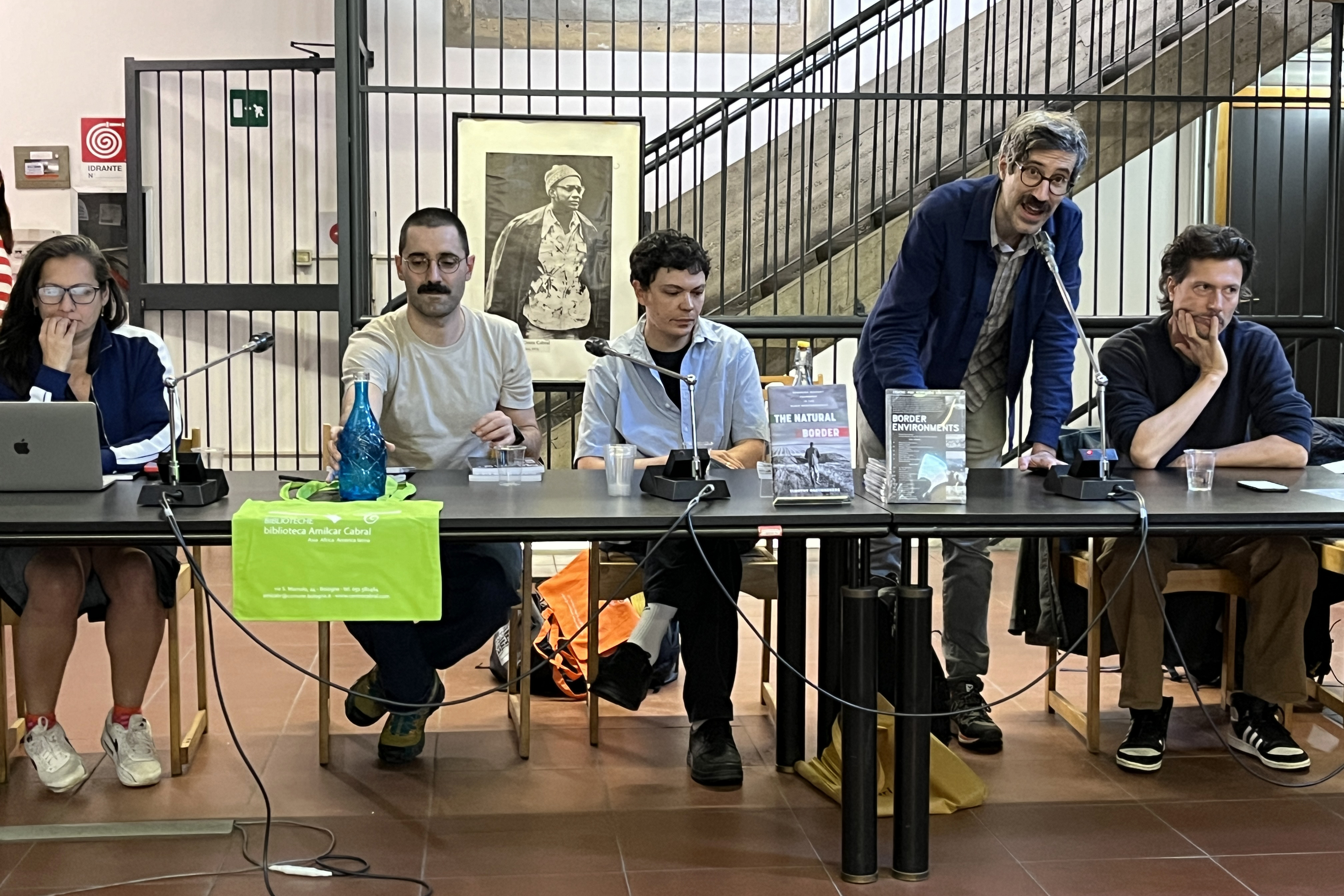
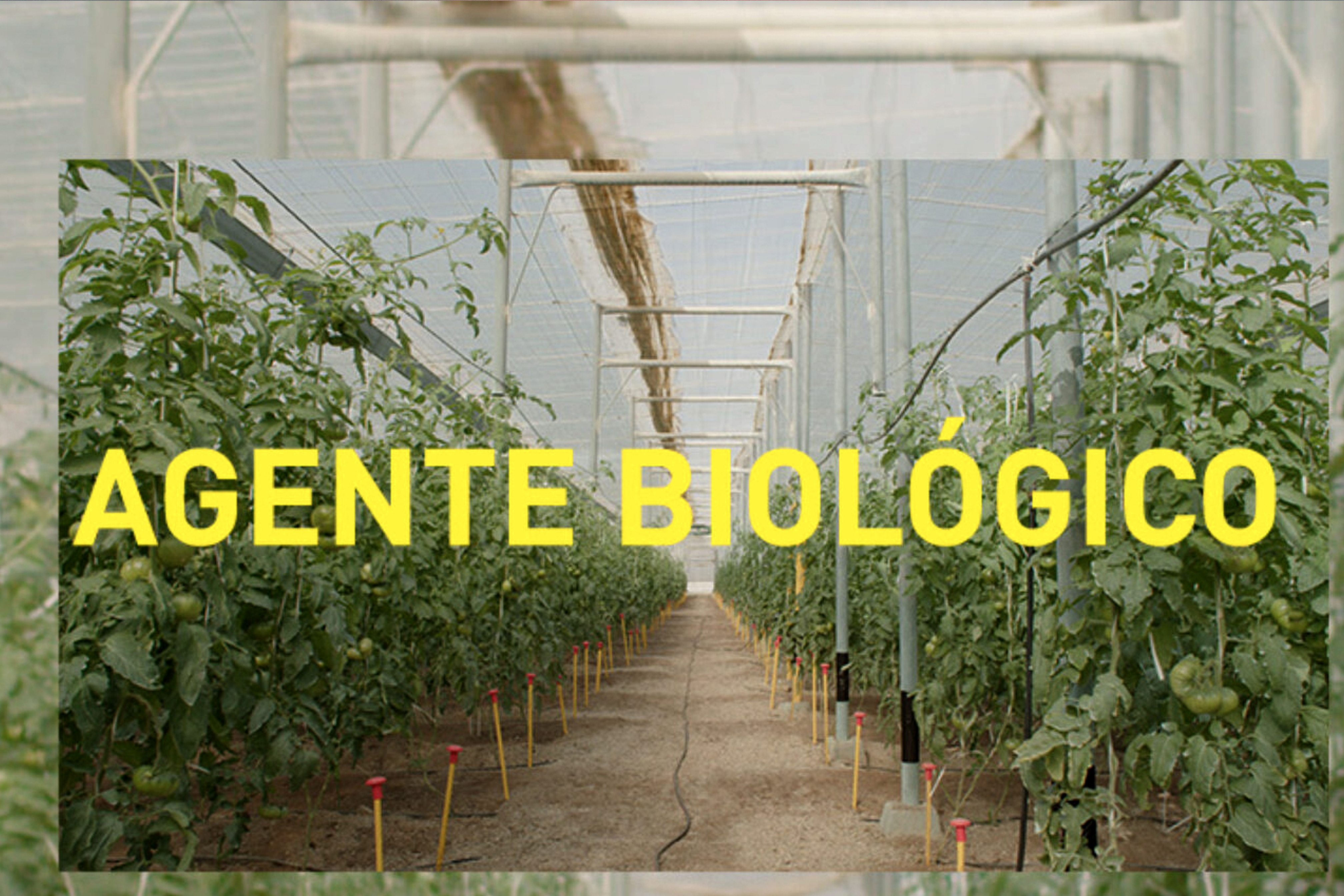
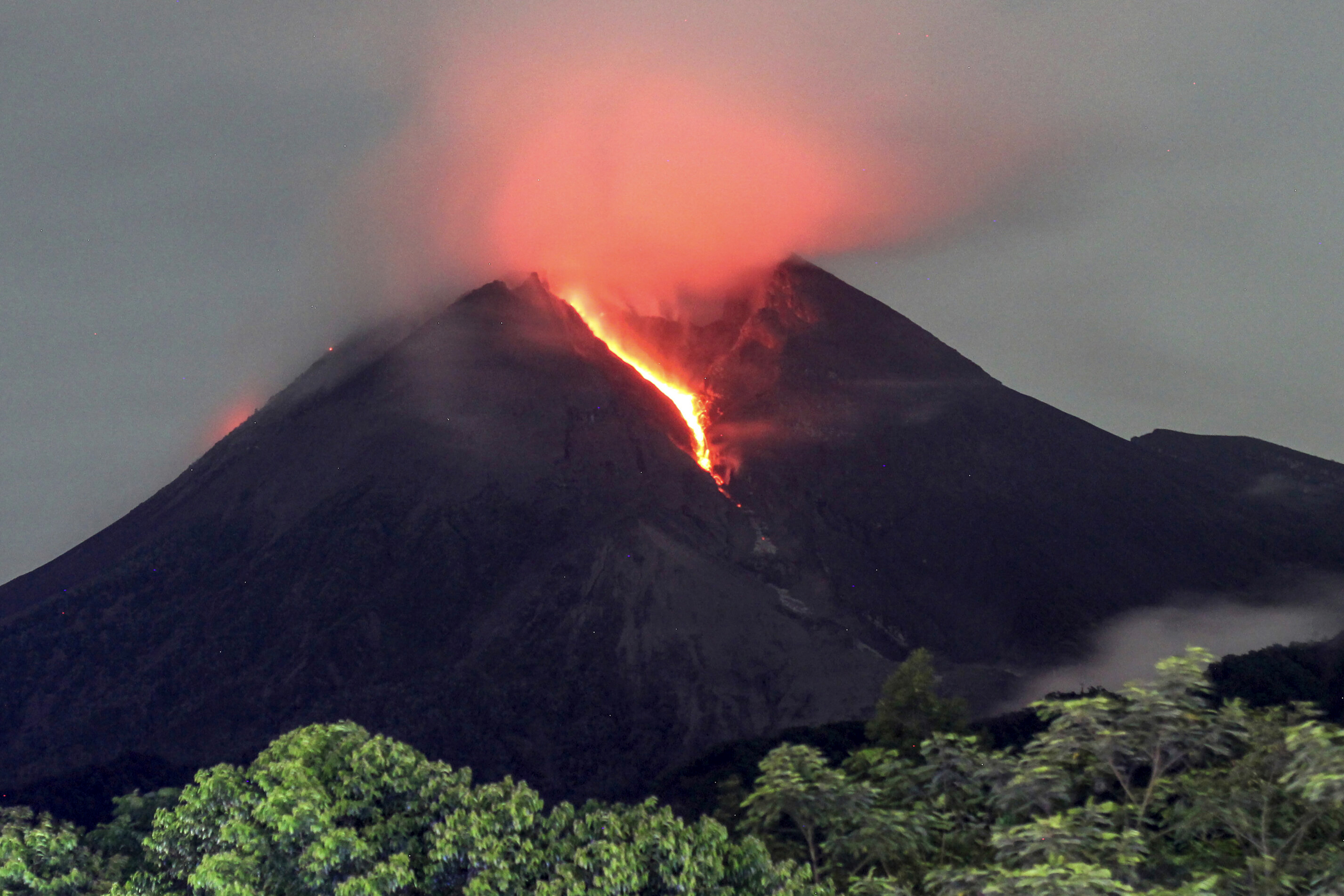
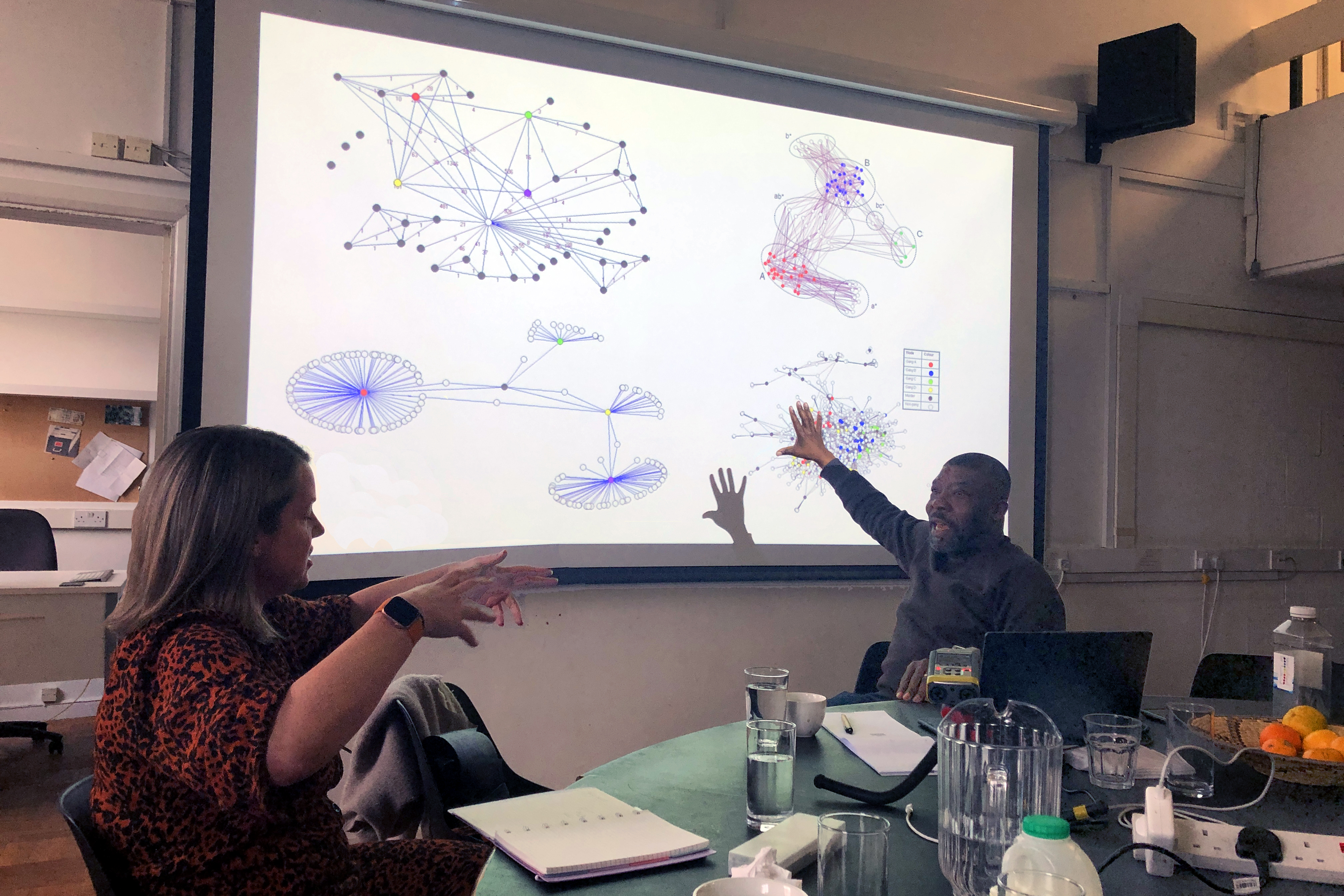

2025-26
13-14 November 2025
“Reflective Intelligences” Matteo Pasquinelli, Andrea Pietrafesa (Chilean Pavilon, Venice Biennale of Architecture)
30 October 2025
“Direct Action, Civil Disobedience, and Legal Strategies of Resistance” Tim Crosland, Sultana Tafadar , Nour Abuzaid, Eyal Weizman, Jo Blackman, Andrea Needham
23 October 2025
“From the Bog to the Cloud” Patrick Brodie, Patrick Bresnihan
2024-25
5 June 2025
“Geology of Britannic Repair”Kathryn Yusoff
15-16 May 2025
“Future Matters”
Farzin-Lotfi Jam, Sarah Cook, Bahar Noorizadeh Henry Bradley, Jacob Bolton, Miriam Mathiessen
20-21 March 2025
“Politics of Air”
Imani Jacqueline Brown, Nerea Calvillo, Shona Illingworth
24 January 2025
“Recalibrating Colonial Crimes” Joshua Castellino, Eyal Weizman
21-2 November 2024
“Tactical Publishing & Radical Archives”
Rosemary Grennan, Alessandro Ludivico, Vida Rucli, Dubravka Sekulic
2023-24
6-7 June 2024
“Legal Imaginations”
Xenia Chiaramonte, Valentina Azarova, Noemi Magugliani
30 May-1 June 2024
“Border Environments & Decolonial Agroecologies”
Univeristy of Bologna
10 May 2024
Josephine Berry & Anthony Iles reading Marina Vischmidt
21-22 March 2024
“Land Data”
Eduardo Castillo-Vinuesa, Marina Otero Verzier, Manuel Correa, Gerard Ortín Castellví
16-17 January 2024
“Common Sensing”
Lukáš Likavčan
Abelardo Gil-Fournier
16-17 November 2023
Shela Sheikh
James Parker
David Wengrow
19-20 October 2023
“Political Geologies”
Adam Bobbette
The Otolith Group
Sasha Litvintseva
2022-23
12 May 2023
Seb Franklin
Leon Sealey-Huggins
2-3 February 2023
“ Militant Media”:
Wendy Hui Kyong Chun, Christo Buschek, and Başak Ertür
17-18 November 2022
“The Gangs Matrix”:
Becky Clarke, Katrina Ffrench, Allan Hogarth, Ilyas Nagdee, Kamara Scott, Stafford Scott, and Patrick Williams
8-9 December 2022
“Rights”:
Radha D’Souza and Thomas Keenan
13-14 November 2025
“Reflective Intelligences” Matteo Pasquinelli, Andrea Pietrafesa (Chilean Pavilon, Venice Biennale of Architecture)
30 October 2025
“Direct Action, Civil Disobedience, and Legal Strategies of Resistance” Tim Crosland, Sultana Tafadar , Nour Abuzaid, Eyal Weizman, Jo Blackman, Andrea Needham
23 October 2025
“From the Bog to the Cloud” Patrick Brodie, Patrick Bresnihan
2024-25
5 June 2025
“Geology of Britannic Repair”Kathryn Yusoff
15-16 May 2025
“Future Matters”
Farzin-Lotfi Jam, Sarah Cook, Bahar Noorizadeh Henry Bradley, Jacob Bolton, Miriam Mathiessen
20-21 March 2025
“Politics of Air”
Imani Jacqueline Brown, Nerea Calvillo, Shona Illingworth
24 January 2025
“Recalibrating Colonial Crimes” Joshua Castellino, Eyal Weizman
21-2 November 2024
“Tactical Publishing & Radical Archives”
Rosemary Grennan, Alessandro Ludivico, Vida Rucli, Dubravka Sekulic
2023-24
6-7 June 2024
“Legal Imaginations”
Xenia Chiaramonte, Valentina Azarova, Noemi Magugliani
30 May-1 June 2024
“Border Environments & Decolonial Agroecologies”
Univeristy of Bologna
10 May 2024
Josephine Berry & Anthony Iles reading Marina Vischmidt
21-22 March 2024
“Land Data”
Eduardo Castillo-Vinuesa, Marina Otero Verzier, Manuel Correa, Gerard Ortín Castellví
16-17 January 2024
“Common Sensing”
Lukáš Likavčan
Abelardo Gil-Fournier
16-17 November 2023
Shela Sheikh
James Parker
David Wengrow
19-20 October 2023
“Political Geologies”
Adam Bobbette
The Otolith Group
Sasha Litvintseva
2022-23
12 May 2023
Seb Franklin
Leon Sealey-Huggins
2-3 February 2023
“ Militant Media”:
Wendy Hui Kyong Chun, Christo Buschek, and Başak Ertür
17-18 November 2022
“The Gangs Matrix”:
Becky Clarke, Katrina Ffrench, Allan Hogarth, Ilyas Nagdee, Kamara Scott, Stafford Scott, and Patrick Williams
8-9 December 2022
“Rights”:
Radha D’Souza and Thomas Keenan
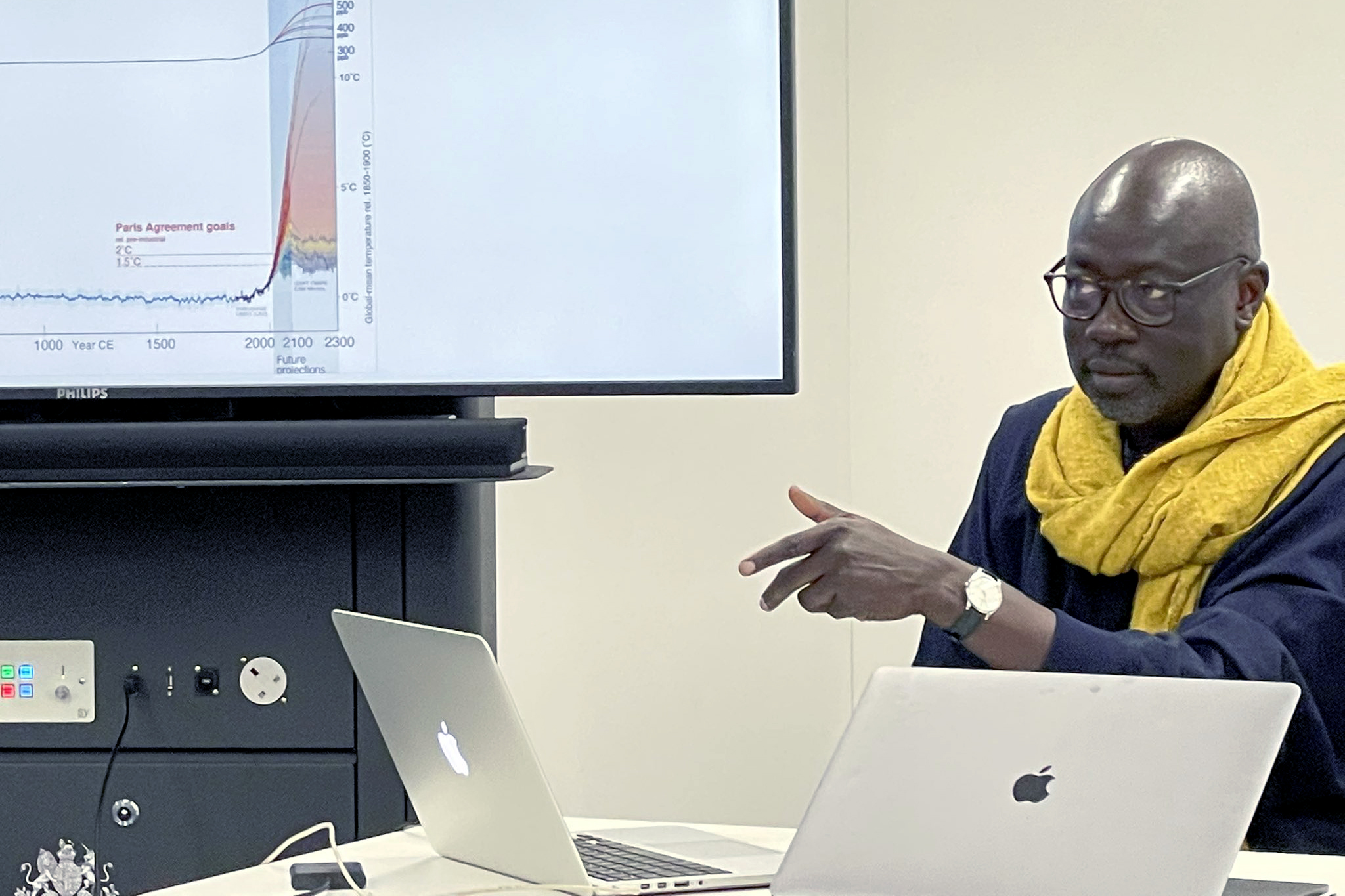
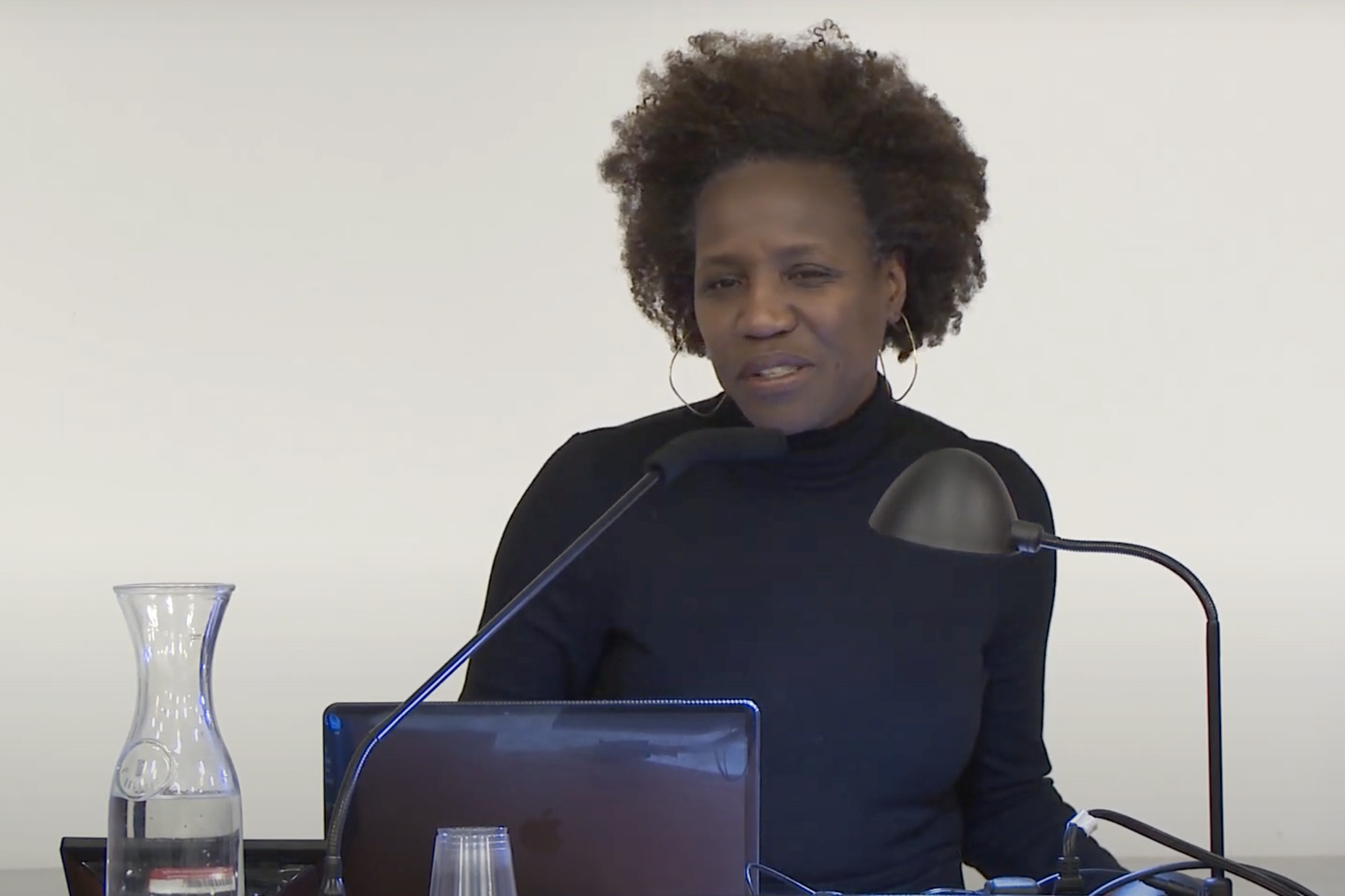
2021-22
12-13 May 2022
“Border Environments”:
Juanita Sundberg, Gabrielle Wolf, The School of Mutants, Hanna Rullmann & Faiza Ahmad Khan, Arun Agrawal, Avi Varma, Nadine El-Enany, Uriel Orlow, Dele Adeyemo, Andrea Bagnato, Sara Frikech, Marina Otero Verzier, The Border Ecologies Network.
Co-organised by Het Nieuwe Instituut, Rotterdam
10 February 2022
“Witnessing“:
Shela Sheikh, Ghalya Saadawi, and Susan Schuppli
18-19 November 2021
“The Rights of Future Gnereations”
:
Adrian Lahoud and Lumumba Di-Aping,
14-15 October 2021
Tina Campt, “The Opacity of Grief”
12-13 May 2022
“Border Environments”:
Juanita Sundberg, Gabrielle Wolf, The School of Mutants, Hanna Rullmann & Faiza Ahmad Khan, Arun Agrawal, Avi Varma, Nadine El-Enany, Uriel Orlow, Dele Adeyemo, Andrea Bagnato, Sara Frikech, Marina Otero Verzier, The Border Ecologies Network.
Co-organised by Het Nieuwe Instituut, Rotterdam
10 February 2022
“Witnessing“:
Shela Sheikh, Ghalya Saadawi, and Susan Schuppli
18-19 November 2021
“The Rights of Future Gnereations”
:
Adrian Lahoud and Lumumba Di-Aping,
14-15 October 2021
Tina Campt, “The Opacity of Grief”
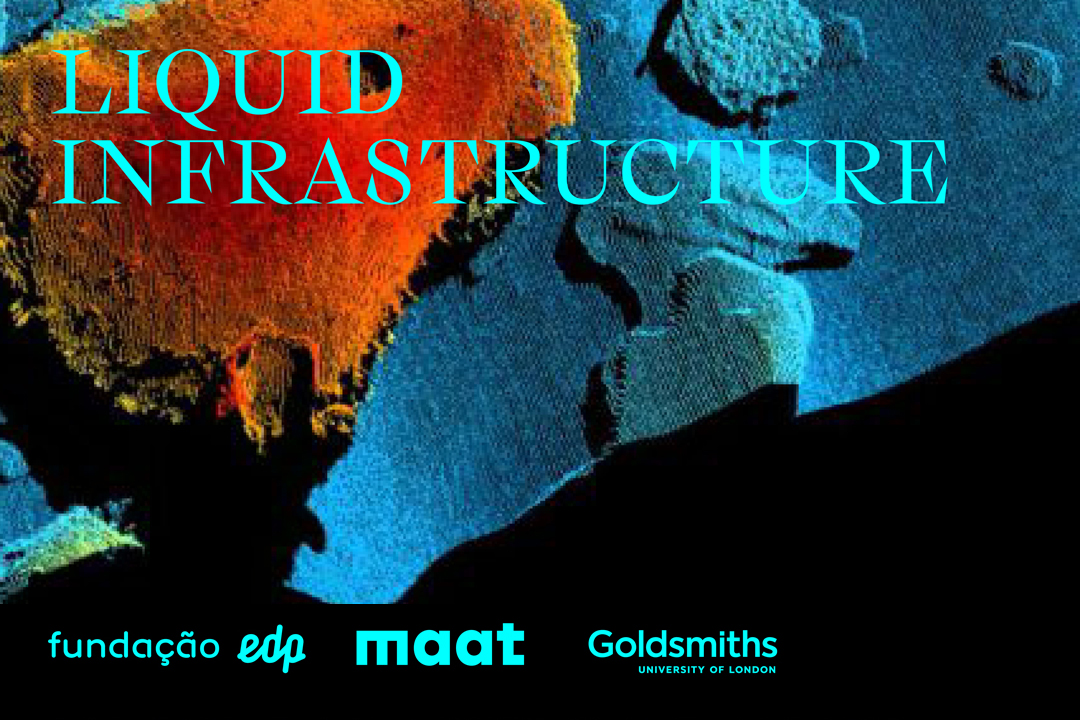
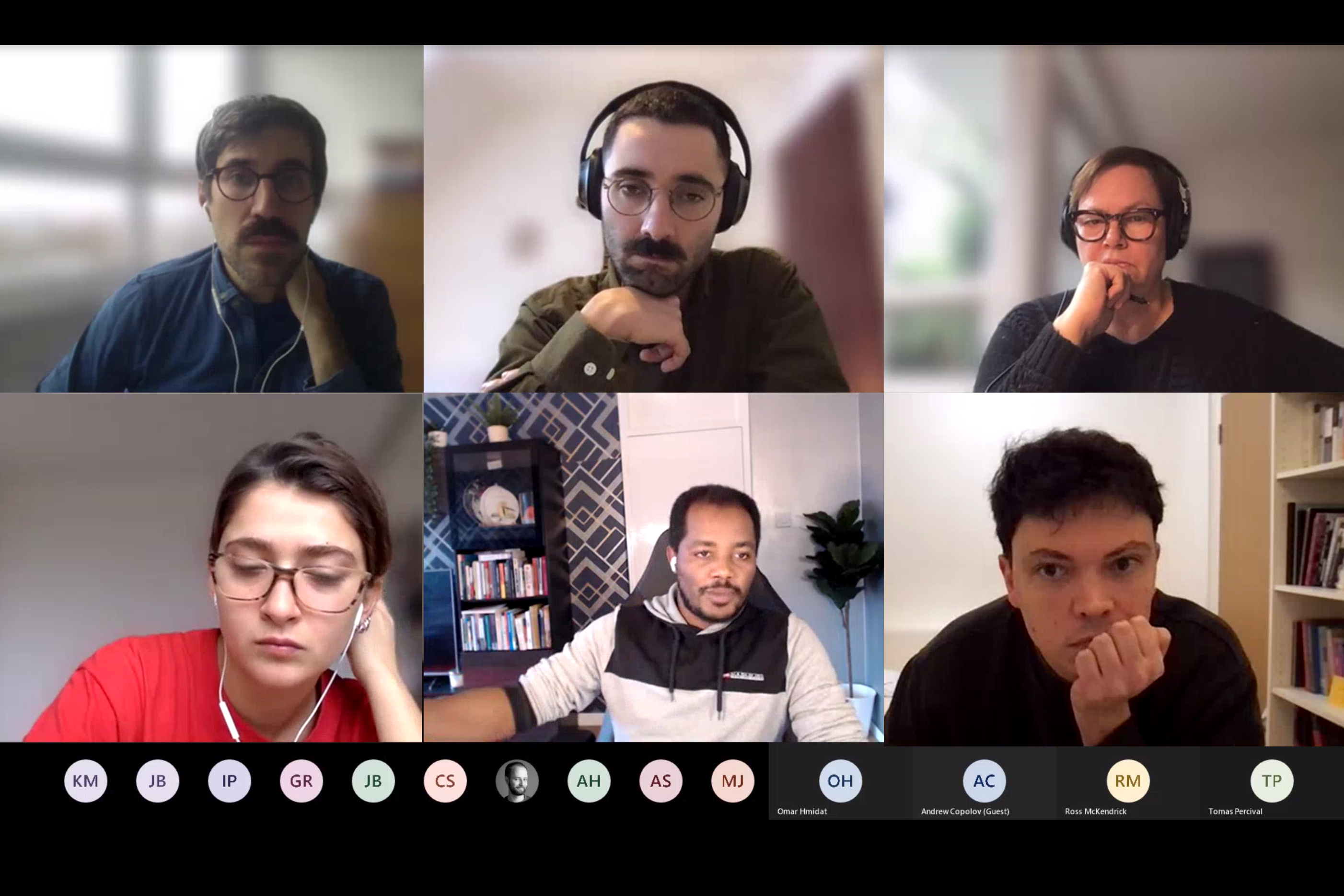
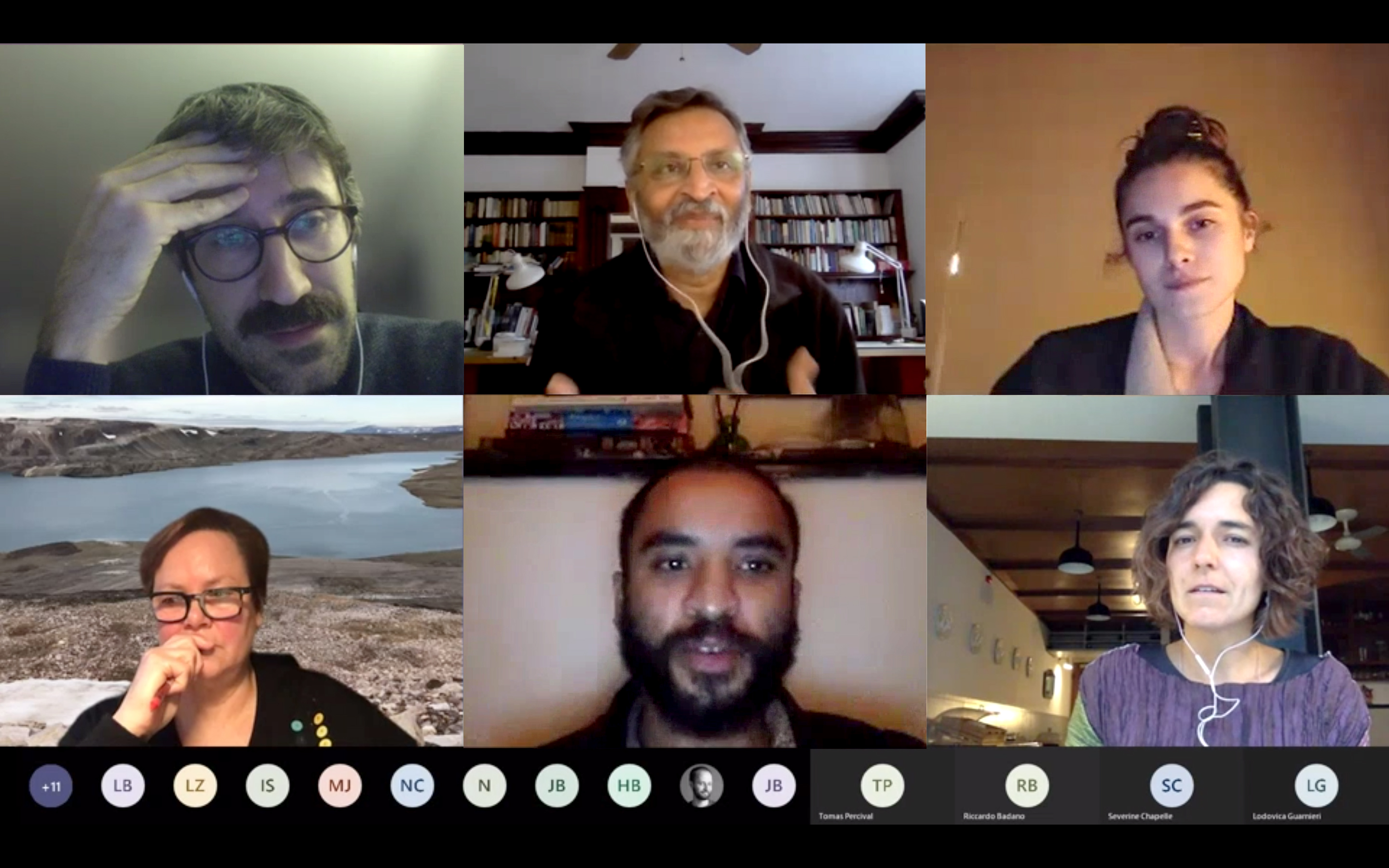
2020-21
3-4 June 2021
“Liquid Infrastructures” co-organised by Margarida Mendes and MAAT, Lisbon:
Stefan Helmreich, Raviv Ganchrow
20-21 May 2021
Helen Pritchard
18-19 March 2021
Nadine El-Enany, “Bordering Britain / Race, Law, Air Pollution”
21-22 January 2021
Cooking Sections (Daniel Fernández Pascual & Alon Schwabe)
3-4 December 2020
Dilip da Cunha, “Wetness”
19-20 November 2020
Awol Allo, “Epistemic Resistance”
Brenna Bhandar, “On the Separation of Interests: Legal Form and the Racial Materiality of Property”
8-9 October 2020
Suhail Malik, “Methodologies”
3-4 June 2021
“Liquid Infrastructures” co-organised by Margarida Mendes and MAAT, Lisbon:
Stefan Helmreich, Raviv Ganchrow
20-21 May 2021
Helen Pritchard
18-19 March 2021
Nadine El-Enany, “Bordering Britain / Race, Law, Air Pollution”
21-22 January 2021
Cooking Sections (Daniel Fernández Pascual & Alon Schwabe)
3-4 December 2020
Dilip da Cunha, “Wetness”
19-20 November 2020
Awol Allo, “Epistemic Resistance”
Brenna Bhandar, “On the Separation of Interests: Legal Form and the Racial Materiality of Property”
8-9 October 2020
Suhail Malik, “Methodologies”
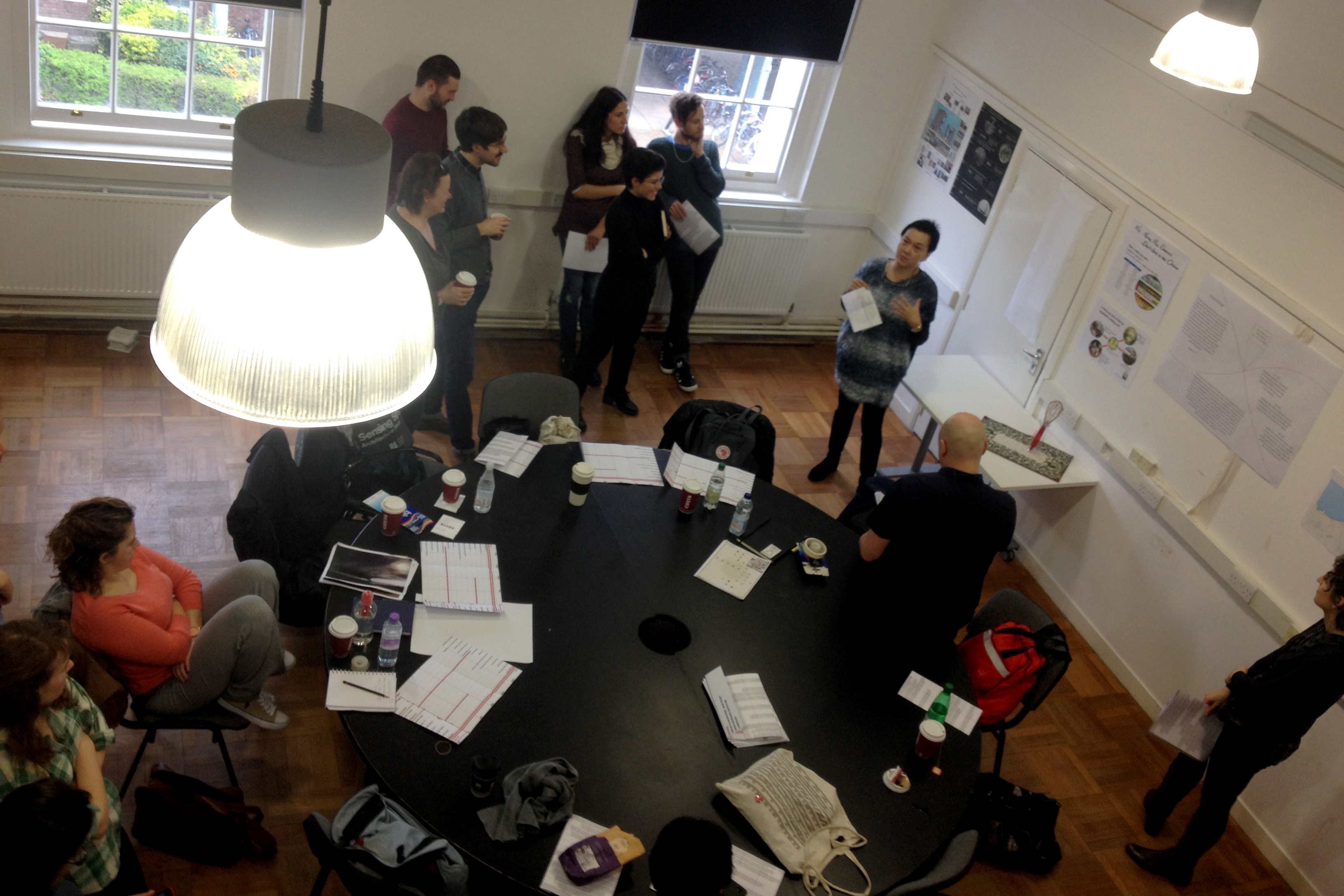
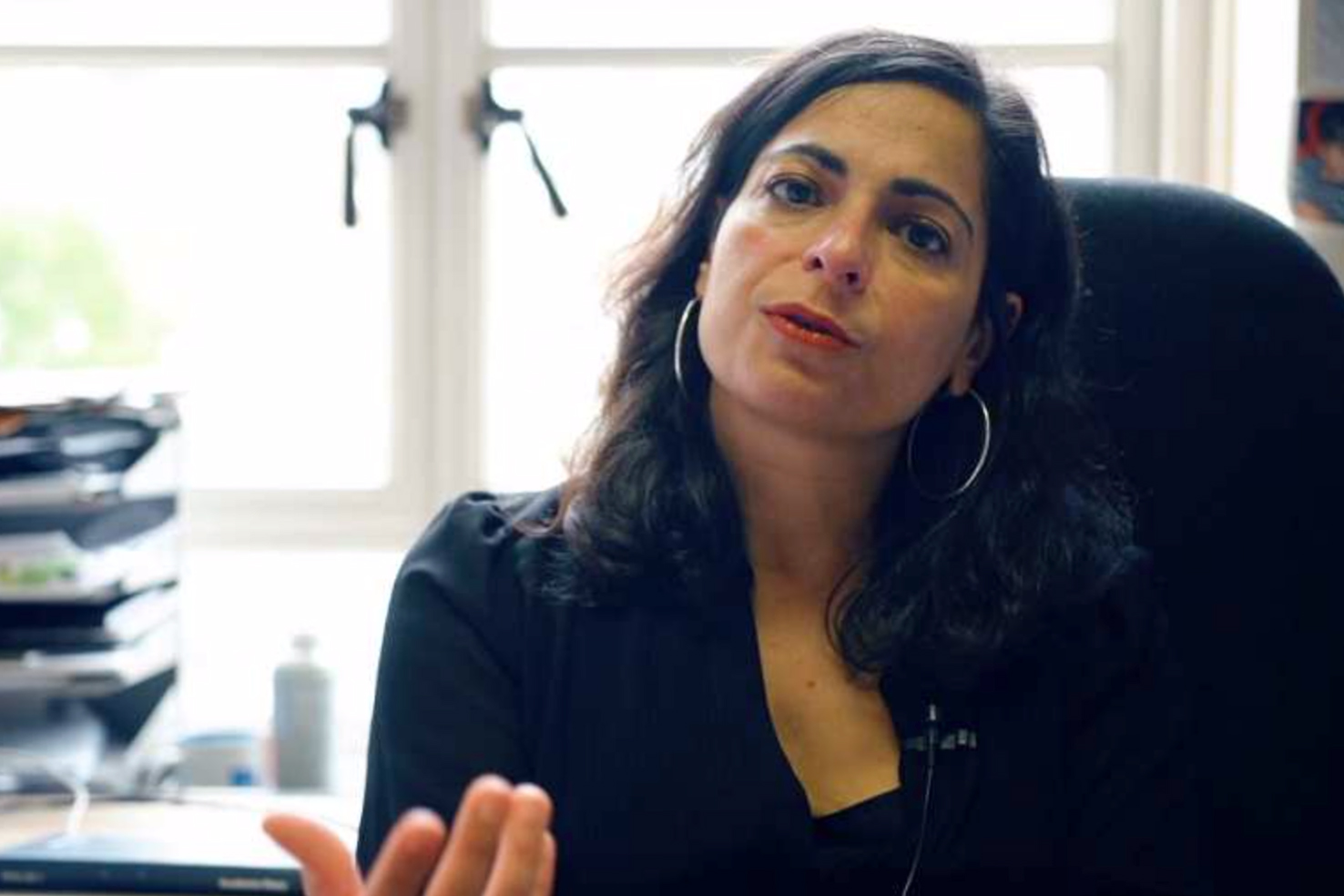
2019-20
4 June 2020
Renisa Mawani
14-15 May 2020
Ariella Aïsha Azoulay, “Potential History, Unlearning Imperialism”
27-28 February 2020
Oriana Bernasconi, “Atrocity’s Artefacts. Uses and Effects”
Godofredo Pereira, “Ex-Humus”
6-7 February 2020
Laleh Khalili, “The Corporeal Life of Commerce”
Kader Attia, “Counter-Reactions”
12-13 December 2019
Jessica Lehman
Marco Ferrari, “A Moving Border”
10-11 October 2019
Claudio Aporta
4 June 2020
Renisa Mawani
14-15 May 2020
Ariella Aïsha Azoulay, “Potential History, Unlearning Imperialism”
27-28 February 2020
Oriana Bernasconi, “Atrocity’s Artefacts. Uses and Effects”
Godofredo Pereira, “Ex-Humus”
6-7 February 2020
Laleh Khalili, “The Corporeal Life of Commerce”
Kader Attia, “Counter-Reactions”
12-13 December 2019
Jessica Lehman
Marco Ferrari, “A Moving Border”
10-11 October 2019
Claudio Aporta
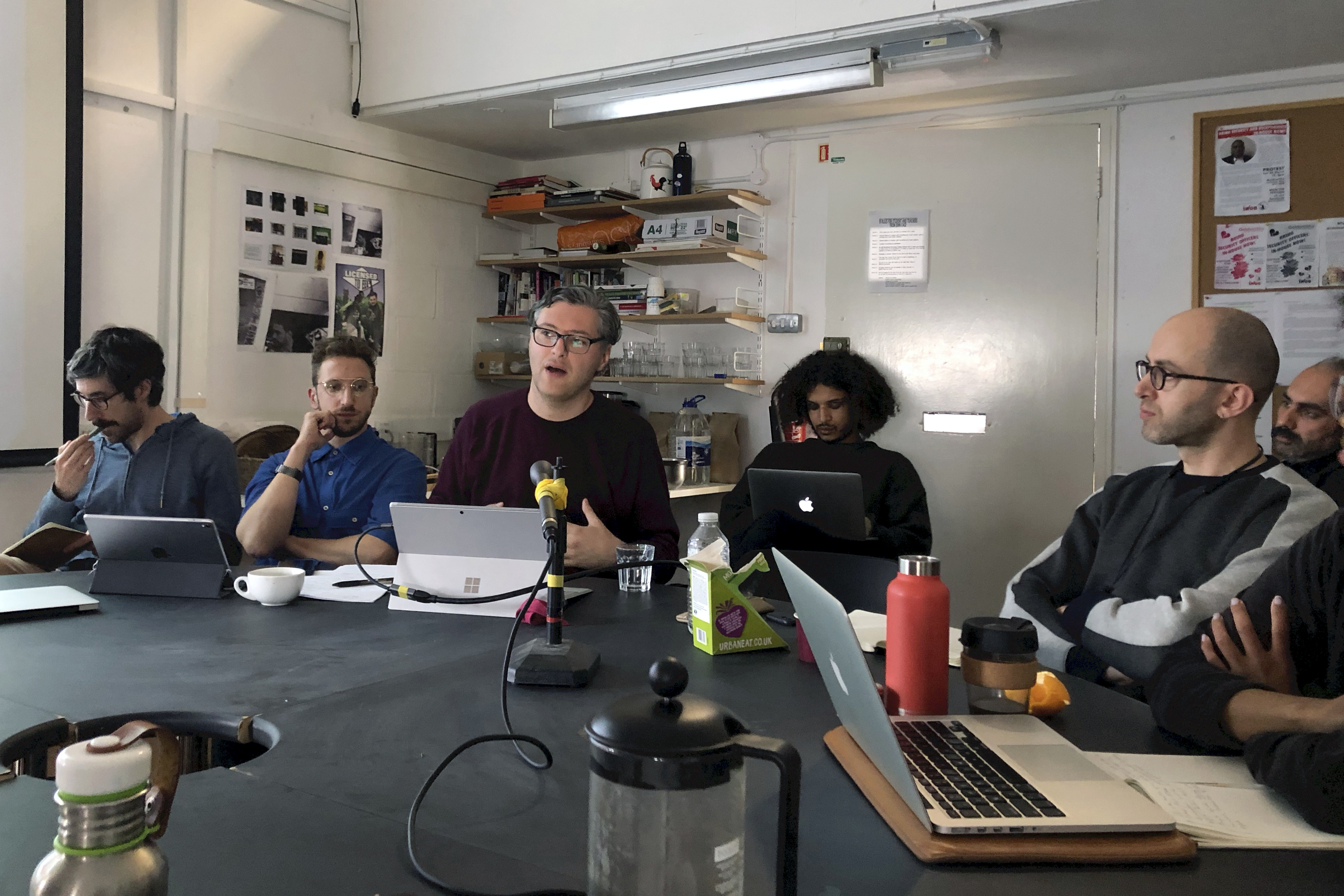
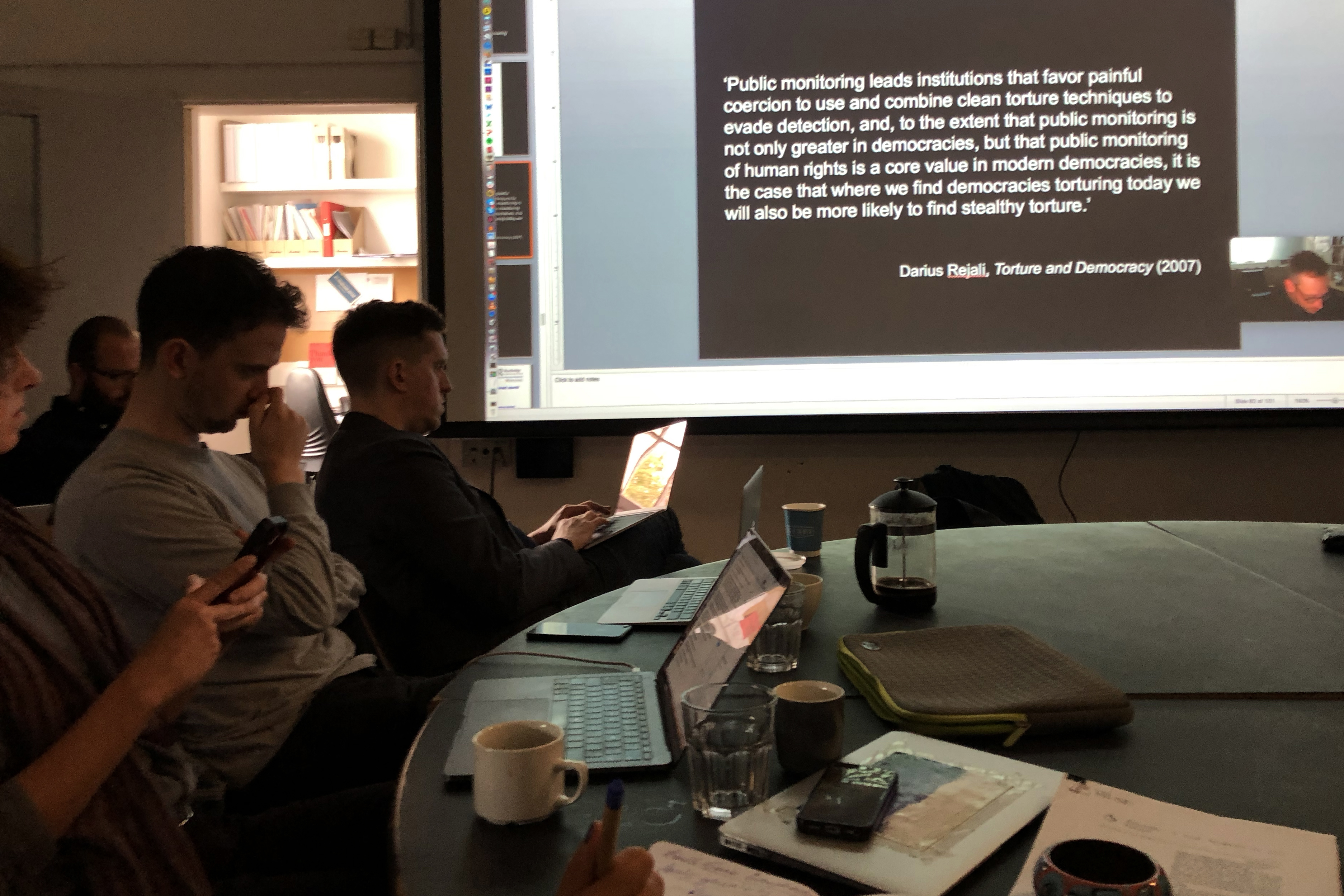
2018-19
13-14 June 2019
“Sound Proofs”:
James Parker, Joel Stern, Lawrence Abu Hamdan
14-15 February 2019
Louise Amoore
Shahram Khosravi, “What do we see when we look at the border from the other side?
24-25 January 2019
“Logistics of Sense”:
Elizabeth Johnson, Marina Vishmidt
6-7 December 2018 Samantha Spurr and Eduardo Kairuz
Ezekiel Dixon-Román
22-23 November 2018
Radhika Subramaniam
25-26 October 2018
Astrida Neimanis
13-14 June 2019
“Sound Proofs”:
James Parker, Joel Stern, Lawrence Abu Hamdan
14-15 February 2019
Louise Amoore
Shahram Khosravi, “What do we see when we look at the border from the other side?
24-25 January 2019
“Logistics of Sense”:
Elizabeth Johnson, Marina Vishmidt
6-7 December 2018 Samantha Spurr and Eduardo Kairuz
Ezekiel Dixon-Román
22-23 November 2018
Radhika Subramaniam
25-26 October 2018
Astrida Neimanis
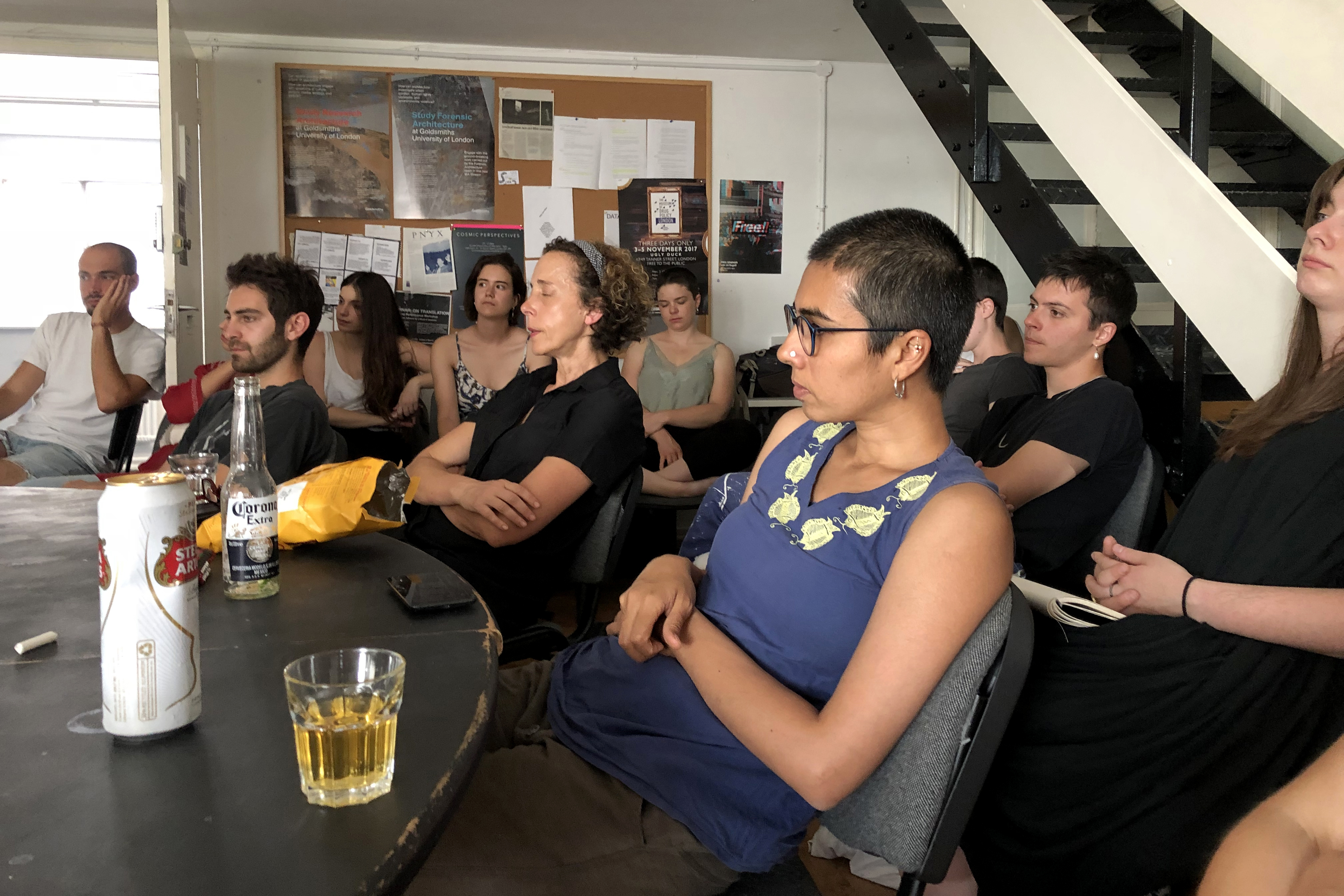
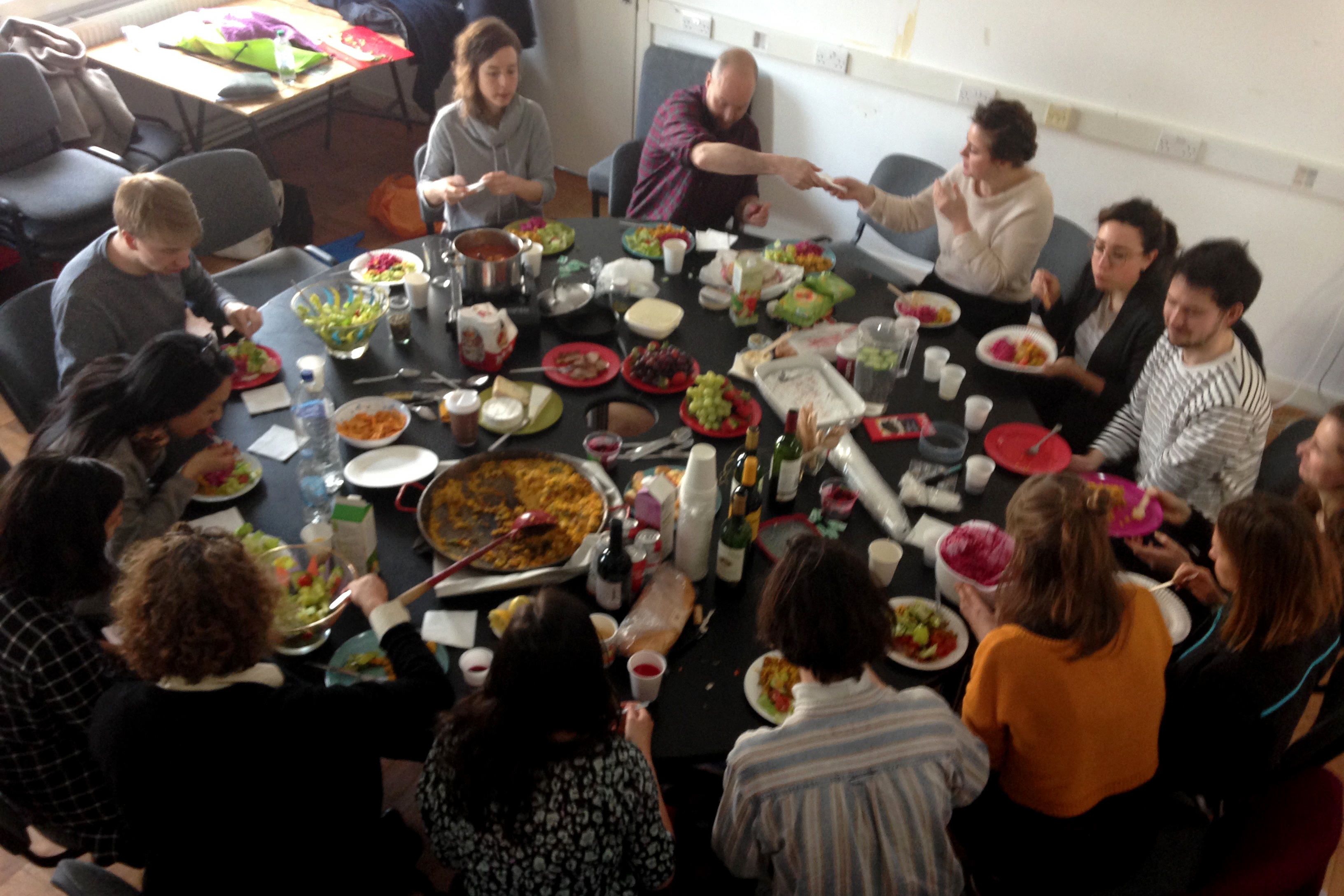
2017-18
14-15 June 2018
“Built Between the Slow, the Structural, and the Spectacular”:
Helene Kazan, Emily Jones & Yoriko Otomo, David Burns, Simon Barber
17-18 May 2018 “Circulation(s)” workshop organised by Francesco Sebregondi, Dele Adeyemo, and Andrea Bagnato:
Nida Rehman, Shehab Ismail, Azadeh Mashayekhi, Ross Exo Adams, Orit Halpern, Claudia Aradau, Martina Tazzioli, Christina Sharpe, Anita Rupprecht
21-24 February 2018 (Amsterdam & Rotterdam Port)
“Logistical Nightmares”:
Stephan Helmreich, Víctor Muñoz Sanz, Charmaine Chua, Giorgio Grappi, Heather Anne Paxson, Hannah Martin and Oscar Pedraza, Nora Sternfeld, Lorenzo Pezzani, Solveig Suess, Sasha Litvinseva and Daniel Mann
19-20 October 2017
Philip Scheffner
14-15 June 2018
“Built Between the Slow, the Structural, and the Spectacular”:
Helene Kazan, Emily Jones & Yoriko Otomo, David Burns, Simon Barber
17-18 May 2018 “Circulation(s)” workshop organised by Francesco Sebregondi, Dele Adeyemo, and Andrea Bagnato:
Nida Rehman, Shehab Ismail, Azadeh Mashayekhi, Ross Exo Adams, Orit Halpern, Claudia Aradau, Martina Tazzioli, Christina Sharpe, Anita Rupprecht
21-24 February 2018 (Amsterdam & Rotterdam Port)
“Logistical Nightmares”:
Stephan Helmreich, Víctor Muñoz Sanz, Charmaine Chua, Giorgio Grappi, Heather Anne Paxson, Hannah Martin and Oscar Pedraza, Nora Sternfeld, Lorenzo Pezzani, Solveig Suess, Sasha Litvinseva and Daniel Mann
19-20 October 2017
Philip Scheffner
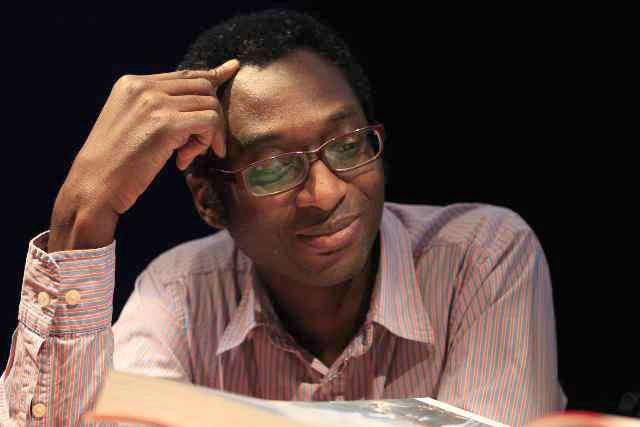

2016-17
24-26 May 2017
“Sound and Vanishing”:
Kodwo Eshun, Matthew Fuller, Jennifer Gabrys, James Harkin, Susan Schuppli, Christina Varvia, Eyal Weizman, Chris Woods, Raviv Ganchrow
2-3 March 2017 Esther Leslie, "Troubled Milk and Troubling Clouds: On an Aesthetics of Turbidity"
The Otolith Group, "Medium Earth"
Heather Davis, "Molecular Imaginaries"
26-27 January 2017 Hannah Meszaros Martin, "How to Make Peace with The Forest: Toward Environmental Truth-Telling"
Paulo Ilich Bacca, "Genocide and Spectral History: Slow Violence, The Colombian Case and Indigenous People in International Law"
Johana Rocha Gòmez, "Social and Environmental Conflicts and The Real Challenge in The Pursuit of Territorial Peace in Colombia"
Manuel M. Vergara Céspedes, "Ecocide: Developing New Instruments to Fight Against Impunity"
8-9 December 2016 Tony Chakar, “Undoing the World, Unlearning Modernity”
20-21 October 2016 Desiree Fields, "Constructing a New Asset Class, Reconstructing the Real Estate-Finance Link: Post-Crisis Housing Financialization in the US"
Louis Moreno, “Styles of Life: new urbanism and the financialisation of city living”,
David Madden, “The Politics of Housing in Crisis”
24-26 May 2017
“Sound and Vanishing”:
Kodwo Eshun, Matthew Fuller, Jennifer Gabrys, James Harkin, Susan Schuppli, Christina Varvia, Eyal Weizman, Chris Woods, Raviv Ganchrow
2-3 March 2017 Esther Leslie, "Troubled Milk and Troubling Clouds: On an Aesthetics of Turbidity"
The Otolith Group, "Medium Earth"
Heather Davis, "Molecular Imaginaries"
26-27 January 2017 Hannah Meszaros Martin, "How to Make Peace with The Forest: Toward Environmental Truth-Telling"
Paulo Ilich Bacca, "Genocide and Spectral History: Slow Violence, The Colombian Case and Indigenous People in International Law"
Johana Rocha Gòmez, "Social and Environmental Conflicts and The Real Challenge in The Pursuit of Territorial Peace in Colombia"
Manuel M. Vergara Céspedes, "Ecocide: Developing New Instruments to Fight Against Impunity"
8-9 December 2016 Tony Chakar, “Undoing the World, Unlearning Modernity”
20-21 October 2016 Desiree Fields, "Constructing a New Asset Class, Reconstructing the Real Estate-Finance Link: Post-Crisis Housing Financialization in the US"
Louis Moreno, “Styles of Life: new urbanism and the financialisation of city living”,
David Madden, “The Politics of Housing in Crisis”
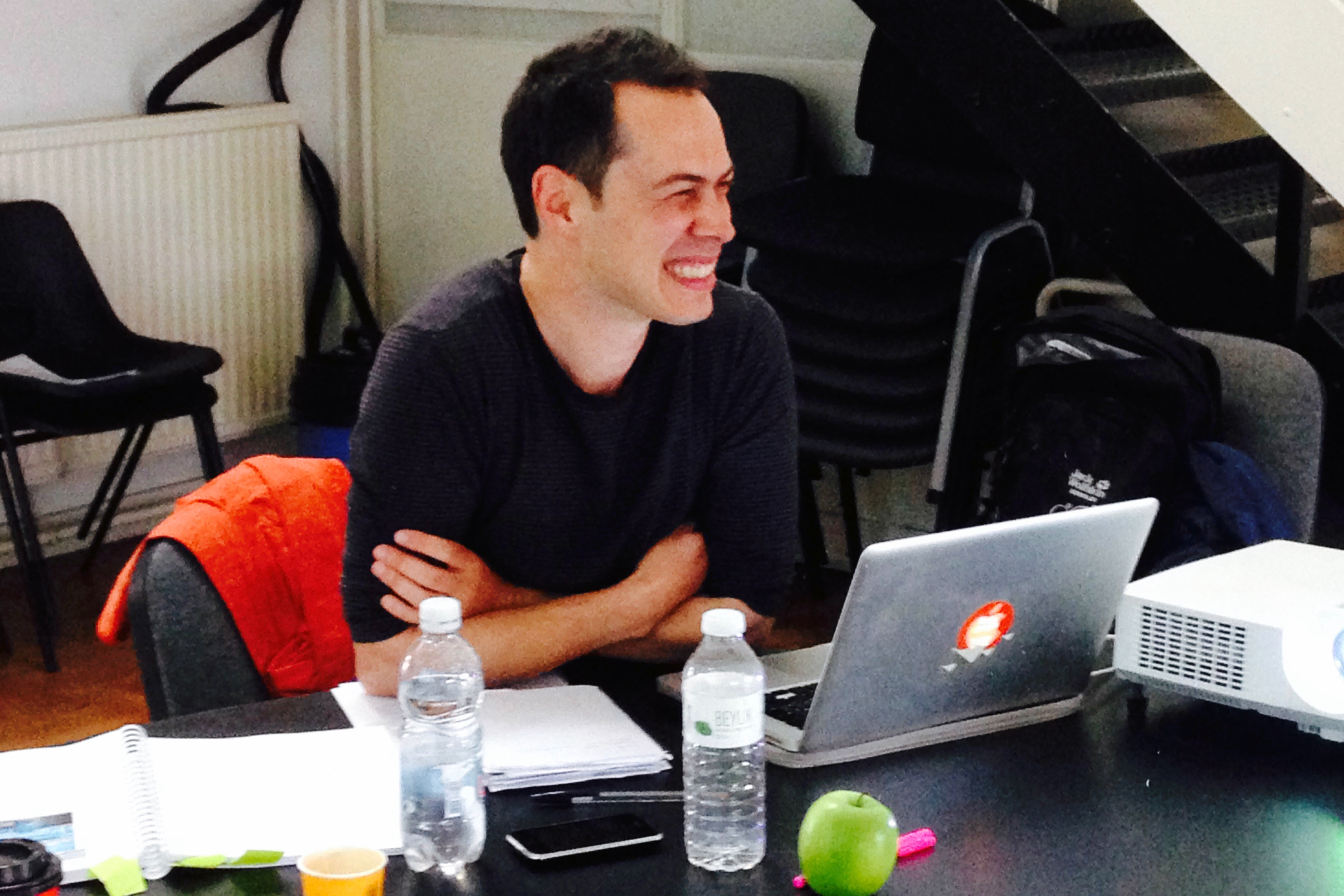
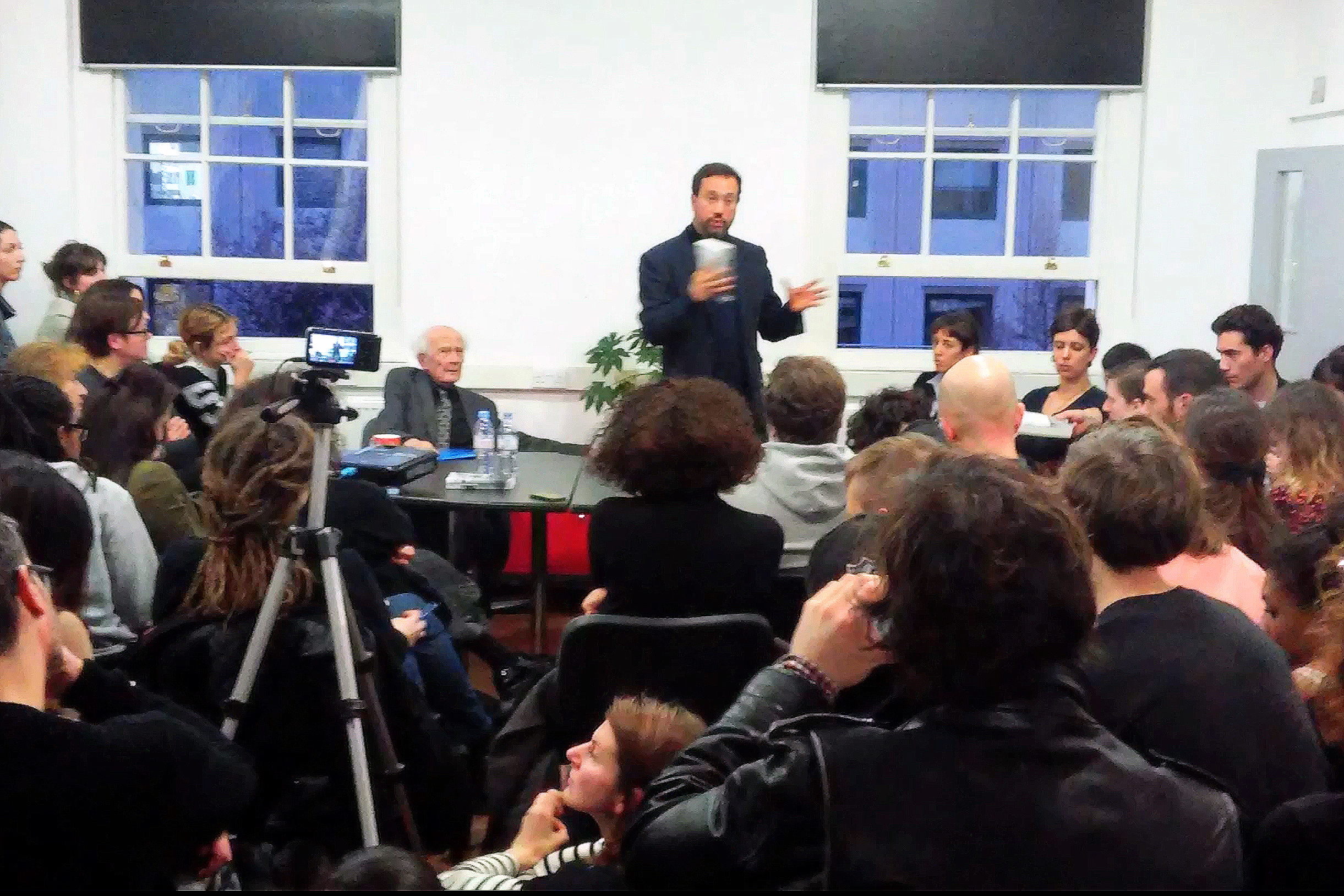
2015-16
26-27 December 2015
“Refugees & Migrations”:
Sandi Hilal and Alessandro Petti, Nicholas de Genova, Charles Heller, Simon Parker
30 December 2015 – 2 January 2016 (Negev)
“Ground Truth”:
Safa Abu-Rabia, Smadar Ben-Natan, Ariel Caine, Hagit Keysar, Miki Kratsman, Daniel Mann, Ranad Shaqirat, Eyal Weizman, Oren Yiftachel
February 18-19 2016
“Terra Bytes”:
Jussi Parikka, Louise Amoore, Adam Kleinman, Jennifer Gabrys
16 March 2016 Zygmunt Bauman, “Extraterritorialities in Occupied Worlds”
Maayan Amir and Ruti Sela
12-13 May 2016
“Emergent Ecologies”:
Rob Nixon, Anne McClintock, Peter C Van Eyck, Elle Carpenter
James C. Scott, “Beyond the Pale: The Earliest Agrarian State and ‘Their Barbarians’”
24-26 May 2016
“Risking Everything: The Politics of Computation, Prediction and Secrecy”:
Louise Amore, Paul Feigelfeld, Ramon Johnson, Boaz Levin, Antonia Majaca, Oana Parvan, Pietro Pezzani, Zach Blas
26-27 December 2015
“Refugees & Migrations”:
Sandi Hilal and Alessandro Petti, Nicholas de Genova, Charles Heller, Simon Parker
30 December 2015 – 2 January 2016 (Negev)
“Ground Truth”:
Safa Abu-Rabia, Smadar Ben-Natan, Ariel Caine, Hagit Keysar, Miki Kratsman, Daniel Mann, Ranad Shaqirat, Eyal Weizman, Oren Yiftachel
February 18-19 2016
“Terra Bytes”:
Jussi Parikka, Louise Amoore, Adam Kleinman, Jennifer Gabrys
16 March 2016 Zygmunt Bauman, “Extraterritorialities in Occupied Worlds”
Maayan Amir and Ruti Sela
12-13 May 2016
“Emergent Ecologies”:
Rob Nixon, Anne McClintock, Peter C Van Eyck, Elle Carpenter
James C. Scott, “Beyond the Pale: The Earliest Agrarian State and ‘Their Barbarians’”
24-26 May 2016
“Risking Everything: The Politics of Computation, Prediction and Secrecy”:
Louise Amore, Paul Feigelfeld, Ramon Johnson, Boaz Levin, Antonia Majaca, Oana Parvan, Pietro Pezzani, Zach Blas
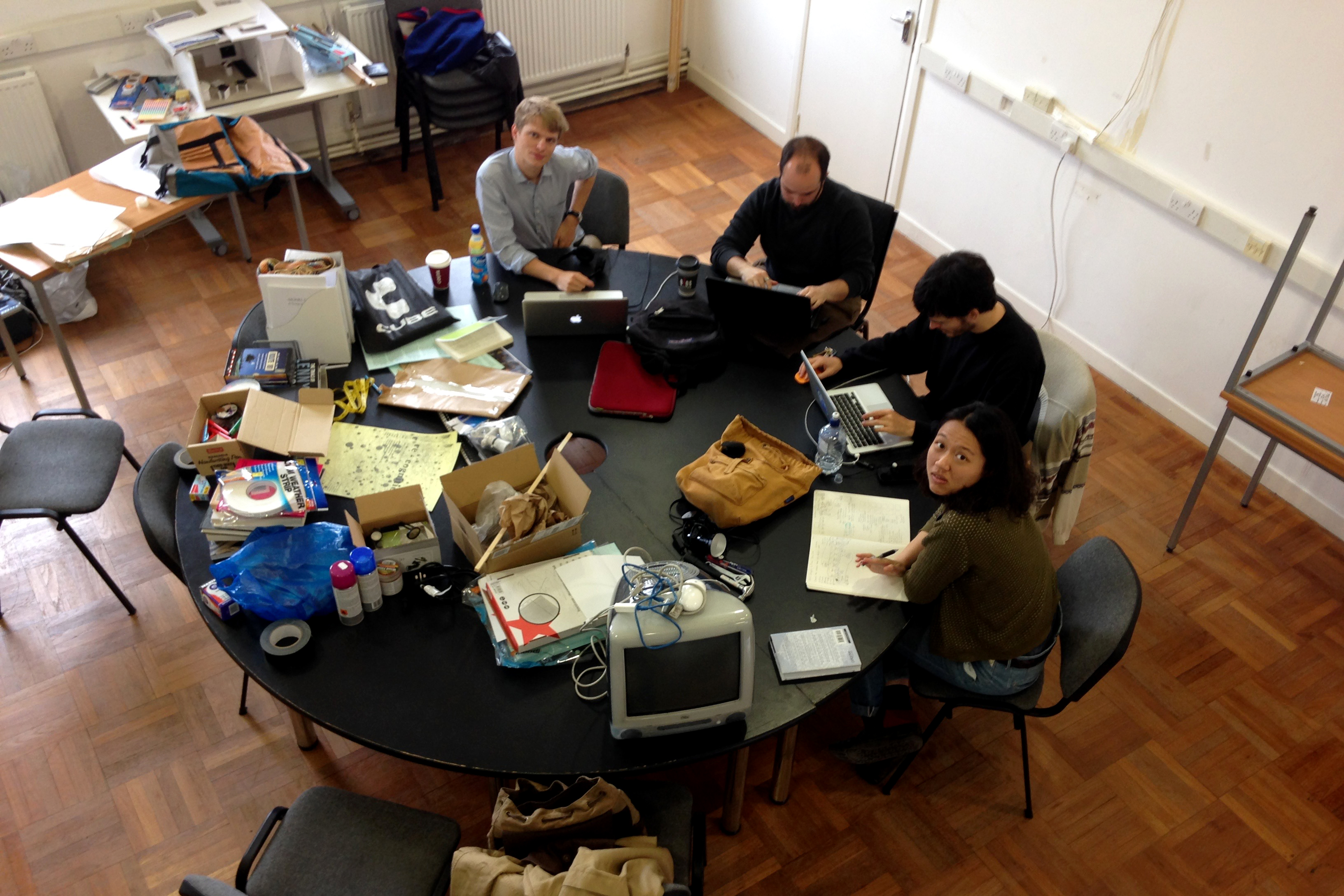
2014-15
24 November – 5 December 2014 “Learning from Stuart Hall” an architectural analysis of the transformations of higher education curatorial project by CRA PhDs
2-5 December 2014
“Image Actions at a Distance”:
Manuel Fiol, Jamon Van Den Hoek, Eliot Higgins and Brown Moses, Patrick Kroker, James Bridle
25 February 2015 (Nottingham)
“Rights of Nature” exhibition and travelling seminar with Stephen Turner
28 February 2015 (Mosaic Rooms)
“From Above and Below”:
Jesse Connuck, Eyal Weizman, Susan Schuppli and Tom Tlalim
19-20 March 2015
“States of Secrecy”:
Wolfgang Kaleck, Clare Birchall, Lonneke van der Velden
19 May 2015
Jonas Staal
26-27 May 2015
Gregoire Chamayou, “Patterns of Surveillance”
24 November – 5 December 2014 “Learning from Stuart Hall” an architectural analysis of the transformations of higher education curatorial project by CRA PhDs
2-5 December 2014
“Image Actions at a Distance”:
Manuel Fiol, Jamon Van Den Hoek, Eliot Higgins and Brown Moses, Patrick Kroker, James Bridle
25 February 2015 (Nottingham)
“Rights of Nature” exhibition and travelling seminar with Stephen Turner
28 February 2015 (Mosaic Rooms)
“From Above and Below”:
Jesse Connuck, Eyal Weizman, Susan Schuppli and Tom Tlalim
19-20 March 2015
“States of Secrecy”:
Wolfgang Kaleck, Clare Birchall, Lonneke van der Velden
19 May 2015
Jonas Staal
26-27 May 2015
Gregoire Chamayou, “Patterns of Surveillance”
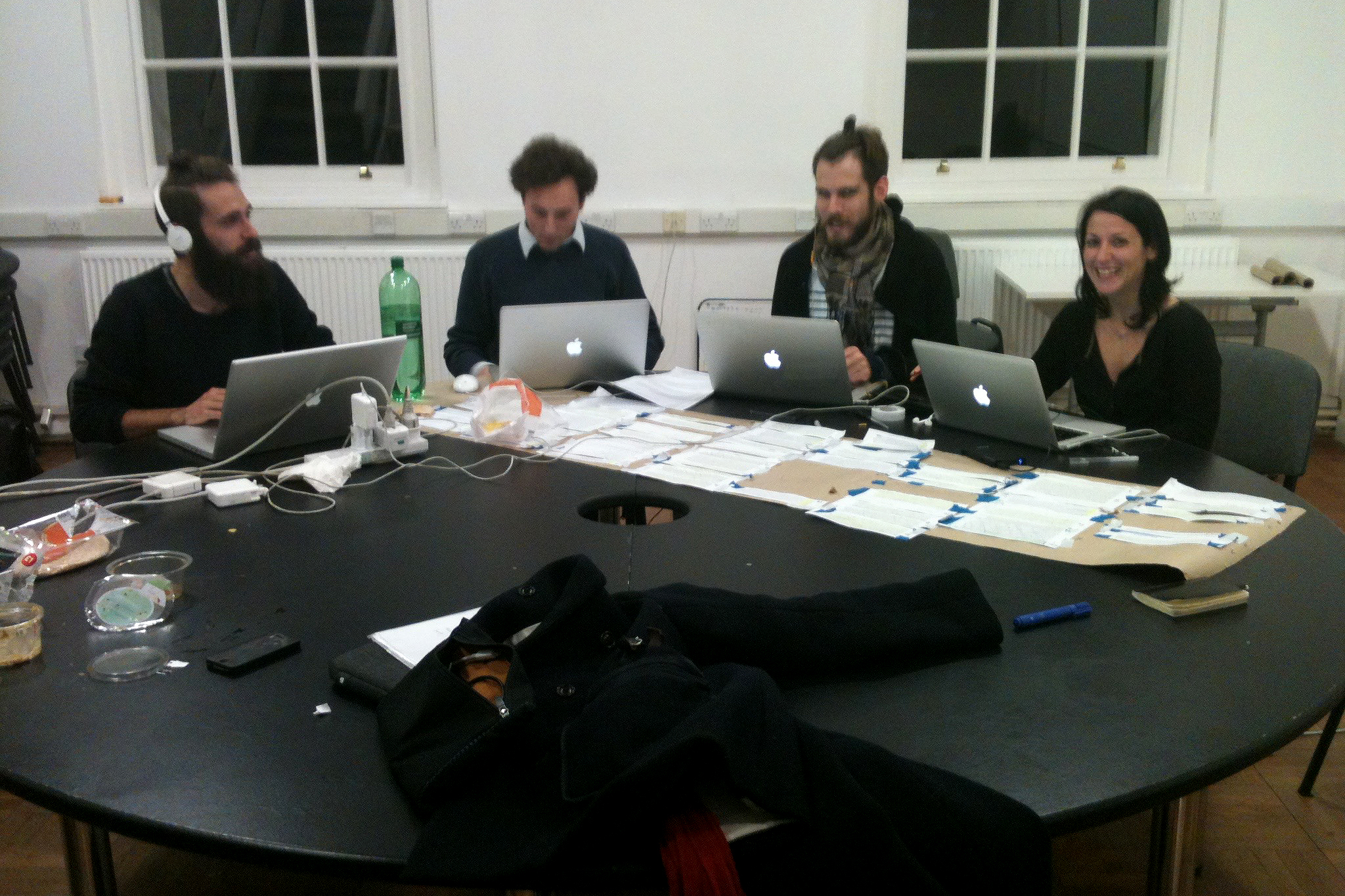
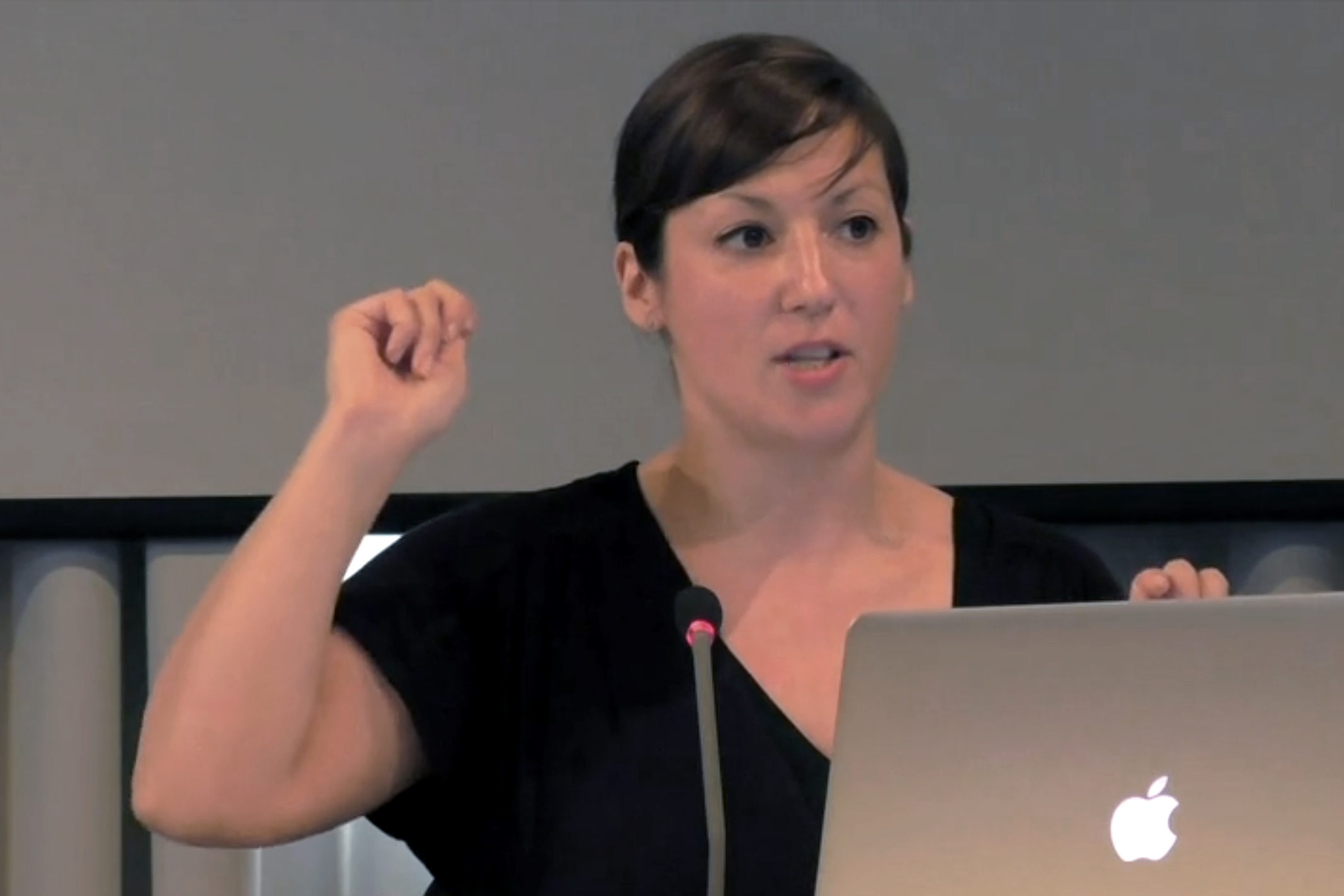
2013-14
20 Nov 2013 – 13 May 2015
Michel Feher (Visiting Professor), “The Age of Appreciation: Eight Lectures on the Neoliberal Condition”
15-16 March 2014 (HKW Berlin)
“Forensis: The Architecture of Public Truth” conference:
Michael Sfard, Jonathan Littell, Brenna Bhandar, Luis Moreno Ocampo, Baltasar Garcon, Marcela Pizzaro, Wolfgang Kaleck
15 March – 5 May 2014 (HKW Berlin)
“Forensis: The Architecture of Public Truth” exhibition
19 May 2014
“Forensis” book launch:
Eyal Weizman, Susan Schuppli, Shela Sheikh, Francesco Sebregondi, Godofredo Pereira, Helene Kazan, Lorenzo Pezzani
20 Nov 2013 – 13 May 2015
Michel Feher (Visiting Professor), “The Age of Appreciation: Eight Lectures on the Neoliberal Condition”
15-16 March 2014 (HKW Berlin)
“Forensis: The Architecture of Public Truth” conference:
Michael Sfard, Jonathan Littell, Brenna Bhandar, Luis Moreno Ocampo, Baltasar Garcon, Marcela Pizzaro, Wolfgang Kaleck
15 March – 5 May 2014 (HKW Berlin)
“Forensis: The Architecture of Public Truth” exhibition
19 May 2014
“Forensis” book launch:
Eyal Weizman, Susan Schuppli, Shela Sheikh, Francesco Sebregondi, Godofredo Pereira, Helene Kazan, Lorenzo Pezzani

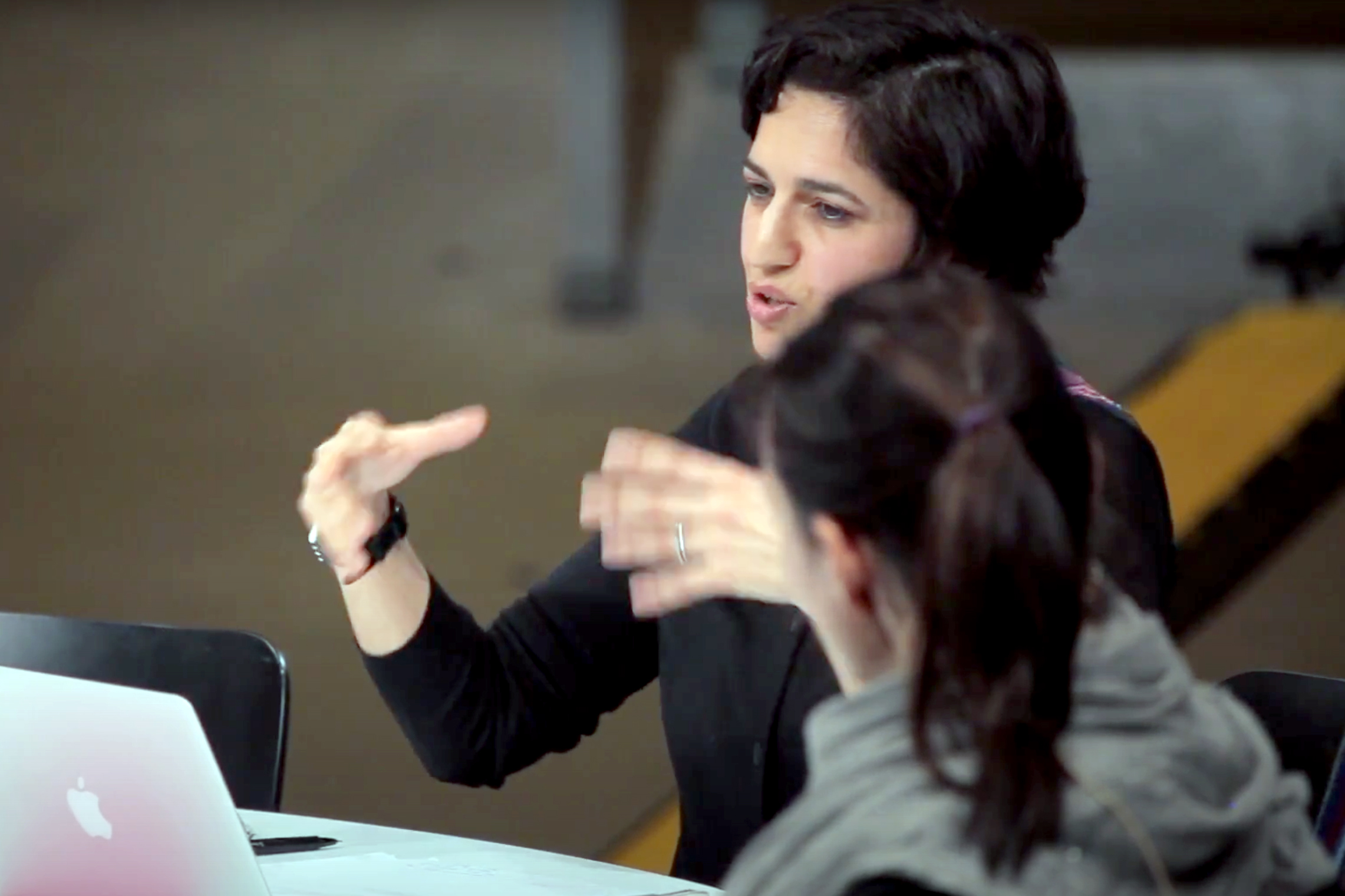
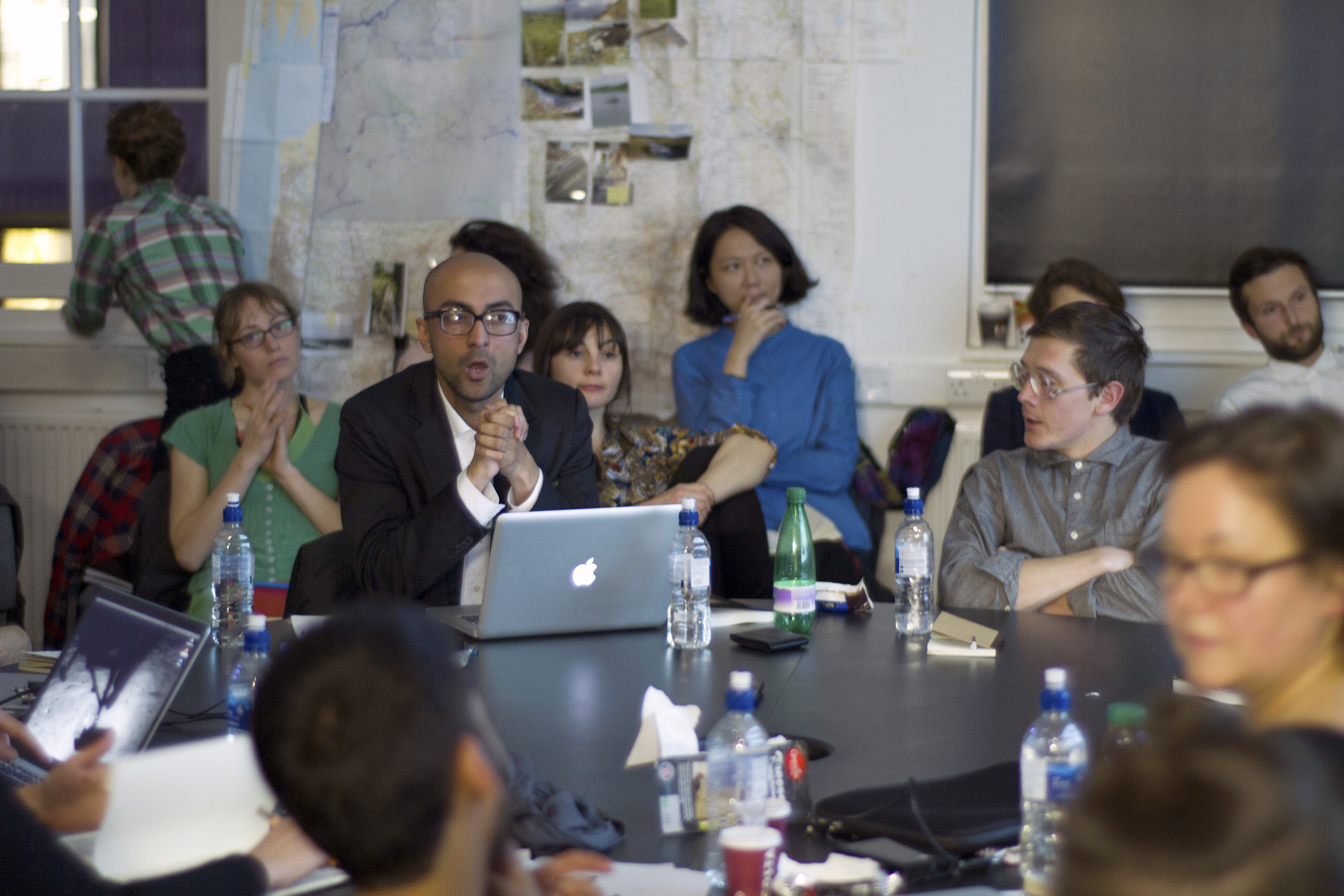
2012-13
26-27 October 2012
“Machinic Vision” seminar with Susan Schuppli
Trevor Paglen, “The Last Pictures”
7-8 December 2012
“Forensic Epidemiology” workshop organized by CRASH/MSF and CRA:
Rony Brauman, Jean Herve Bradol, Vincent Brown, Patrick Ball, Jean-Marc Dreyfus, Hamit Dardagan, Helen Epstein, Robert Jan Van Pelt, Thomas Keenan
25-26 January 2013 (LSE)
“Fifth Geneva Convention” Nature, Conflict and International Law in the Anthropocene organised by Paulo Tavares and Adrian Lahoud. Alain Pottage, Annelise Riles, D. Graham Burnett, Territorial Agency, Andreas Philippopoulos-Mihalopoulos, Ashkan Sepahvand, Louise Kulbicki, Jennifer Marlow
1-2 March 2013
“Devil's Advocates“:
Nicola Perugini, Alessandro Petti, Oscar Guardiola-Rivera, Brenna Bhandar, Emilios Christoloudidis, China Mieville, Joanne Mariner, Eitan Diamond
19-20 April 2013 (ICA)
“Activism on the Map”:
Laura Kurgan, Michel Feher, Yates McKee, Meg McLagan, Gaelle Krikorian, Amy Kapczynski
24-25 May 2013 (The Cockpit)
“Earthly Poison Arsenic and the Bengal Delta“ organised by Nabil Ahmed:
Sheila Jasanoff, Andrew Meharg, John McArthur, Peter Atkins, Shubhaa Srinivasan
26-27 October 2012
“Machinic Vision” seminar with Susan Schuppli
Trevor Paglen, “The Last Pictures”
7-8 December 2012
“Forensic Epidemiology” workshop organized by CRASH/MSF and CRA:
Rony Brauman, Jean Herve Bradol, Vincent Brown, Patrick Ball, Jean-Marc Dreyfus, Hamit Dardagan, Helen Epstein, Robert Jan Van Pelt, Thomas Keenan
25-26 January 2013 (LSE)
“Fifth Geneva Convention” Nature, Conflict and International Law in the Anthropocene organised by Paulo Tavares and Adrian Lahoud. Alain Pottage, Annelise Riles, D. Graham Burnett, Territorial Agency, Andreas Philippopoulos-Mihalopoulos, Ashkan Sepahvand, Louise Kulbicki, Jennifer Marlow
1-2 March 2013
“Devil's Advocates“:
Nicola Perugini, Alessandro Petti, Oscar Guardiola-Rivera, Brenna Bhandar, Emilios Christoloudidis, China Mieville, Joanne Mariner, Eitan Diamond
19-20 April 2013 (ICA)
“Activism on the Map”:
Laura Kurgan, Michel Feher, Yates McKee, Meg McLagan, Gaelle Krikorian, Amy Kapczynski
24-25 May 2013 (The Cockpit)
“Earthly Poison Arsenic and the Bengal Delta“ organised by Nabil Ahmed:
Sheila Jasanoff, Andrew Meharg, John McArthur, Peter Atkins, Shubhaa Srinivasan
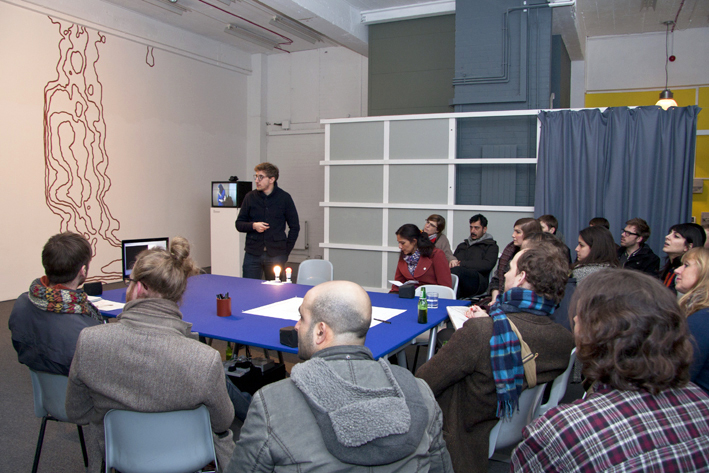
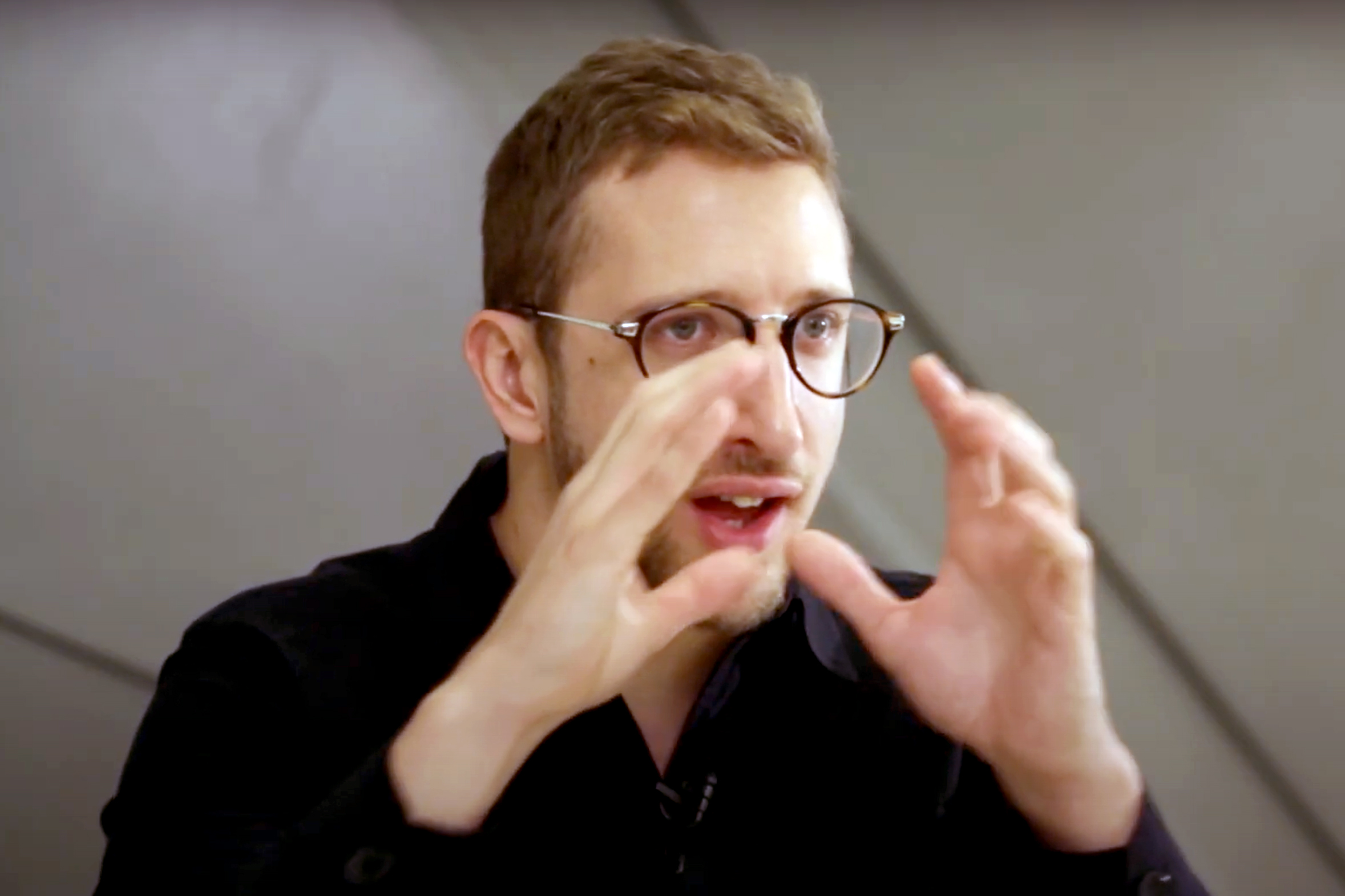
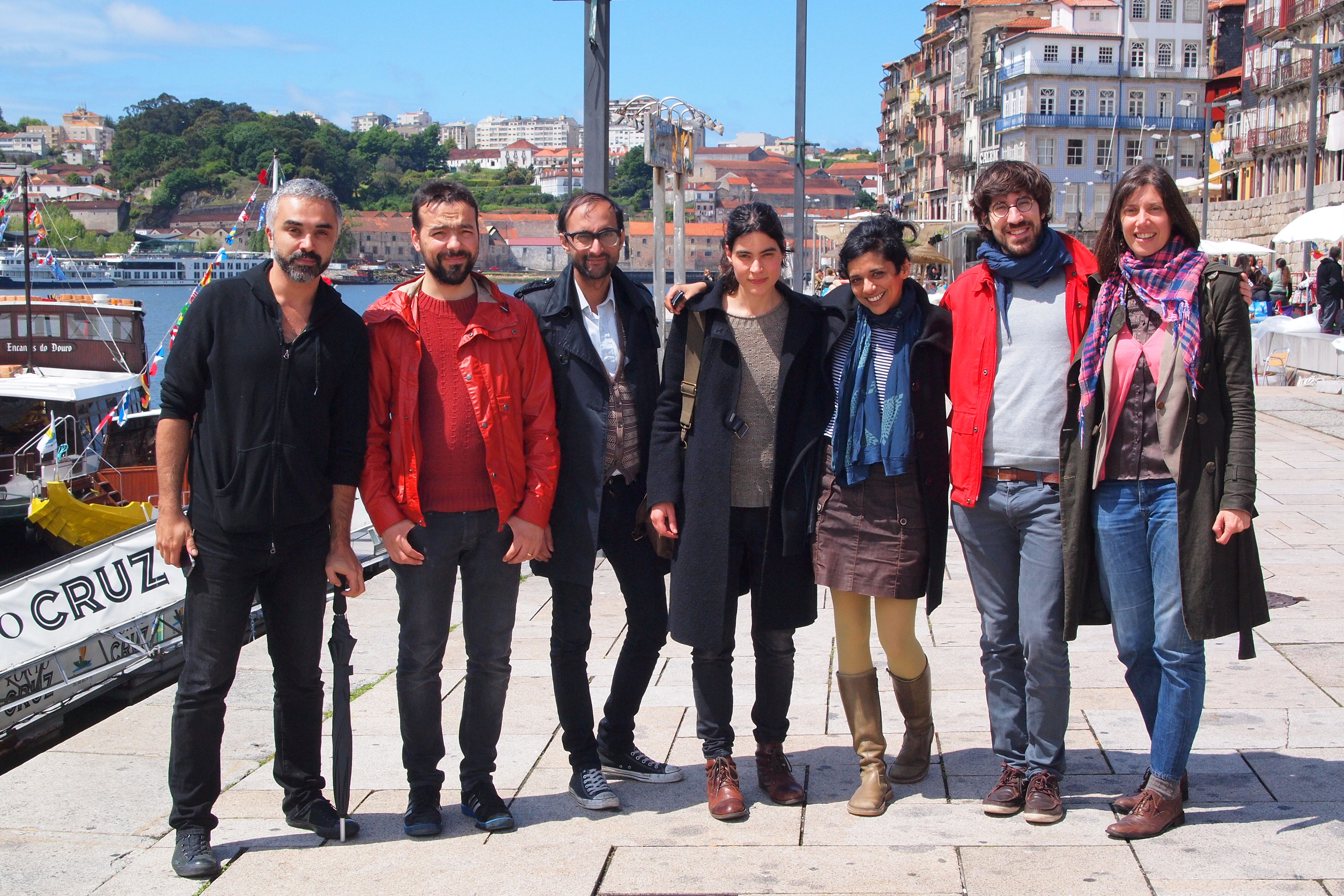
2011-12
6-8 October 2011 Michel Agier, “The Archipelago of Extra-Territoriality”
“Forensic Oceanology”:
Sara Prestianni, Karine Parrot, Lorenzo Pezzani, Charles Heller
10-11 November 2011 Derek Gregory, “’The Everywhere War’ geographies of war and bombing, ‘war on terror’, counter-insurgency”
Christoph Keller, “Experiment on the Forensic Significance of Hypnosis"
20-21 January 2012 (Barbican, London)
Graham Harman, “Networks and Assemblages”
Paulo Tavares
Noortje Marres
Susan Schuppli
24-25 February 2012 Ewa Domanska, “Ecological Humanities”
Lawrence Abu Hamdan, “The Freedom of Speech Itself”
Steve Goodman, “Stone Tape Theory”
5 March 2012 Bruno Latour, "If Nature is No Longer a mere Background for Human Activities, What Change Does it Entail for the Arts and the Social Sciences?"
16-18 March 2012 (Vienna)
“Critical Finance” seminar organised by Gerald Nestler:
Marion von Osten, Stefan Nowotny, Konrad Becker, Elie Ayache, Karin Knorr-Cetina, Thomas Feuerstein, Katja Mayer
3-5 May 2012 (Guimarães, Portugal)
“Objects, Practices, Territories” organised by Godofredo Peirera:
Ken Hollings, Gonçalo Leite Velho, Ricardo Roque, Jacob Kirkegaard, Jonathan Saldanha, Alexandra Guedes
31 May 2012 Teddy Cruz, “Where is Our Collective Imagination?”
6-8 October 2011 Michel Agier, “The Archipelago of Extra-Territoriality”
“Forensic Oceanology”:
Sara Prestianni, Karine Parrot, Lorenzo Pezzani, Charles Heller
10-11 November 2011 Derek Gregory, “’The Everywhere War’ geographies of war and bombing, ‘war on terror’, counter-insurgency”
Christoph Keller, “Experiment on the Forensic Significance of Hypnosis"
20-21 January 2012 (Barbican, London)
Graham Harman, “Networks and Assemblages”
Paulo Tavares
Noortje Marres
Susan Schuppli
24-25 February 2012 Ewa Domanska, “Ecological Humanities”
Lawrence Abu Hamdan, “The Freedom of Speech Itself”
Steve Goodman, “Stone Tape Theory”
5 March 2012 Bruno Latour, "If Nature is No Longer a mere Background for Human Activities, What Change Does it Entail for the Arts and the Social Sciences?"
16-18 March 2012 (Vienna)
“Critical Finance” seminar organised by Gerald Nestler:
Marion von Osten, Stefan Nowotny, Konrad Becker, Elie Ayache, Karin Knorr-Cetina, Thomas Feuerstein, Katja Mayer
3-5 May 2012 (Guimarães, Portugal)
“Objects, Practices, Territories” organised by Godofredo Peirera:
Ken Hollings, Gonçalo Leite Velho, Ricardo Roque, Jacob Kirkegaard, Jonathan Saldanha, Alexandra Guedes
31 May 2012 Teddy Cruz, “Where is Our Collective Imagination?”
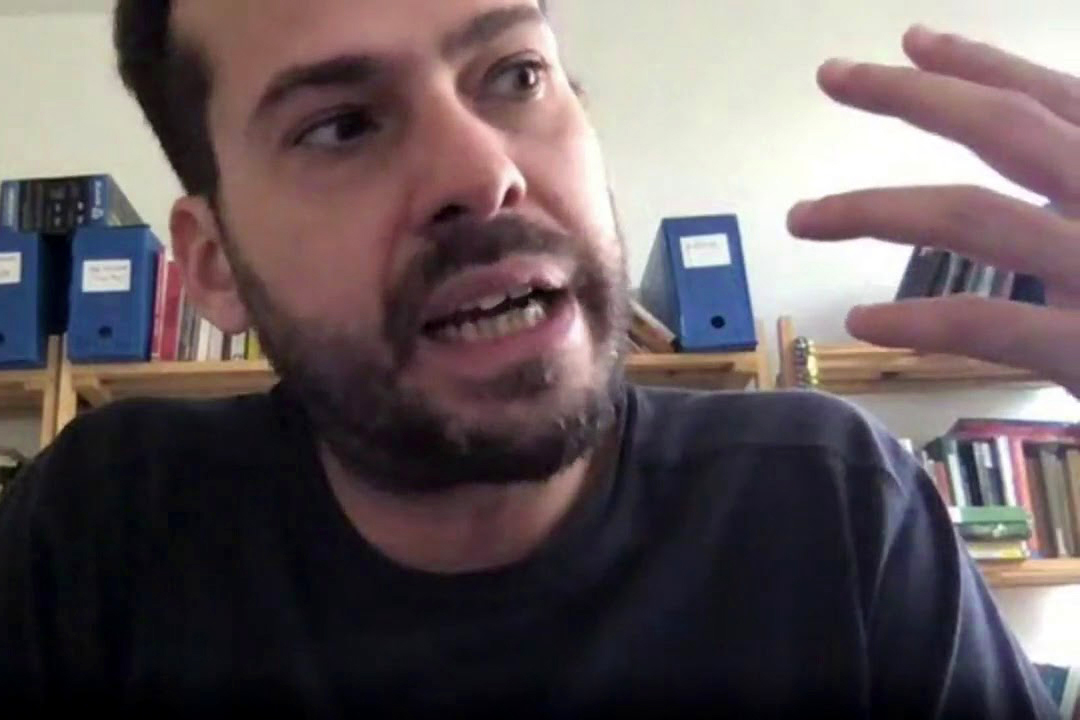

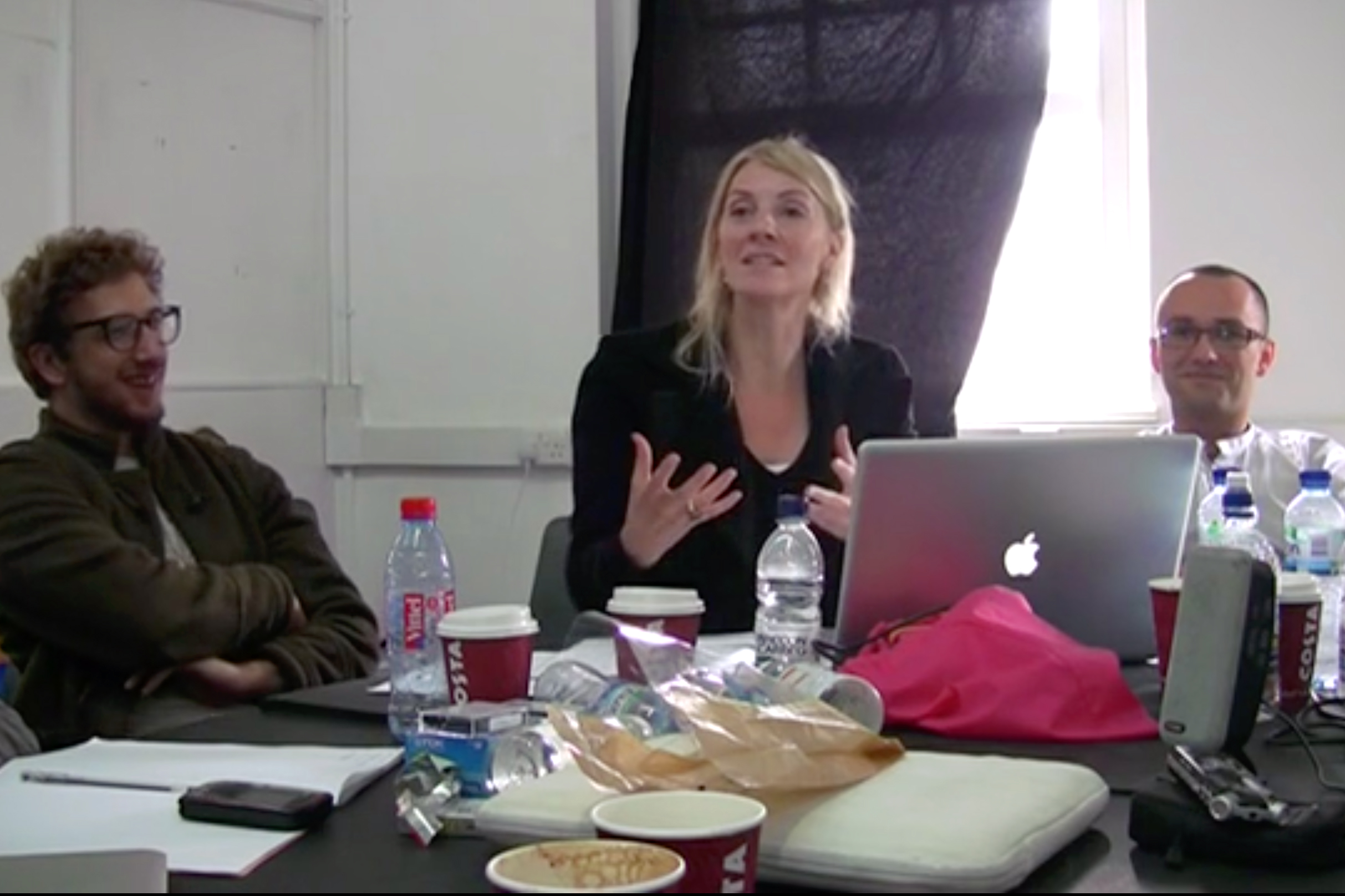
2010-11
29-30 September 2010
Anselm Franke, “Animism”
Frederik Tygstrup, “Forensic Fiction”
25-26 November 2010
Hito Steyerl, “The Language of Things”
12-13 January 2011 (Frankfurt)
“Forensic Aesthetics” seminar at Staedelschule:
Hito Steyerl, Gilles Peress, Thomas Keenan
February 4-5 2011 (Bard College & NYC)
“Forensic Evidence” seminar at the Human Rights Project at Bard College
Gerald Nestler, “Derivative world production”
25-26 February 2011
Sandro Mezzadra, “Border as Method”
Lorenzo Pezzani, “The Management of Flows: Systems of Mobility and Dispositifs of Containment”
17-19 March 2011 (Department of Cultural Studies, Copenhagen University)
“Contested Spaces: Archive, Memory, Affect” public conference
13-14 May 2011
Grupa Spomenik / Monument Group, “Mathemes of Re-Association: former Yougoslavia, genocide, forensics, identity politics”
China Mieville, “Between Equal Rights”
10-11 June 2011 (The Showroom)
“Legal Media” visual cultures symposium inspired by the work of Cornelia Vismann
29-30 September 2010
Anselm Franke, “Animism”
Frederik Tygstrup, “Forensic Fiction”
25-26 November 2010
Hito Steyerl, “The Language of Things”
12-13 January 2011 (Frankfurt)
“Forensic Aesthetics” seminar at Staedelschule:
Hito Steyerl, Gilles Peress, Thomas Keenan
February 4-5 2011 (Bard College & NYC)
“Forensic Evidence” seminar at the Human Rights Project at Bard College
Gerald Nestler, “Derivative world production”
25-26 February 2011
Sandro Mezzadra, “Border as Method”
Lorenzo Pezzani, “The Management of Flows: Systems of Mobility and Dispositifs of Containment”
17-19 March 2011 (Department of Cultural Studies, Copenhagen University)
“Contested Spaces: Archive, Memory, Affect” public conference
13-14 May 2011
Grupa Spomenik / Monument Group, “Mathemes of Re-Association: former Yougoslavia, genocide, forensics, identity politics”
China Mieville, “Between Equal Rights”
10-11 June 2011 (The Showroom)
“Legal Media” visual cultures symposium inspired by the work of Cornelia Vismann
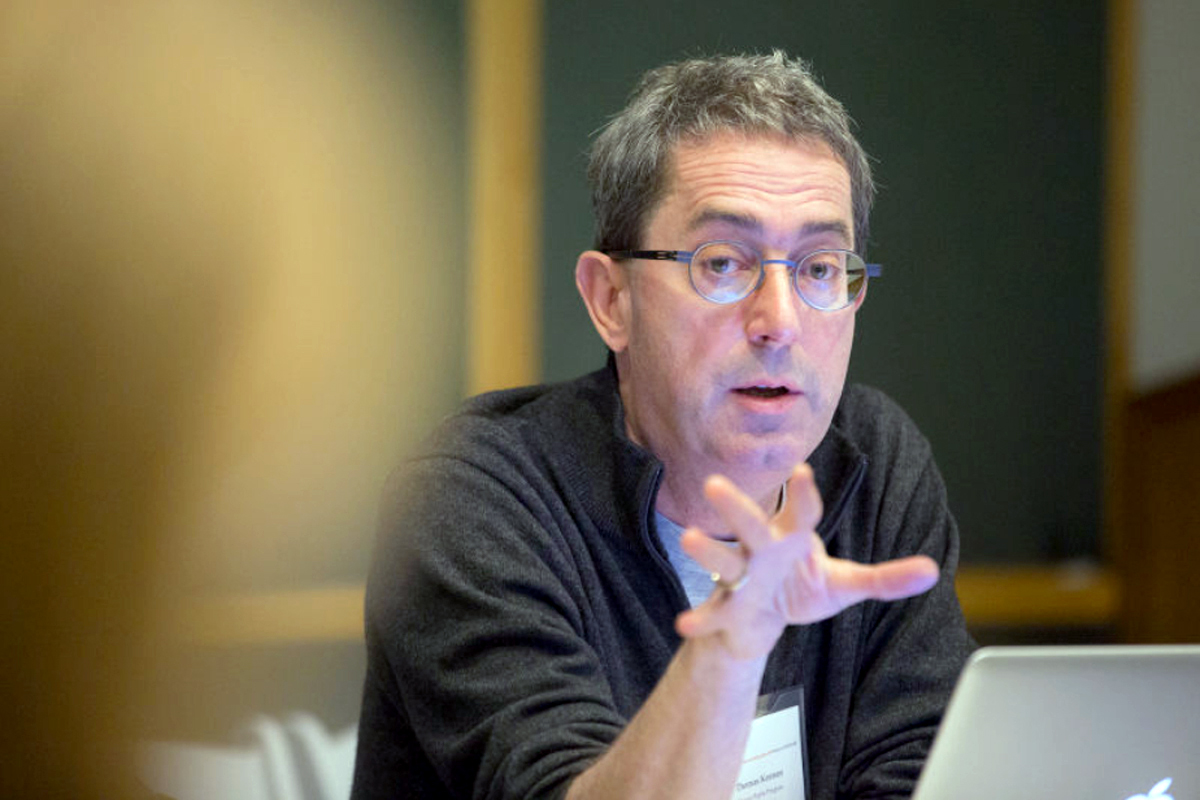
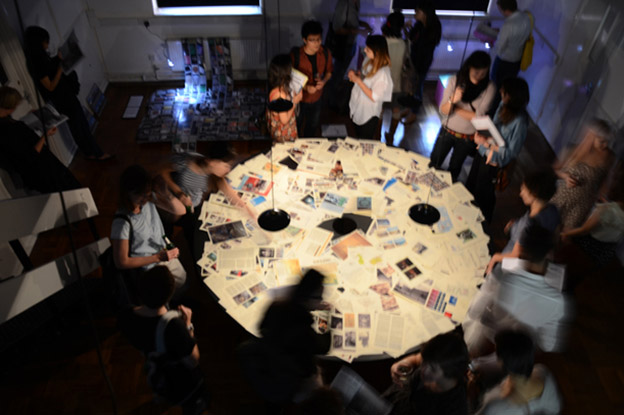

2009-10
29-30 September 2009
Thomas Keenan, "Forensic Evidence"
6-7 November 2009
"Apparatuses and Things / 1" reading seminar on the work of Bruno Latour
Frederik Tygstrup, "Relational Objects"
Emmanuel Licha, "Fiction for Real"
28-29 November 2009
"Apparatuses and things / 2" seminar with Ayesha Hameed
Charles Heller, "Images in movement"
12-13 December 2009 (Antwerp)
Avery Gordon, “Generosity and the Commons”
8-10 January 2010 (Cairo)
"Excess of Order”:
Thomas Keenan, Alessandro Petti, Avery Gordon, Hassan Kahn, Joshua Simon, Asef Bayat
19-20 February 2010
“Objectivity” reading seminar on the work of Lorraine Daston
19-20 March 2010
Piyel Haldar and Lawrence Abu Hamdan, “Aural Contract”
Oren Yftahel, “Legal Activism in the Grey Zone”
Paulo Tavares, “The Amazon”
Karen Mirza, “The Museum of Non-Participation: Collections and Collectivities”
13-15 May 2010
“Captions” workshop with Andy Fisher and Ayesha Hameed
Fareed Armaly, “Forensic Archaeology”
Alain Pottage, “Forensic Models”
10-12 June 2010 (Geneva)
“The Architecture of Human Rights” human rights, politics, international law, forensic aesthetics, evidence / parallel session of the Human Rights Council, Geneva
29-30 September 2009
Thomas Keenan, "Forensic Evidence"
6-7 November 2009
"Apparatuses and Things / 1" reading seminar on the work of Bruno Latour
Frederik Tygstrup, "Relational Objects"
Emmanuel Licha, "Fiction for Real"
28-29 November 2009
"Apparatuses and things / 2" seminar with Ayesha Hameed
Charles Heller, "Images in movement"
12-13 December 2009 (Antwerp)
Avery Gordon, “Generosity and the Commons”
8-10 January 2010 (Cairo)
"Excess of Order”:
Thomas Keenan, Alessandro Petti, Avery Gordon, Hassan Kahn, Joshua Simon, Asef Bayat
19-20 February 2010
“Objectivity” reading seminar on the work of Lorraine Daston
19-20 March 2010
Piyel Haldar and Lawrence Abu Hamdan, “Aural Contract”
Oren Yftahel, “Legal Activism in the Grey Zone”
Paulo Tavares, “The Amazon”
Karen Mirza, “The Museum of Non-Participation: Collections and Collectivities”
13-15 May 2010
“Captions” workshop with Andy Fisher and Ayesha Hameed
Fareed Armaly, “Forensic Archaeology”
Alain Pottage, “Forensic Models”
10-12 June 2010 (Geneva)
“The Architecture of Human Rights” human rights, politics, international law, forensic aesthetics, evidence / parallel session of the Human Rights Council, Geneva
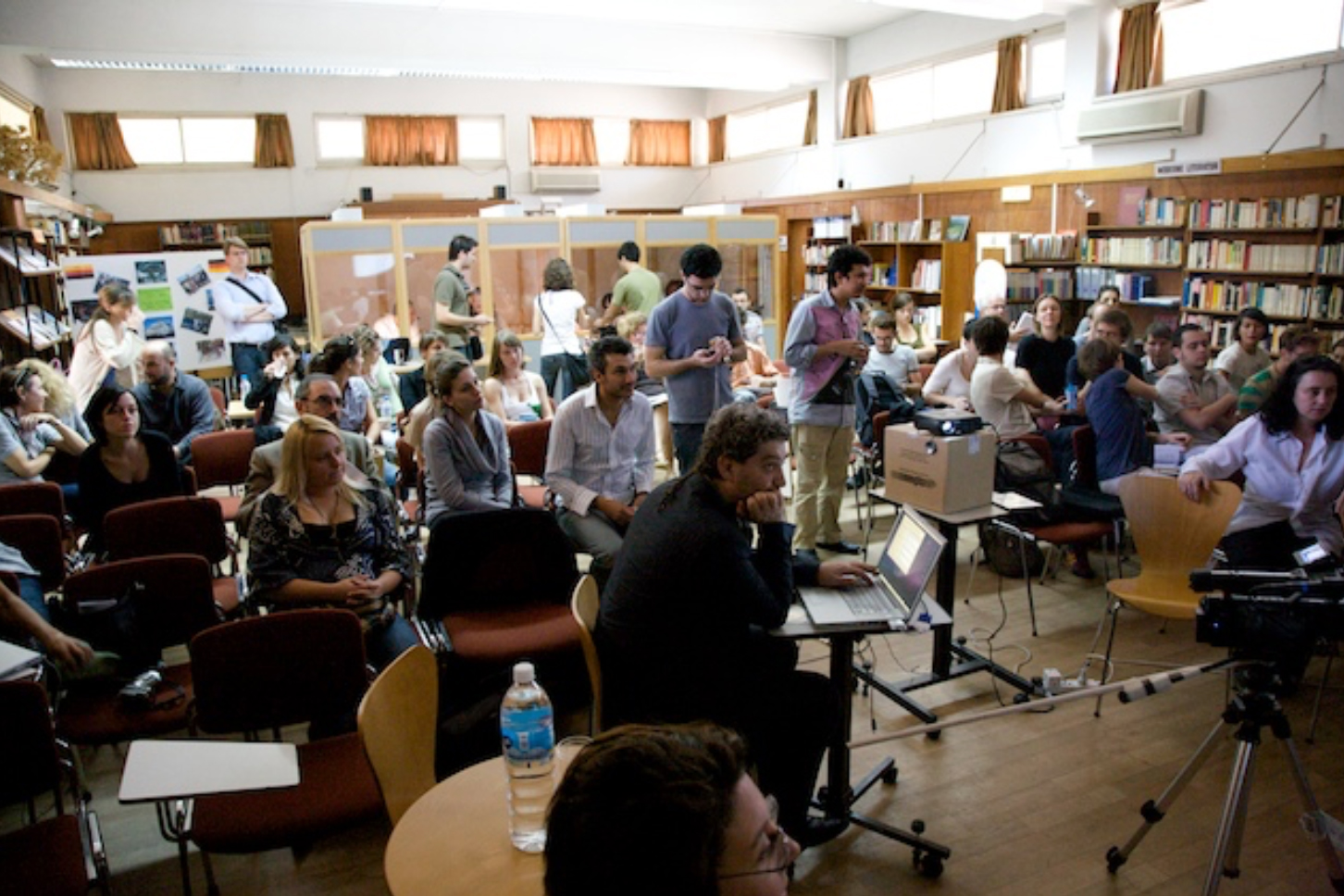

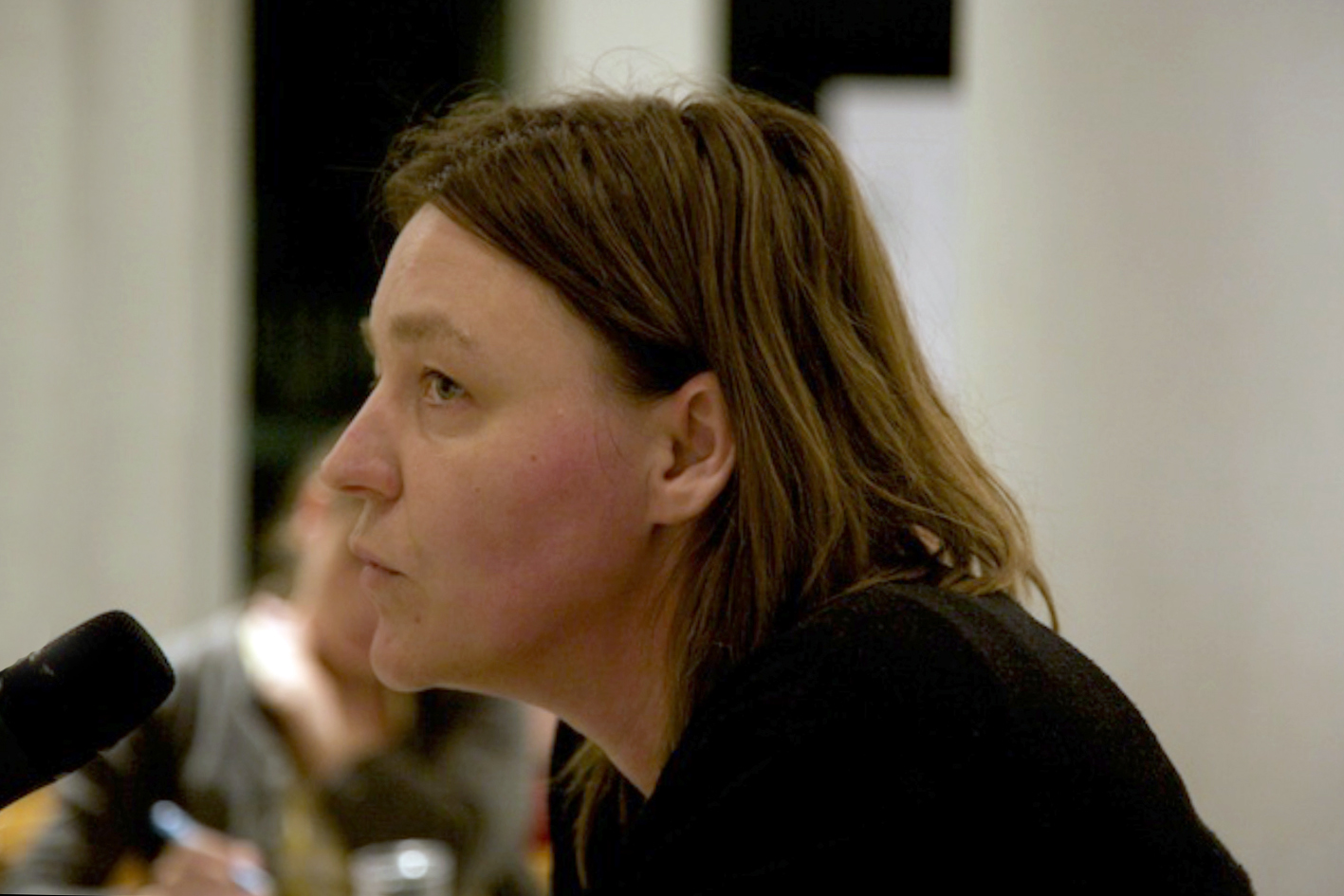
2008-09
3-4 October 2008
Florian schneider and Anselm Franke, “The Museum of Stealing Souls”
Patrick Keiller, "Film as Spatial Critique"
5-8 November 2008 (Nicosia) "Liminal Zones: Managing the Limit" border regimes, conflict, artistic practices joint seminar with University of Cyprus, University of East London, University of Thessalia. Organised by Angela Melitopoulos, Aristides Antonas, and Socrates Stratis with Haim Bresheeth, Celine Condorelli, Armin Linke, John Nassari, John Palmesino, Yiannis Papadakis, Ines Schaber, Florian Schneider, Eyal Sivan, Pelin Tan, Eyal Weizman, Phillipe Zourgane.
5-6 December 2008
“How Should We Write Today?” radical writing and publishing with Eric Hazan and Tom Penn
“What could Benjamin’s Angel see?” reading seminar with Adrian Rifkin
23-24 January 2009
Lieven De Cauter, “The Affirmation of the Political as the Affirmation of the State of Nature”
Yates McKee, “From the 'Ecological Conscience' to the Biopolitics of Sustainability in Contemporary Art and Design"
27-28 February 2009
Adi Ophir, "Forms of Violence, Catastrophization and NGO management”
1-7 May 2009 (Israel, Palestine, Jordan)
“Returns” refugees, Israel/Palestine, politics of space seminar and visits organized with Decolonizing Architecture and Rasha Salti
5-6 June 2009
John Palmesino, “Neutrality”
Eyal Sivan, “The Common Archive”
3-4 October 2008
Florian schneider and Anselm Franke, “The Museum of Stealing Souls”
Patrick Keiller, "Film as Spatial Critique"
5-8 November 2008 (Nicosia) "Liminal Zones: Managing the Limit" border regimes, conflict, artistic practices joint seminar with University of Cyprus, University of East London, University of Thessalia. Organised by Angela Melitopoulos, Aristides Antonas, and Socrates Stratis with Haim Bresheeth, Celine Condorelli, Armin Linke, John Nassari, John Palmesino, Yiannis Papadakis, Ines Schaber, Florian Schneider, Eyal Sivan, Pelin Tan, Eyal Weizman, Phillipe Zourgane.
5-6 December 2008
“How Should We Write Today?” radical writing and publishing with Eric Hazan and Tom Penn
“What could Benjamin’s Angel see?” reading seminar with Adrian Rifkin
23-24 January 2009
Lieven De Cauter, “The Affirmation of the Political as the Affirmation of the State of Nature”
Yates McKee, “From the 'Ecological Conscience' to the Biopolitics of Sustainability in Contemporary Art and Design"
27-28 February 2009
Adi Ophir, "Forms of Violence, Catastrophization and NGO management”
1-7 May 2009 (Israel, Palestine, Jordan)
“Returns” refugees, Israel/Palestine, politics of space seminar and visits organized with Decolonizing Architecture and Rasha Salti
5-6 June 2009
John Palmesino, “Neutrality”
Eyal Sivan, “The Common Archive”

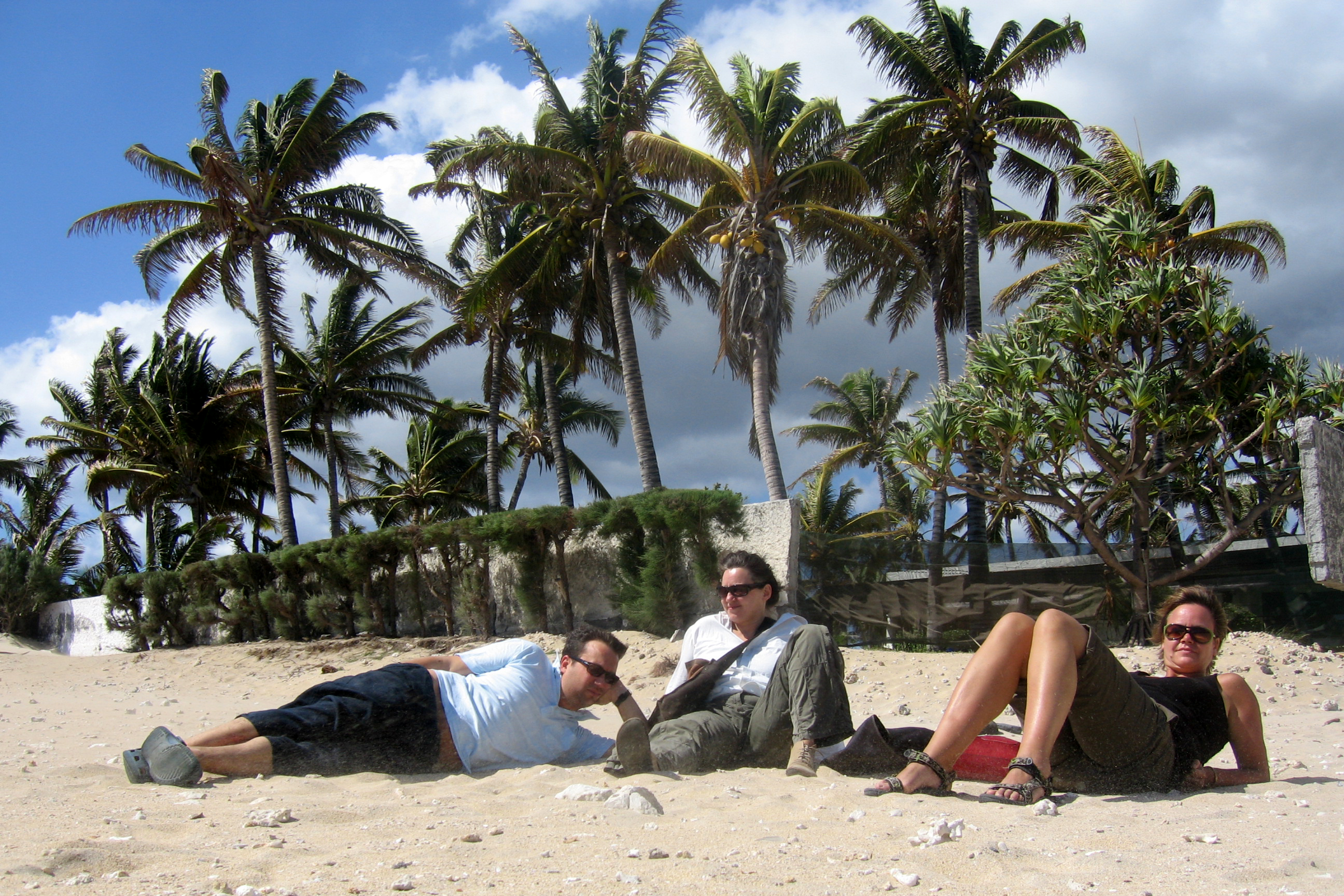

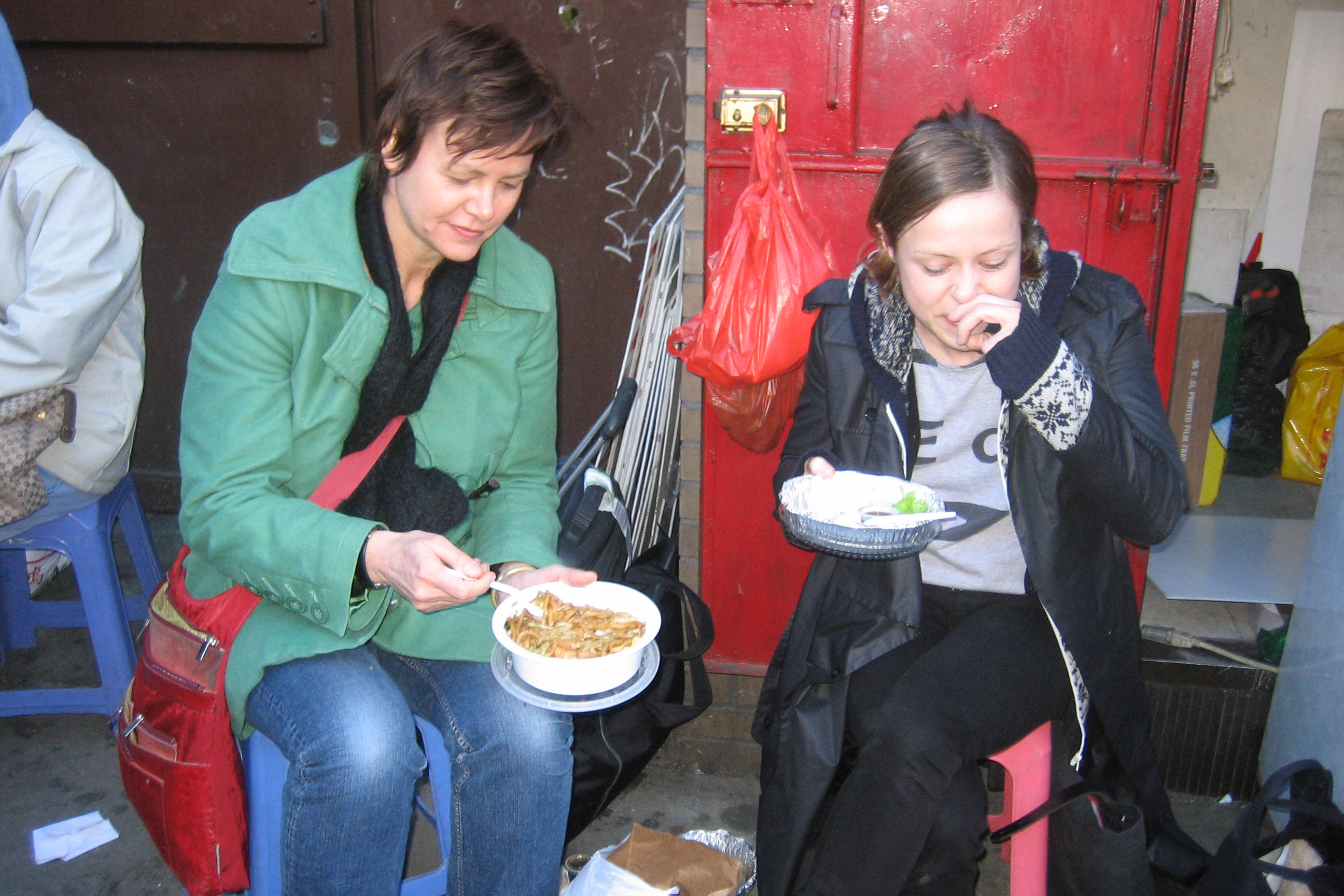
2007-08
5-6 October 2007
Hal Foster, “Art and Architecture”
Florian Schneider, "Imaginary Property"
10-14 December 2007 (Reunion, Indian Ocean)
“Carrefour de l'Image” joint seminar with the Ecole des Beaux-arts de La Réunion organised by Philippe Zourgane
11-12 January 2008
Nicolas Bourriaud, "From 'Relational Aesthetics' to 'Globalization and the 'Radicant'”
8-9 February 2008
Michael Taussig, “Field Work / Visual Research”
14-15 March 2008
Brian Holmes, "Escape the Overcode: Guattari's Schizoanalytic Cartographies, or the Pathic Core at the Heart of Cybernetics”
25-26 April 2008
Michel Feher, “Powerless by Design: The Age of the International Community”
16-17 May 2008
Stefano Harney, “Bio-Politics and Governance”
Stefano Boeri, “Architecture and Geo-Politics”
5-6 October 2007
Hal Foster, “Art and Architecture”
Florian Schneider, "Imaginary Property"
10-14 December 2007 (Reunion, Indian Ocean)
“Carrefour de l'Image” joint seminar with the Ecole des Beaux-arts de La Réunion organised by Philippe Zourgane
11-12 January 2008
Nicolas Bourriaud, "From 'Relational Aesthetics' to 'Globalization and the 'Radicant'”
8-9 February 2008
Michael Taussig, “Field Work / Visual Research”
14-15 March 2008
Brian Holmes, "Escape the Overcode: Guattari's Schizoanalytic Cartographies, or the Pathic Core at the Heart of Cybernetics”
25-26 April 2008
Michel Feher, “Powerless by Design: The Age of the International Community”
16-17 May 2008
Stefano Harney, “Bio-Politics and Governance”
Stefano Boeri, “Architecture and Geo-Politics”

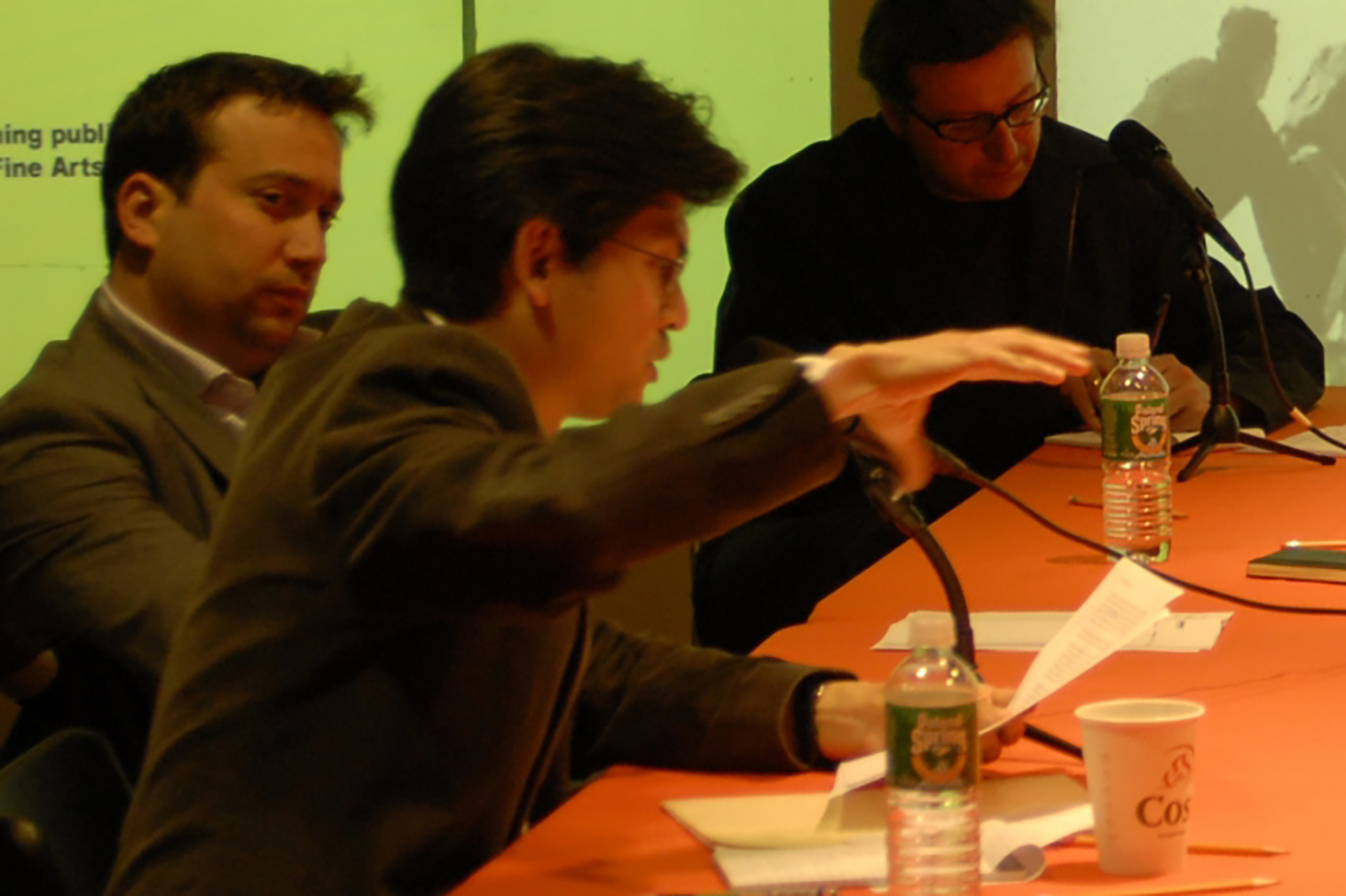
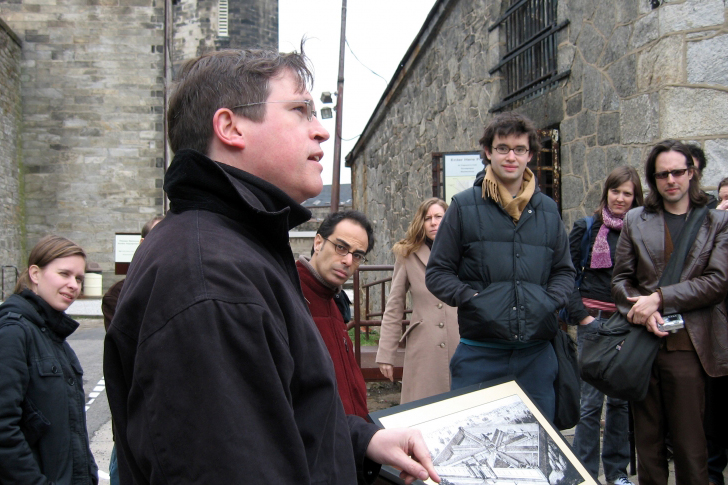
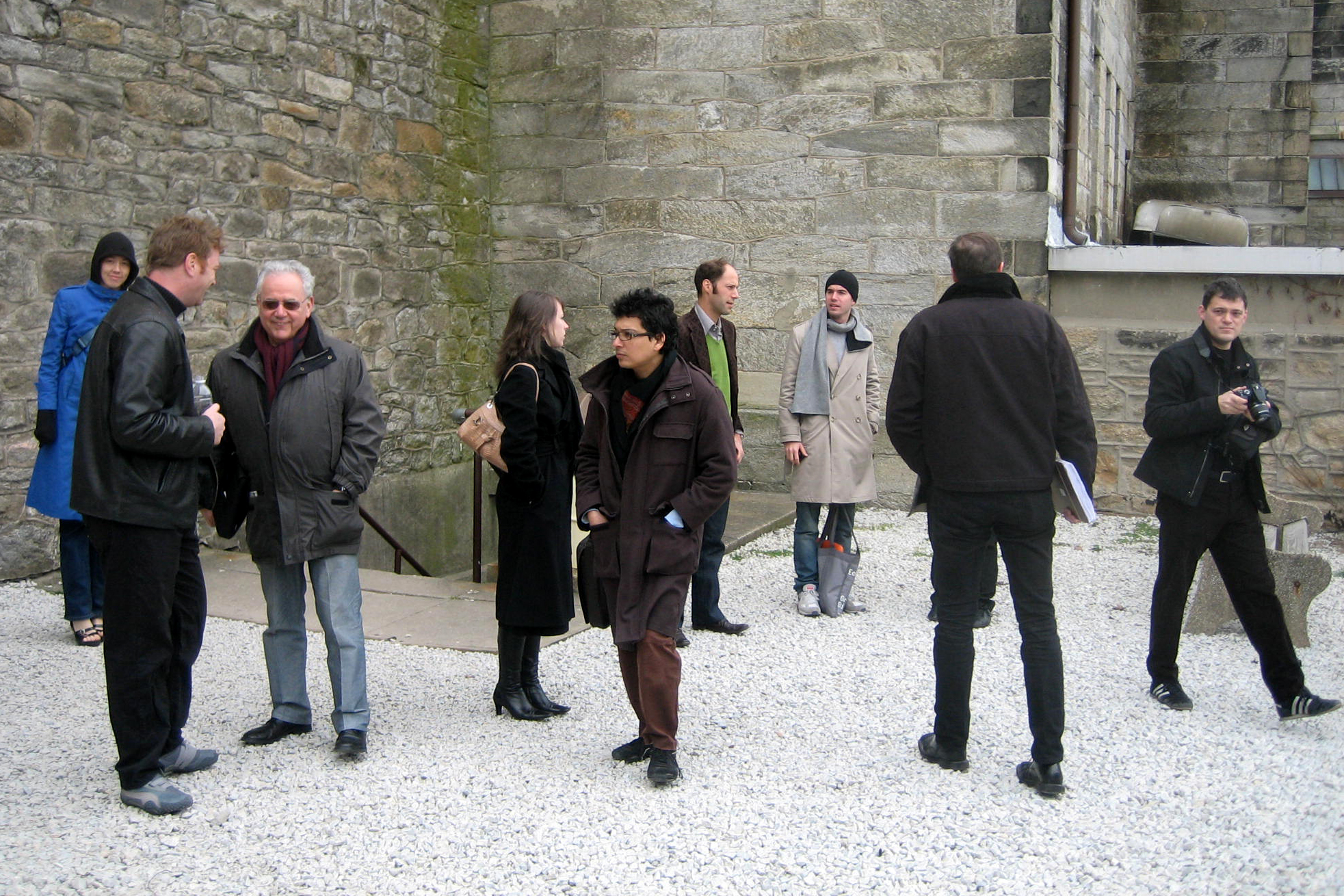
2006-07
6-7 October 2006
Keller Easterling, "ExtraStateCraft: hidden organizations, spatial contagion and activism"
Markus Miessen, “The Violence of Participation: Spatial Practices beyond Models of Consensus”
2-3 November 2006
Suhail Malik, "Art as a Methodology for Research into Politics"
Simon O'Sullivan, "Theory and Practice in the Work of Deleuze and Guattari"
1-2 December 2006
Mark Cousins, "Prosthetic Space"
12-13 January 2007
Shumon Basar, “The Modern Gallery as ‘Concrete Abstraction’ and the Emergent Cultural and Political Economies of the 21st Century”
Felicity Scott, “Air Emergency”
2-3 February 2007
Pier Vittorio Aureli, "The Formal and the Political: Architecture as State of Exception"
1-3 March 2007 Antwerp
Juliane Rebentisch, “Autonomy and Context: Aesthetic Experience and the Dissolution of Artistic Limits”
Bart de Baere, “The Museum, a Hypothesis of Art”
"No Matter how Bright the Light, the Crossings Occur at Night" exhibition ExtraCity with Ines Schaber, curated by Anselm Franke
26-31 March 2007 (NYC & Philadelphia)
“Architectural Practices” seminar at Columbia University with Susan Schuppli, Rheinhold Martin, Laura Kurgan, Felicity Scott
“Evasions of Power” conference at Penn School of Design organized by Srdjan Jovanovic Weiss, Aaron Levy, Katherine Carl
27-28 April 2007
AbdouMaliq Simone, “Urban Research in African Cities”
24-26 May 2007 (Berlin)
“SUMMIT: Non-Aligned Initiatives in Education Culture” education, knowledge production, information society public conference
29-30 June 2007
TJ Demos, "Tales of Exile"
6-7 October 2006
Keller Easterling, "ExtraStateCraft: hidden organizations, spatial contagion and activism"
Markus Miessen, “The Violence of Participation: Spatial Practices beyond Models of Consensus”
2-3 November 2006
Suhail Malik, "Art as a Methodology for Research into Politics"
Simon O'Sullivan, "Theory and Practice in the Work of Deleuze and Guattari"
1-2 December 2006
Mark Cousins, "Prosthetic Space"
12-13 January 2007
Shumon Basar, “The Modern Gallery as ‘Concrete Abstraction’ and the Emergent Cultural and Political Economies of the 21st Century”
Felicity Scott, “Air Emergency”
2-3 February 2007
Pier Vittorio Aureli, "The Formal and the Political: Architecture as State of Exception"
1-3 March 2007 Antwerp
Juliane Rebentisch, “Autonomy and Context: Aesthetic Experience and the Dissolution of Artistic Limits”
Bart de Baere, “The Museum, a Hypothesis of Art”
"No Matter how Bright the Light, the Crossings Occur at Night" exhibition ExtraCity with Ines Schaber, curated by Anselm Franke
26-31 March 2007 (NYC & Philadelphia)
“Architectural Practices” seminar at Columbia University with Susan Schuppli, Rheinhold Martin, Laura Kurgan, Felicity Scott
“Evasions of Power” conference at Penn School of Design organized by Srdjan Jovanovic Weiss, Aaron Levy, Katherine Carl
27-28 April 2007
AbdouMaliq Simone, “Urban Research in African Cities”
24-26 May 2007 (Berlin)
“SUMMIT: Non-Aligned Initiatives in Education Culture” education, knowledge production, information society public conference
29-30 June 2007
TJ Demos, "Tales of Exile"
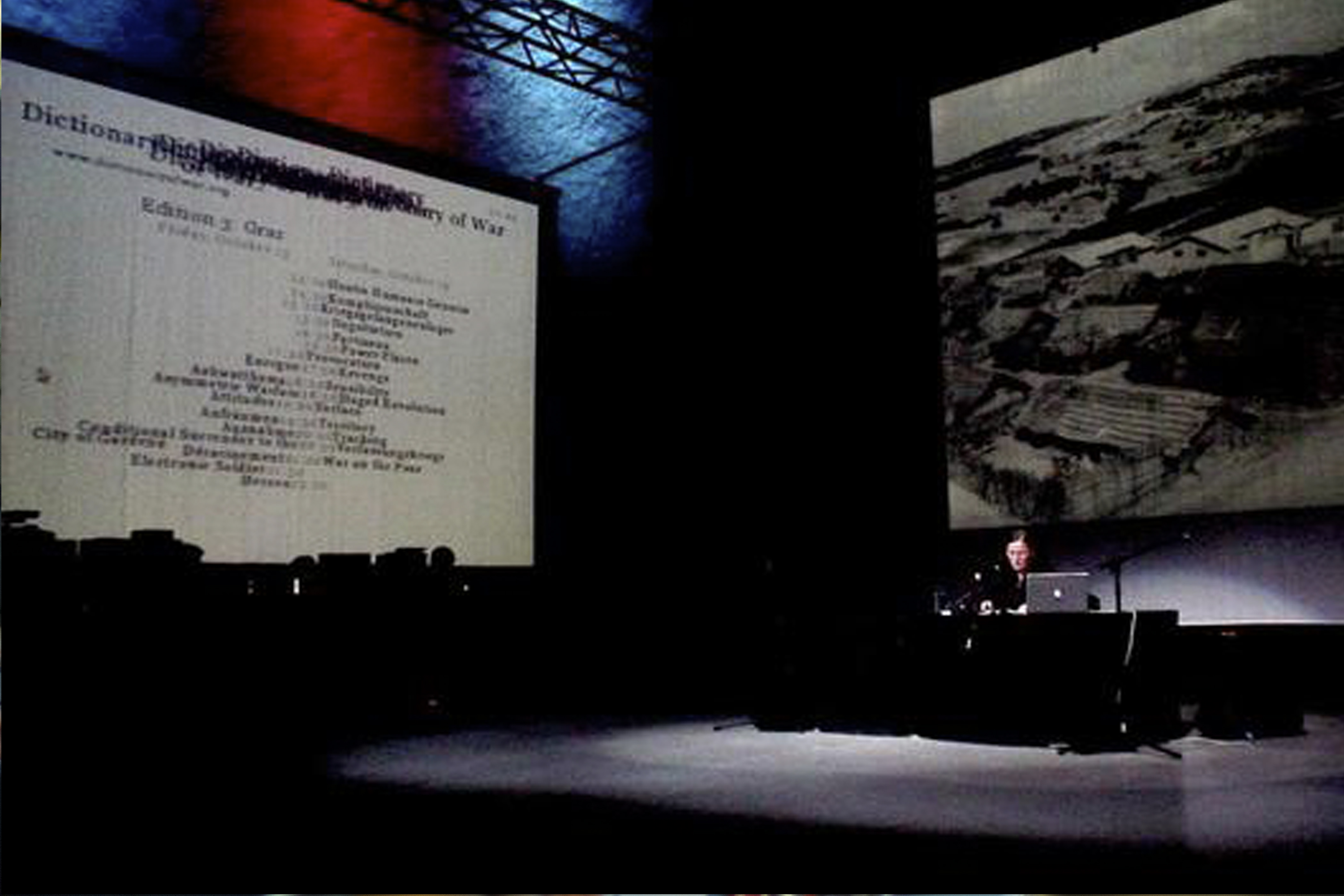
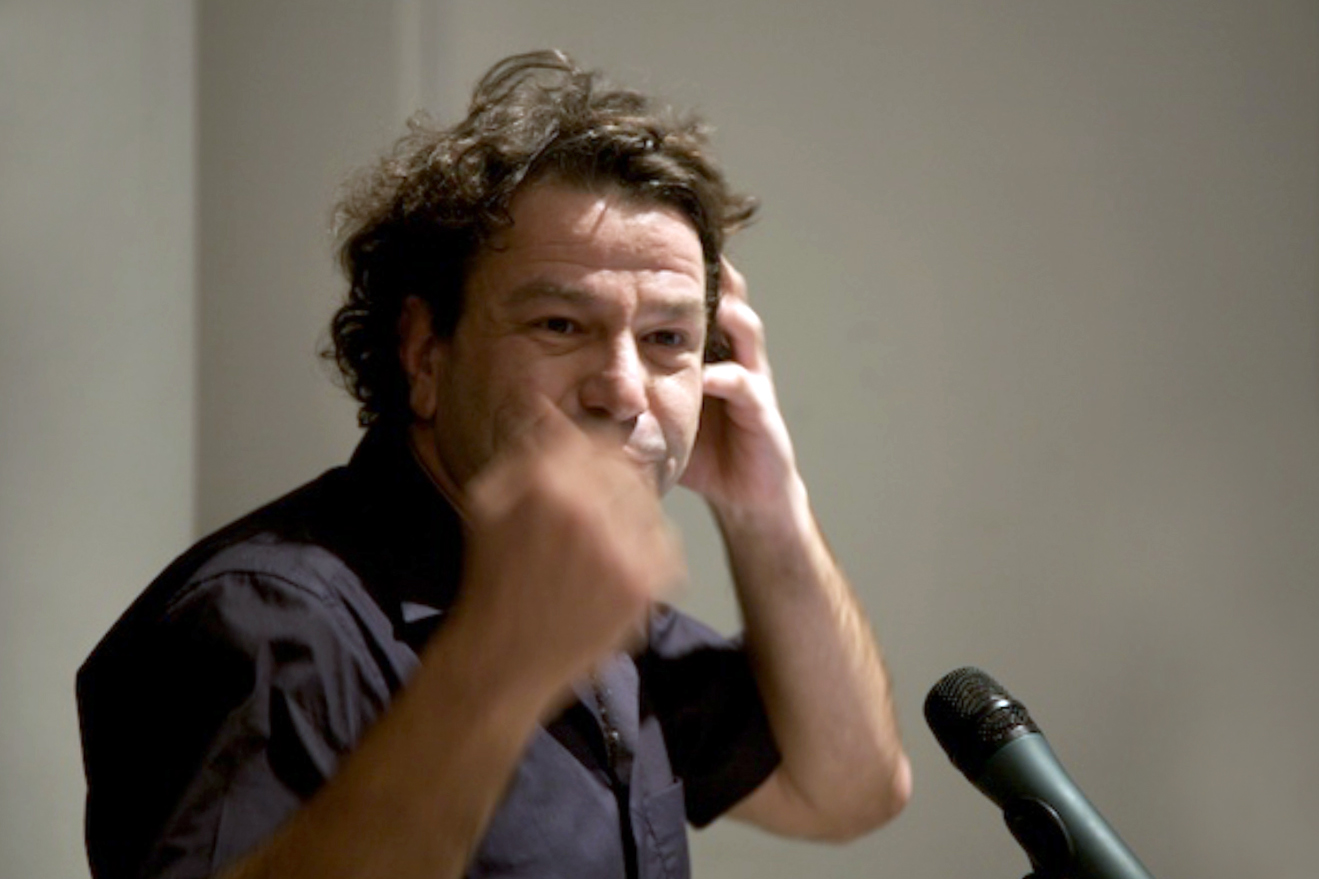
2005-06
28 October 2005 “Introduction to Research Architecture”
2-3 December 2005 Robert Jan Van Pelt, “A Forensic Investigation of the Holocaust”
Eyal Sivan, “Route 181”
10-12 February 2006 (KW Berlin)
Beatrice von Bismarck, "Spaces of Display"
“B-zone” exhibition at KW
Amos Gitai, "News from House"
Maurizio Lazzarato, “Immaterial labour”
3-4 March 2006
Cornelia Vismann, "Tele-Tribunals"
24 March 2006
"Humanitarian Paradoxes":
Thomas Keenan and Laura Kurgan
24 April 2006
Alberto Toscano, “Jacques Rancière’s The Distribution of the Sensible”
12 May 2006
Scott Lash, "Intensive Culture"
2-3 June 2006 (Frankfurt)
Irit Rogoff, "The Academy"
Florian Schneider, "Dictionary of War"
28 October 2005 “Introduction to Research Architecture”
2-3 December 2005 Robert Jan Van Pelt, “A Forensic Investigation of the Holocaust”
Eyal Sivan, “Route 181”
10-12 February 2006 (KW Berlin)
Beatrice von Bismarck, "Spaces of Display"
“B-zone” exhibition at KW
Amos Gitai, "News from House"
Maurizio Lazzarato, “Immaterial labour”
3-4 March 2006
Cornelia Vismann, "Tele-Tribunals"
24 March 2006
"Humanitarian Paradoxes":
Thomas Keenan and Laura Kurgan
24 April 2006
Alberto Toscano, “Jacques Rancière’s The Distribution of the Sensible”
12 May 2006
Scott Lash, "Intensive Culture"
2-3 June 2006 (Frankfurt)
Irit Rogoff, "The Academy"
Florian Schneider, "Dictionary of War"
Susan Schuppli
Professor & Director of the Centre for Research Architecture
s.schuppli@gold.ac.uk

Susan Schuppli is an artist-researcher and writer. Through investigative processes that involve an engagement with scientific and technical modes of inquiry, her work aims to open up new pathways into the material strata of our world. While many projects have examined media artefacts that have emerged out of sites of contemporary conflict and state violence, current research explores issues related to the cryosphere. Creative projects have been exhibited throughout Europe as well as in Canada, Asia and the US. She is author of Material Witness (MIT Press 2020), and is working on a new book Just Ice: Cold Rights in a Warming World. She is an affiliate artist-researcher and board chair of Forensic Architecture. Previously she was Senior Research Fellow and Project Co-ordinator of Forensic Architecture.
Susan Schuppli’s website
Susan Schuppli’s website
Eyal Weizman
Professor & Director of Forensic Architecture
e.weizman@gold.ac.uk
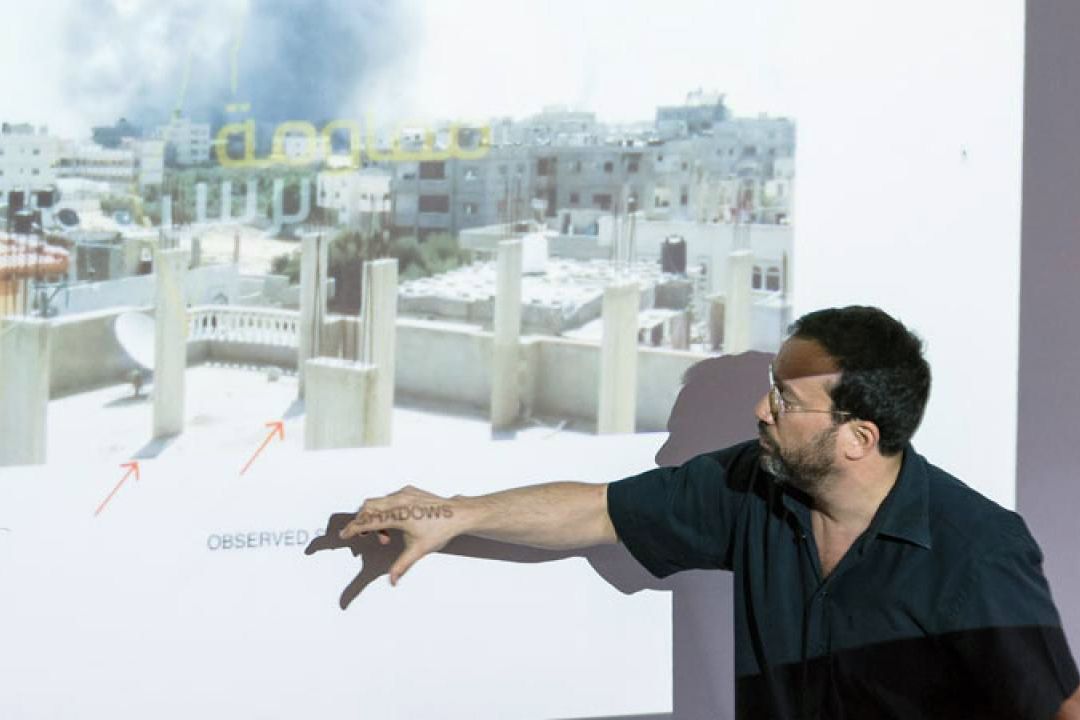
Eyal Weizman is the founding director of Forensic Architecture and Professor of Spatial and Visual Cultures at Goldsmiths, University of London.The author of over 15 books, he has held positions in many universities worldwide including Princeton, ETH Zurich and the Academy of Fine Arts in Vienna. He is a member of the Technology Advisory Board of the International Criminal Court and the Centre for Investigative Journalism. In 2019 he was elected life fellow of the British Academy and appointed Member of the Order of the British Empire (MBE) in the 2020 New Year Honours for services to architecture. In 2020 he was elected the Richard von Weizsäcker fellow at the Bosch Academy. Eyal studied architecture at the Architectural Association, graduating in 1998. He received his PhD in 2006 from the London Consortium at Birkbeck, University of London.
Forensic Architecture website
Forensic Architecture website
Başak Ertür
Reader in Research Architecture
b.ertur@gold.ac.uk
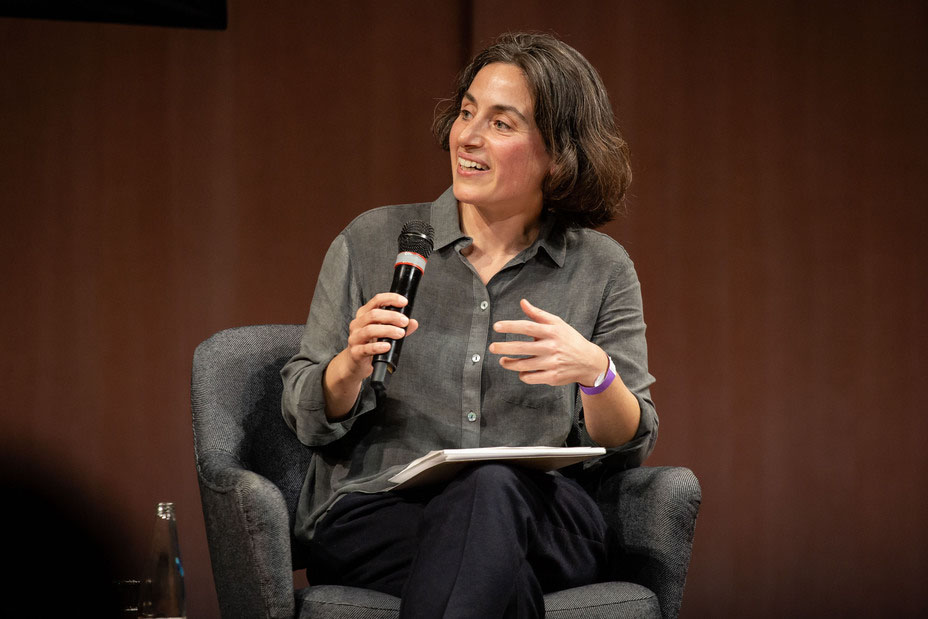
Başak Ertür is a critical legal scholar. She is the author of Spectacles and Specters: A Performative Theory of Political Trials (Fordham University Press, 2022). Her work is engaged with questions of legal violence, legal performativity, and more broadly with law's epistemologies and aesthetics. She was a Leverhulme Research Fellow (2023-24) and is working on a book Just Publics: Counter-claims to Public Truth and Justice. Edited collections include the Routledge Handbook on the Lived Experience of Ideology (James Martel, Naveed Mansouri and Connal Parsley, 2024), Manual for Conspiracy (2011), and Waiting for the Barbarians: A Tribute to Edward Said (Müge Gürsoy Sökmen, 2008). In 2016 she received the Association for the Study of Law Culture and the Humanities Julien Mezey Dissertation Award and was a CAPES/PRINT Visiting Professor at Pontifical Catholic University of Rio de Janeiro in 2022. Previously she taught at Birkbeck Law School. She serves on the advisory board of Forensis and the editorial committee of Law & Critique.
Kodwo Eshun
Lecturer in Research Architecture
k.eshun@gold.ac.uk
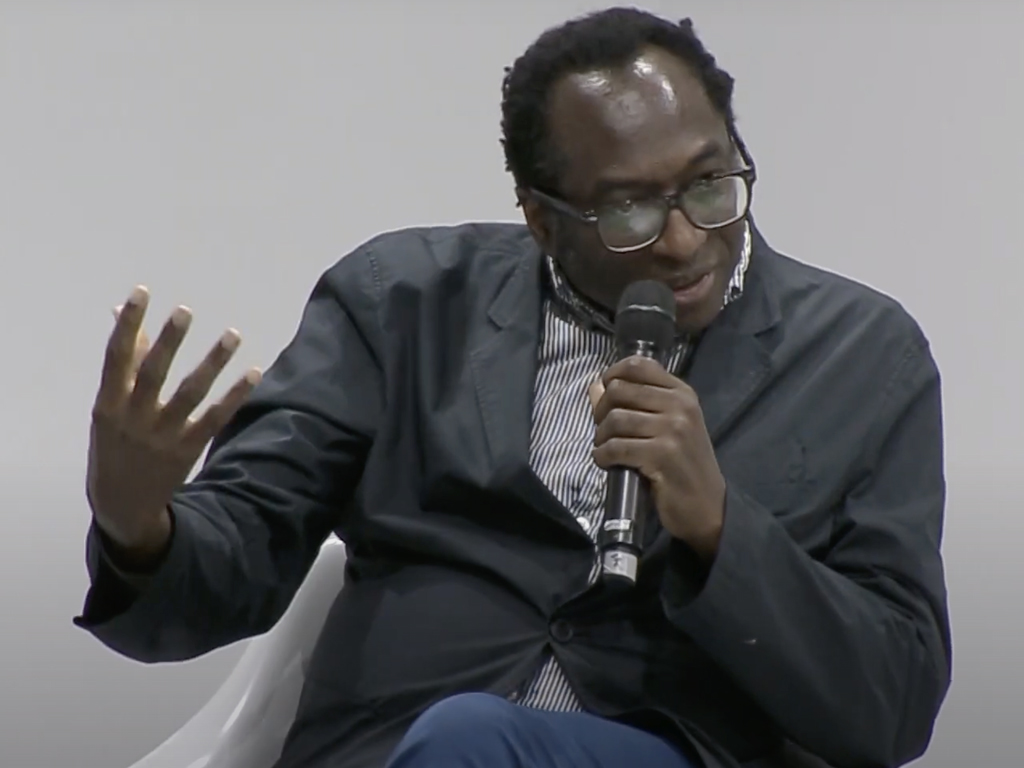
Kodwo Eshun is a filmmaker, theorist and artist, based in London. His research interests include contemporary art, critical theory, postwar liberation movements, modern and contemporary musicality, cybernetic theory, the cinematic soundtrack and archaeologies of futurity. In 2002, he founded The Otolith Group together with Anjalika Sagar. Their essayistic approach reflects on the perception and nature of documentary practice through films, texts and activities related to media archives. The Otolith Group were nominated for The Turner Prize in 2010 and have exhibited internationally since 2003. Kodwo is author of More Brilliant than the Sun: Adventures in Sonic Fiction (2020), and Dan Graham: Rock My Religion (2012), co-editor of The Fisher Function (2017), Post Punk Then and Now (2016), The Militant Image: A Cine-Geography: Third Text Vol 25 Issue (2011), Harun Farocki Against What? Against Whom (2010) and The Ghosts of Songs: The Film Art of the Black Audio Film Collective 1982–1998 (2007).
The Otolith Group website
The Otolith Group website
Christina Varvia
Lecturer in Forensic Architecture
c.varvia@gold.ac.uk
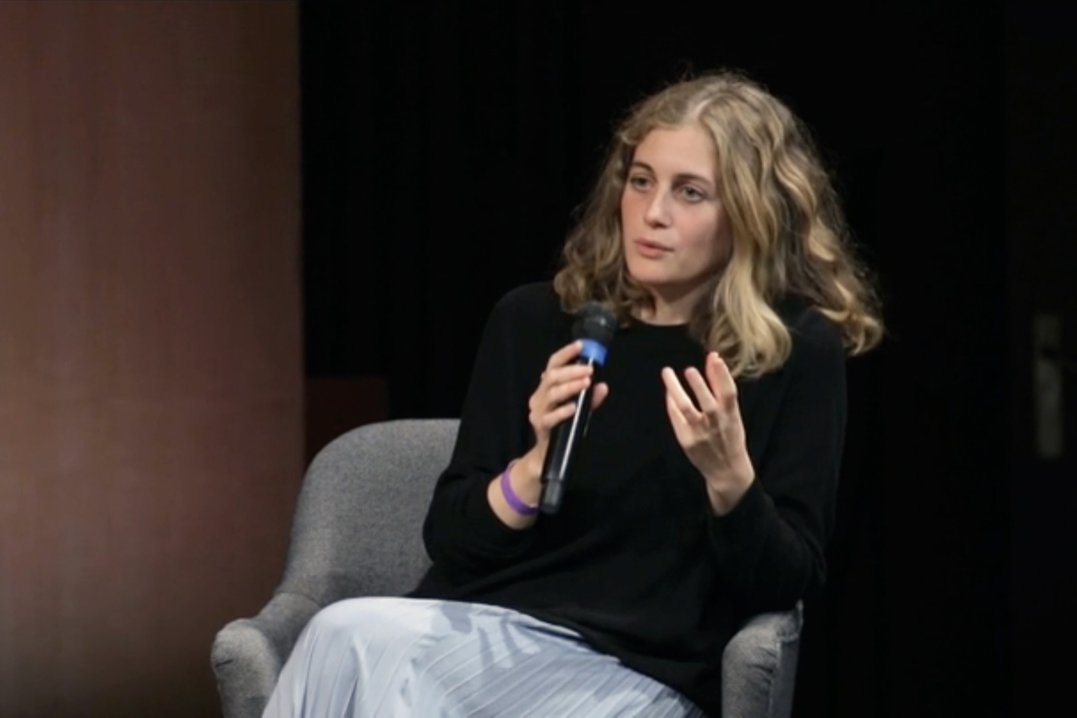
Christina Varvia is the former Deputy Director and Lead Researcher of Forensic Architecture (FA). She is trained as an architect at the Architectural Association (AA) and Westminster University and has taught a Diploma unit (MArch) at the AA (2018-2020) before joining the CRA. She has been a member of the Technology Advisory Board for the International Criminal Court (2018) as well as a Fellow at Louisiana Museum of Modern Art (2020-2023) where she co-curated the Forensic Architecture exhibition Witnesses. Christina’s research is on feminist theory and biopolitics within the frame of investigative practice and she holds a PhD in Aesthetics and Culture from Aarhus University. She is a founding member and the board chair of Forensis e.V. and the co-founder and co-director of FAIĀ (Forensic Architecture Initiative Athens).
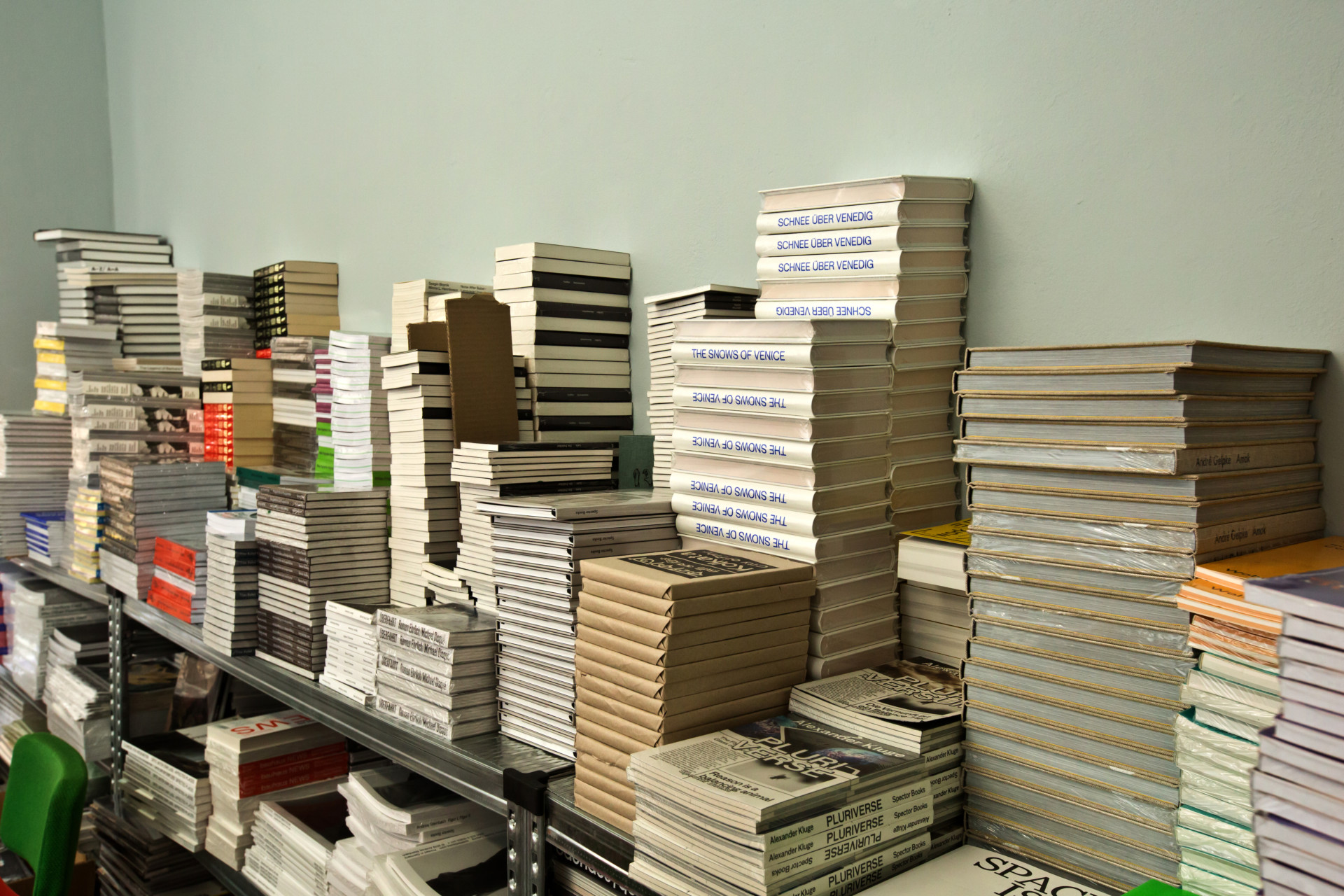
Photography courtesy of Gert Mothes
In 2022 the Centre for Research Architecture launched its four part book series exploring Pedagogy, Politics, and Practices published by Spector Books in Leipzig.
Each of the four publications investigates key areas of research that have emerged out of the Centre, over the past fifteen years. In doing so, the publications foreground the innovative practice-based methodologies and modes of political engagement that have been assembled to better respond to contemporary spatial urgencies. As such, each of the books in the series is organised around a specific spatial issue or concern and draws together contributions from thinkers and practitioners associated with the CRA whose work exemplifies this approach.
This book series seeks to highlight the investigative spirit and collaborative methods of the CRA’s practice-led pedagogical programmes by bringing together documents of specific investigations, examples of spatial methods, snaps shots of research projects, interviews, transcripts of Roundtable discussions, collective works, and archival materials.
Editors: Riccardo Badano, Tomas Percival, Susan Schuppli
Editorial Assistant; Asli Uludag
Designers: Ariadna Serrahima & Diego Bustamante (Oficina de disseny)
The book series has been supported by The Graham Foundation for Advanced Studies in the Fine Arts, Department of Visual Cultures, and the New Institute, Rotterdam.
![]()
![]()
I: BORDER ENVIRONMENTS (2023)
Contributors: Dimitra Andritsou, Areej Ashhab, Riccardo Badano, Border Ecologies Network, Nadine El-Enany, Mustapha Jundi, Stefanos Levidis, Lorenzo Pezzani, Tomas Percival, Tara Plath, Hanna Rullmann & Faiza Ahmad Khan, Susan Schuppli, Ishita Sharma, Juanita Sundberg, Avi Varma, Gabrielle Wolf
![]()
II: MILITANT MEDIA (2024)
Contributors: Simon Barber (Kāi Tahu), Ariel Caine, Becky Clarke, Sophie Dyer, Anna Engelhardt, Kodwo Eshun, Katrina Ffrench, Gabriela Ivens, Helene Kazan, Huriana Kopeke-Te Aho, Júlia Nueno Guitart, Charles Heller, Lawrence Abu Hamdan, Allan Hogarth, MARA Cohort, Lorenzo Pezzani, Arama Rata, Faiz Abu Rmeleh, Ghalya Saadawi, Stafford Scott, Leila Sibai, Sanjana Varghese, Waireti Roestenburg, Gwendolyn Wallace, Eyal Weizman, Patrick Williams
![]()
III: COMMON SENSING (2024)
Contributors: Al-Wah'at Collective, Jacob Bertilsson, Adam Bobette, Cooking Sections, Ifor Duncan, Jennifer Gabrys, Nazia Khan, Hannah Martin, Margarida Mendes, Sam Nightingale, Godofredo Pereira, George Ridgway, Joao Ruivo, Ariadna Serrahima, Shela Sheikh, Paulo Tavares, Asli Uludag, Christina Varvia
![]()
Each of the four publications investigates key areas of research that have emerged out of the Centre, over the past fifteen years. In doing so, the publications foreground the innovative practice-based methodologies and modes of political engagement that have been assembled to better respond to contemporary spatial urgencies. As such, each of the books in the series is organised around a specific spatial issue or concern and draws together contributions from thinkers and practitioners associated with the CRA whose work exemplifies this approach.
This book series seeks to highlight the investigative spirit and collaborative methods of the CRA’s practice-led pedagogical programmes by bringing together documents of specific investigations, examples of spatial methods, snaps shots of research projects, interviews, transcripts of Roundtable discussions, collective works, and archival materials.
Editors: Riccardo Badano, Tomas Percival, Susan Schuppli
Editorial Assistant; Asli Uludag
Designers: Ariadna Serrahima & Diego Bustamante (Oficina de disseny)
The book series has been supported by The Graham Foundation for Advanced Studies in the Fine Arts, Department of Visual Cultures, and the New Institute, Rotterdam.


I: BORDER ENVIRONMENTS (2023)
Contributors: Dimitra Andritsou, Areej Ashhab, Riccardo Badano, Border Ecologies Network, Nadine El-Enany, Mustapha Jundi, Stefanos Levidis, Lorenzo Pezzani, Tomas Percival, Tara Plath, Hanna Rullmann & Faiza Ahmad Khan, Susan Schuppli, Ishita Sharma, Juanita Sundberg, Avi Varma, Gabrielle Wolf
II: MILITANT MEDIA (2024)
Contributors: Simon Barber (Kāi Tahu), Ariel Caine, Becky Clarke, Sophie Dyer, Anna Engelhardt, Kodwo Eshun, Katrina Ffrench, Gabriela Ivens, Helene Kazan, Huriana Kopeke-Te Aho, Júlia Nueno Guitart, Charles Heller, Lawrence Abu Hamdan, Allan Hogarth, MARA Cohort, Lorenzo Pezzani, Arama Rata, Faiz Abu Rmeleh, Ghalya Saadawi, Stafford Scott, Leila Sibai, Sanjana Varghese, Waireti Roestenburg, Gwendolyn Wallace, Eyal Weizman, Patrick Williams

III: COMMON SENSING (2024)
Contributors: Al-Wah'at Collective, Jacob Bertilsson, Adam Bobette, Cooking Sections, Ifor Duncan, Jennifer Gabrys, Nazia Khan, Hannah Martin, Margarida Mendes, Sam Nightingale, Godofredo Pereira, George Ridgway, Joao Ruivo, Ariadna Serrahima, Shela Sheikh, Paulo Tavares, Asli Uludag, Christina Varvia
